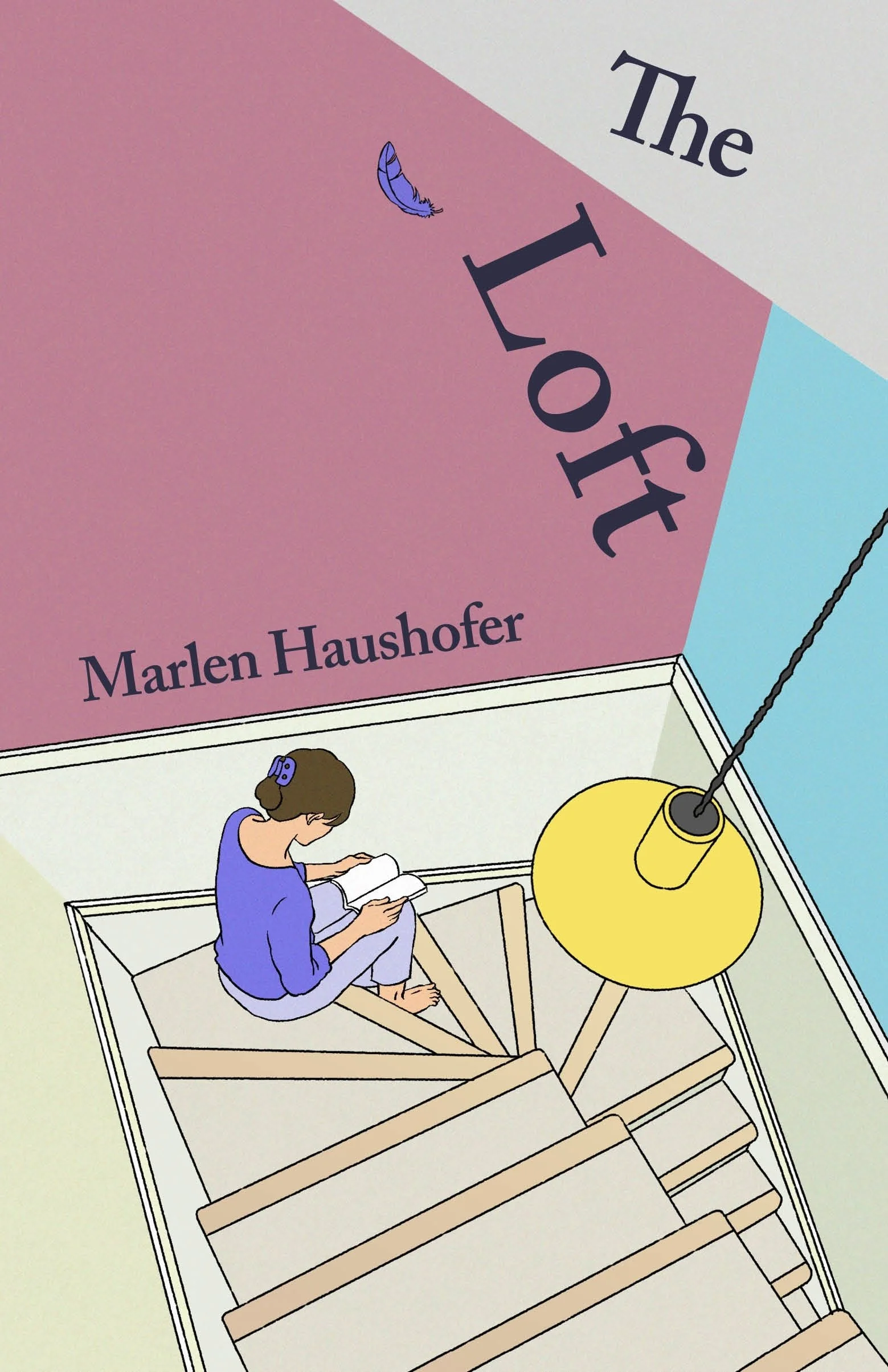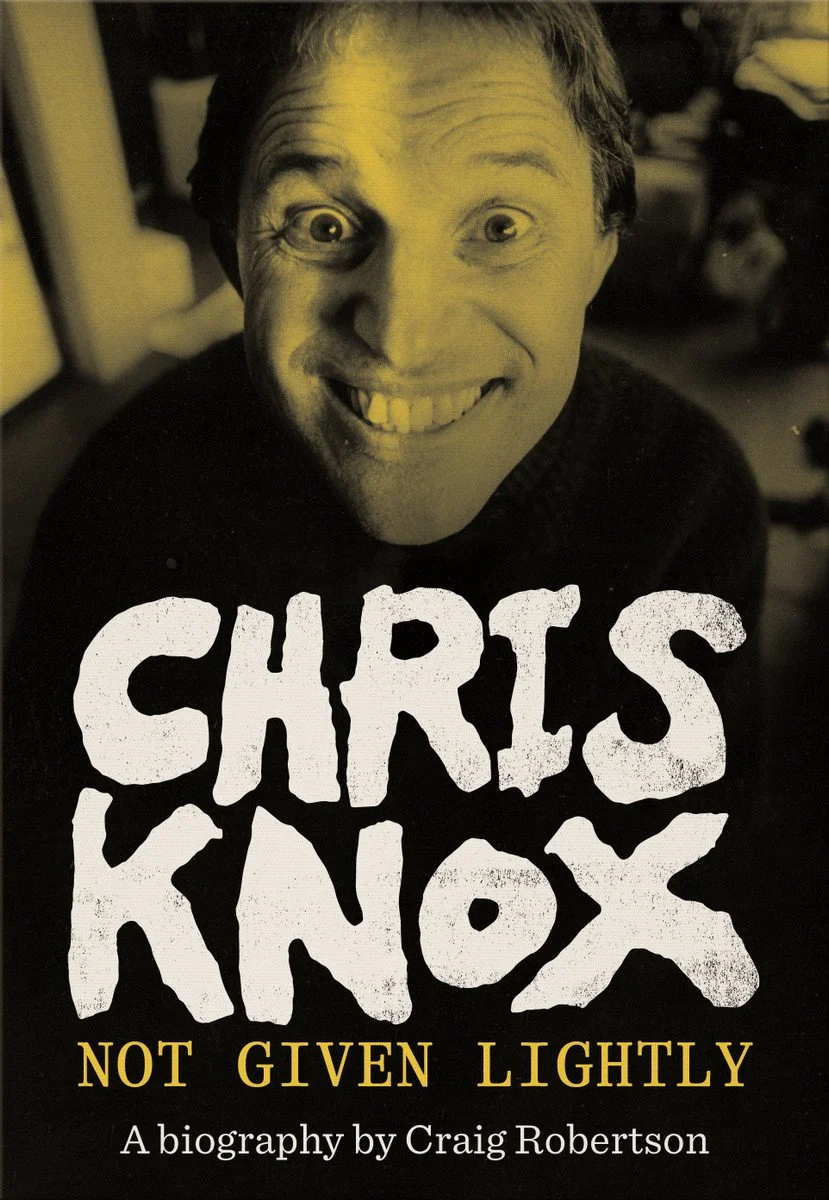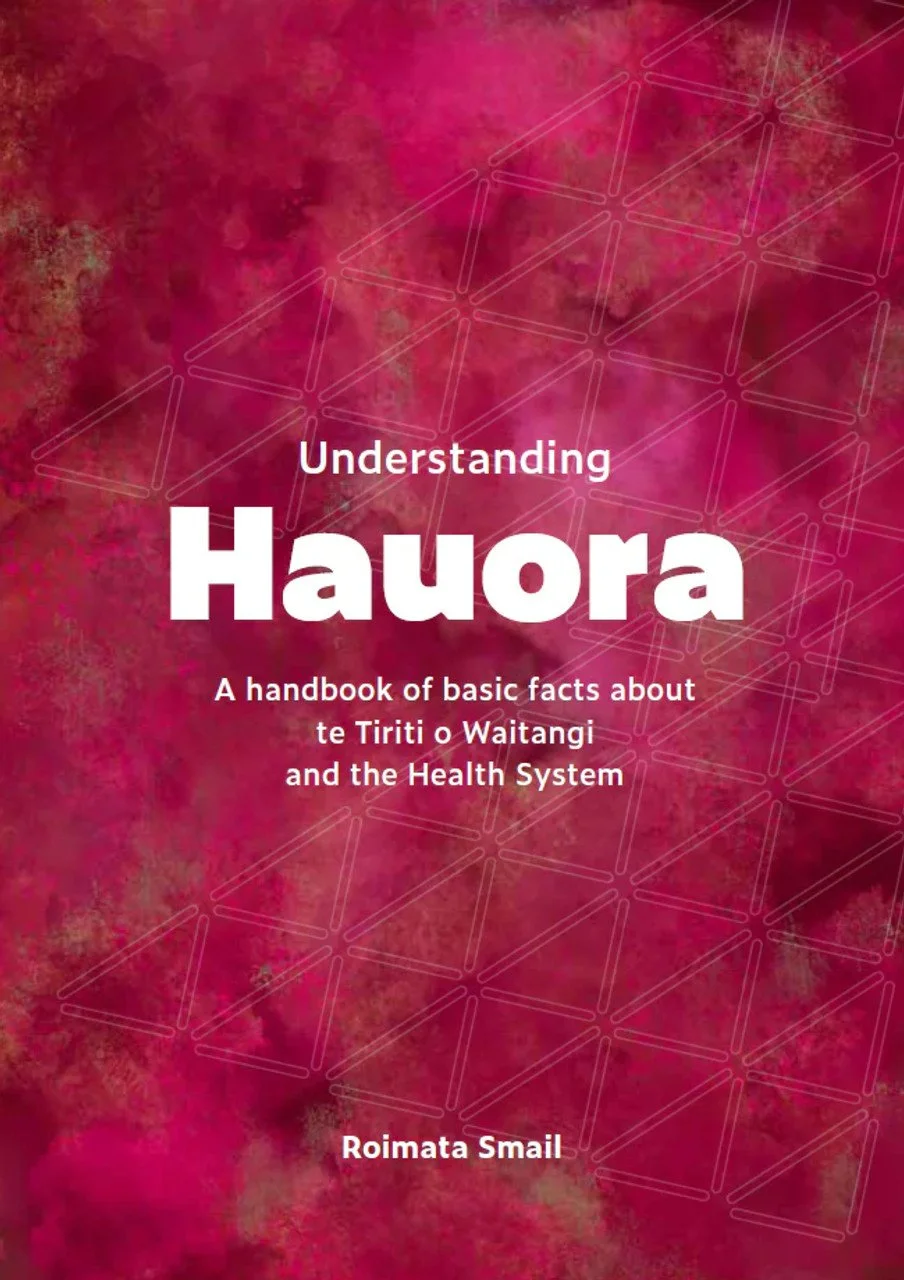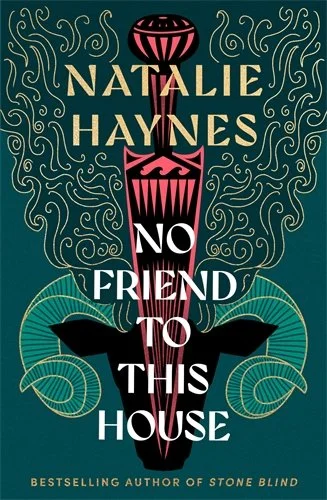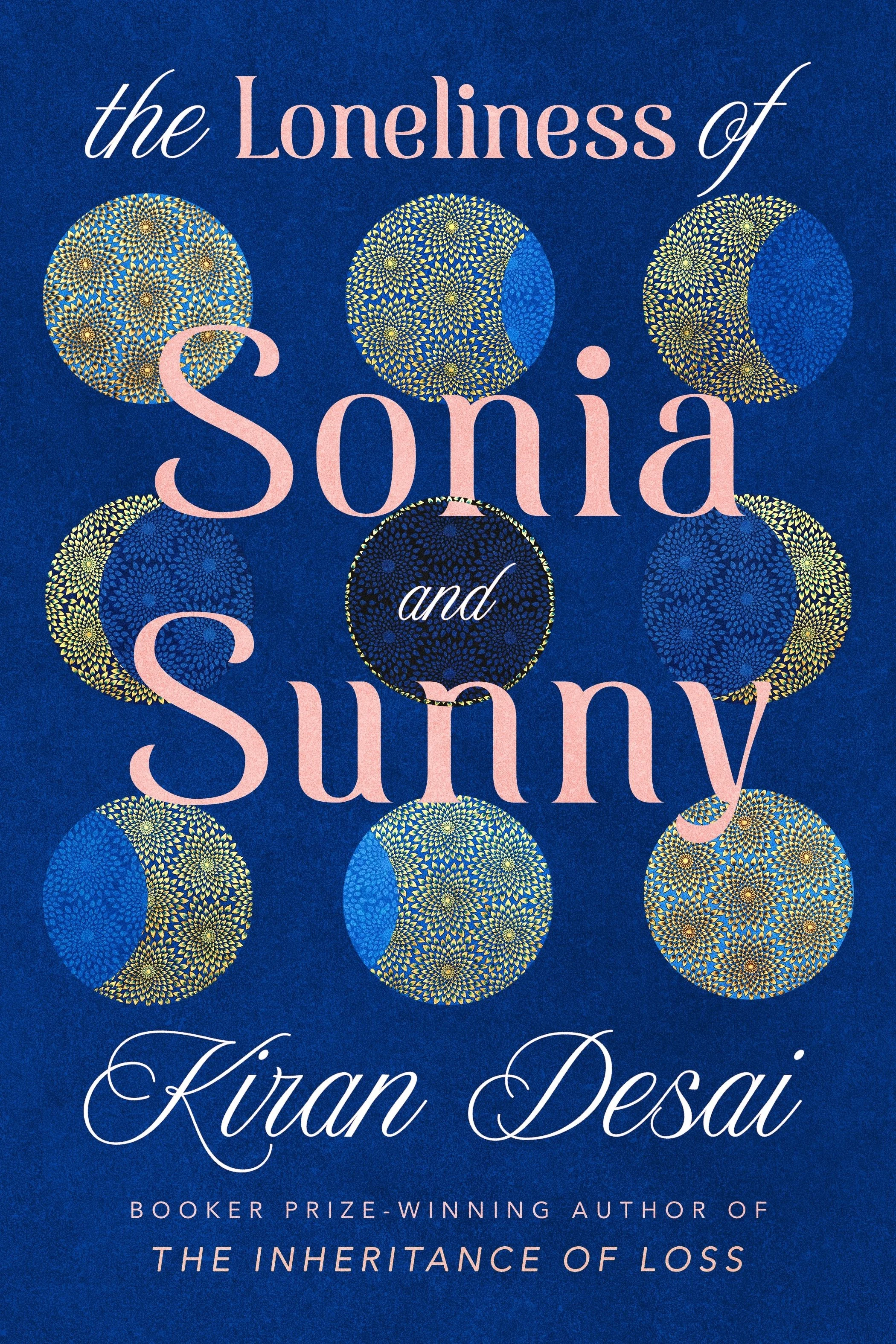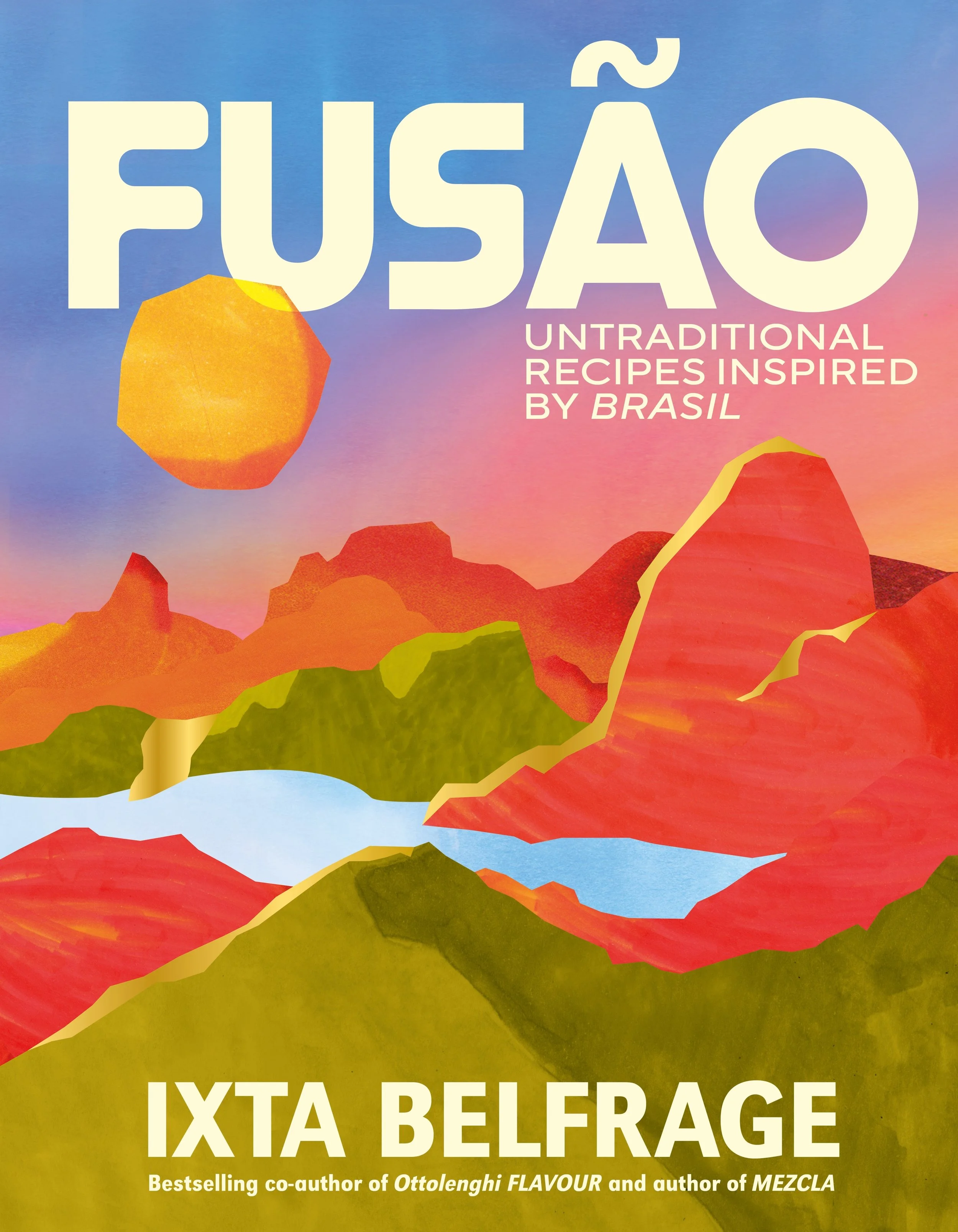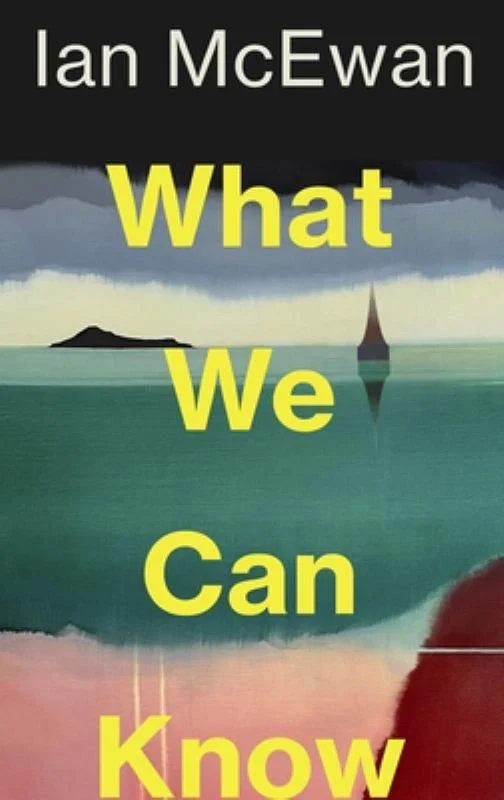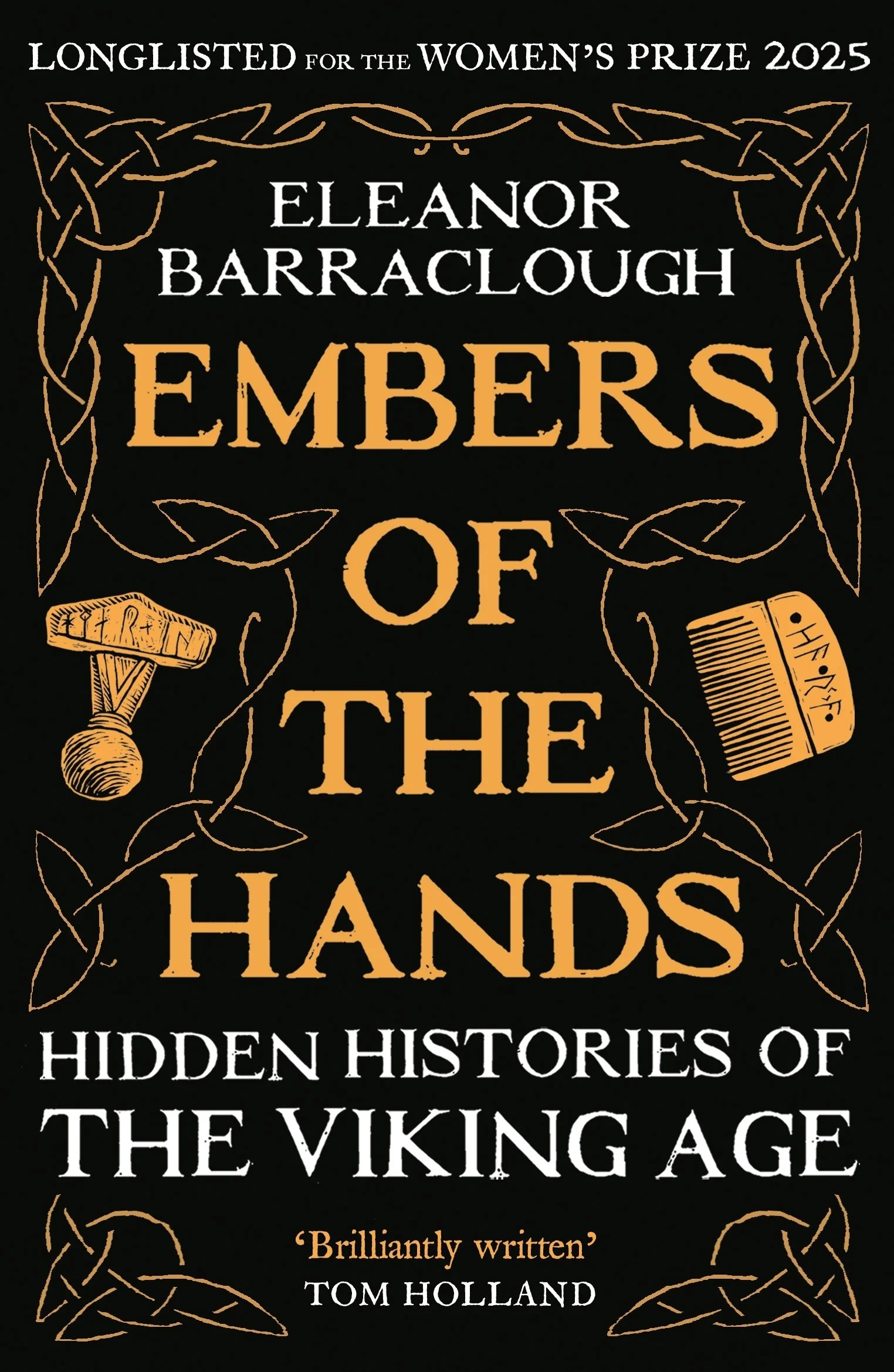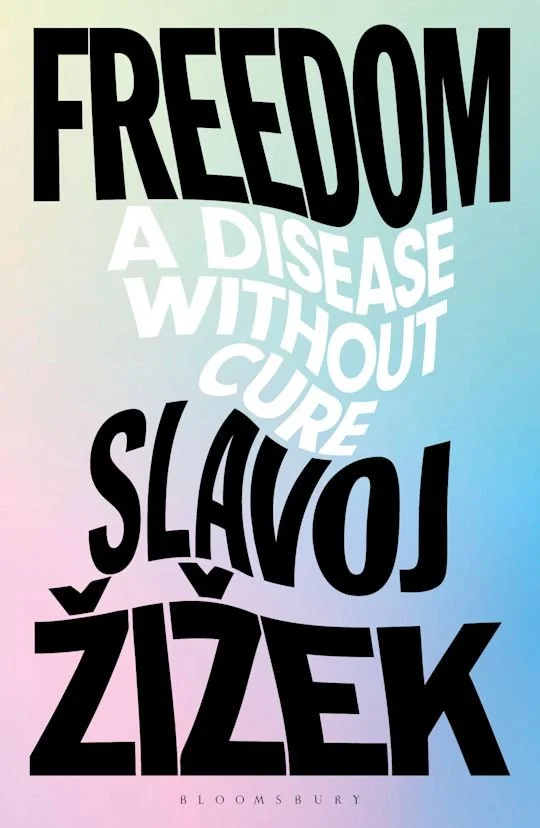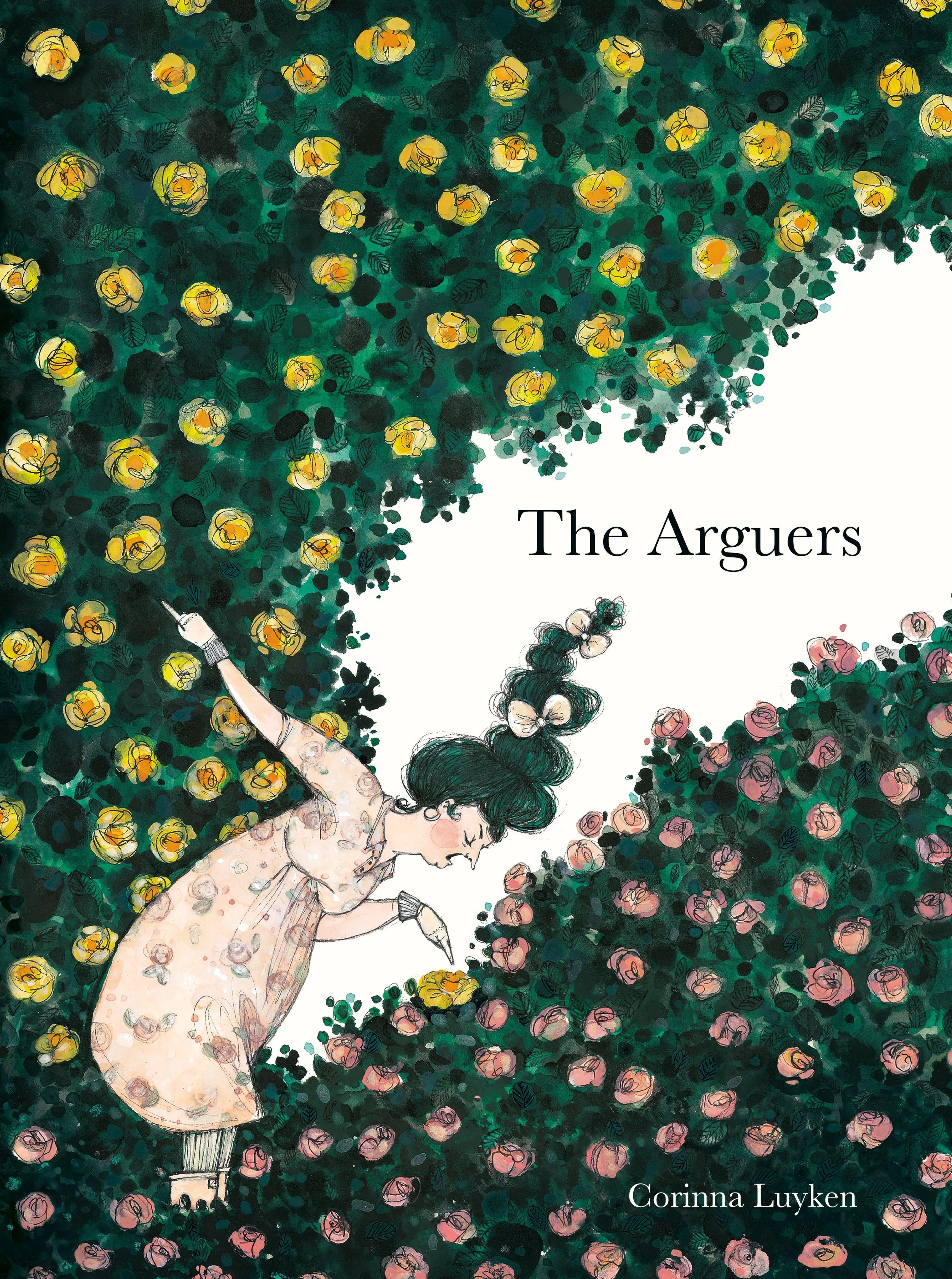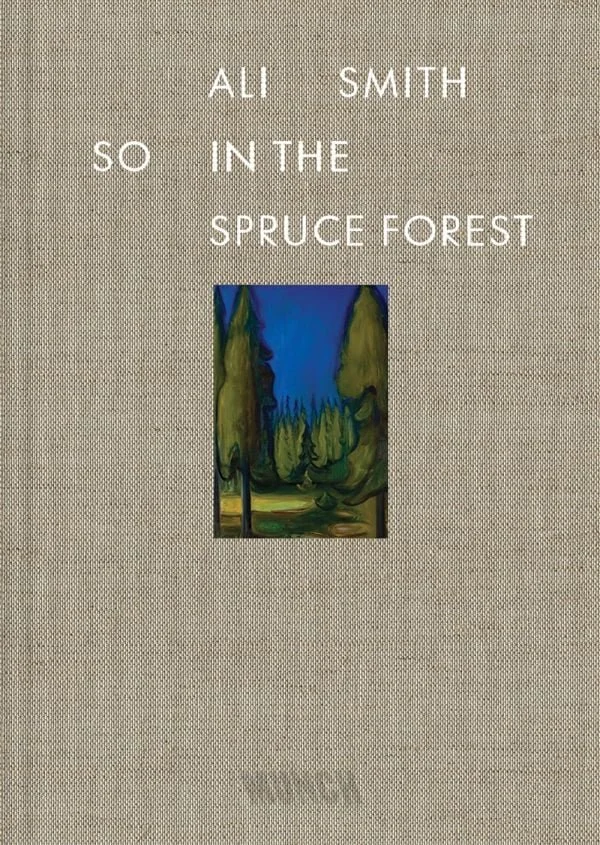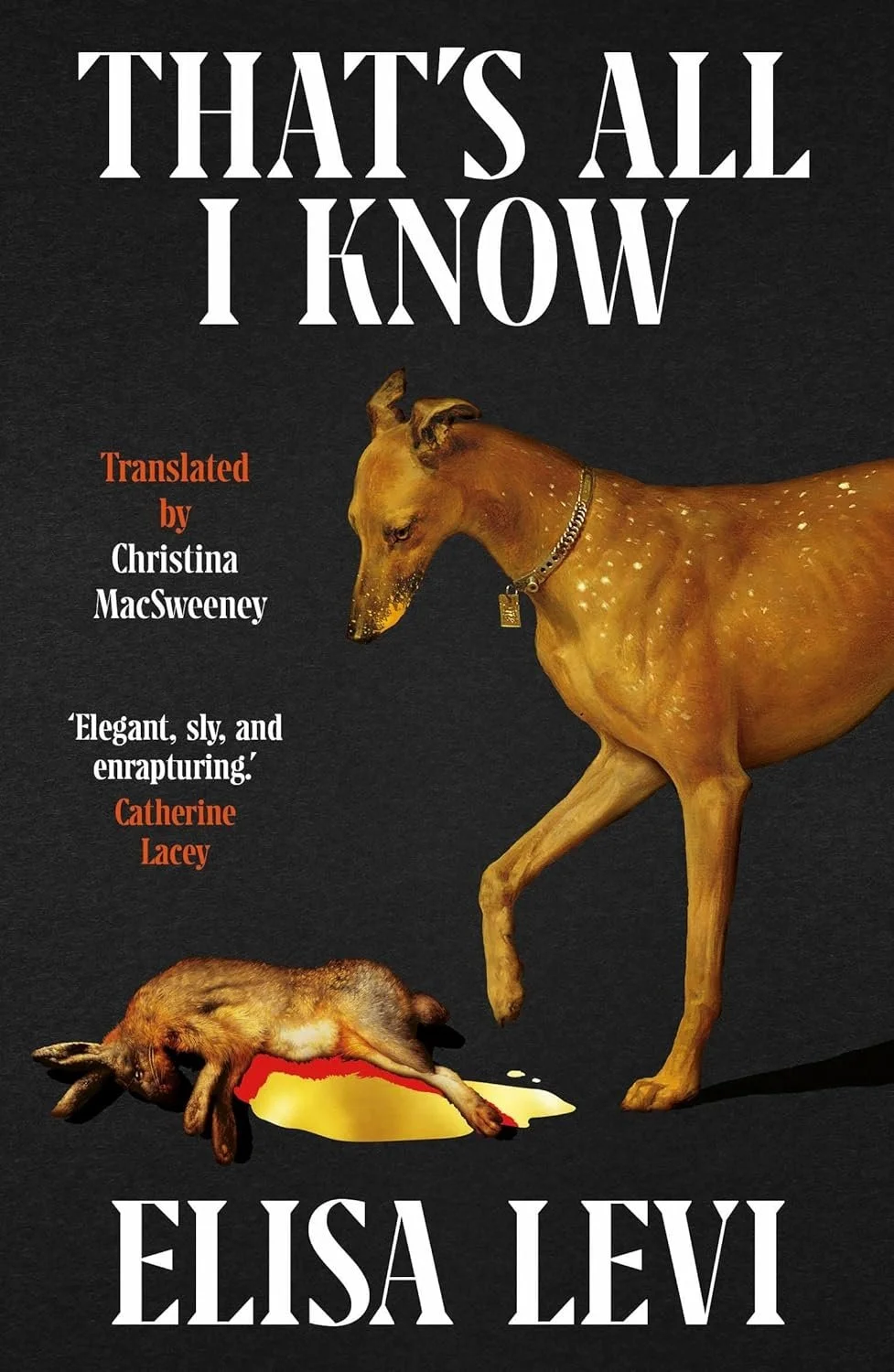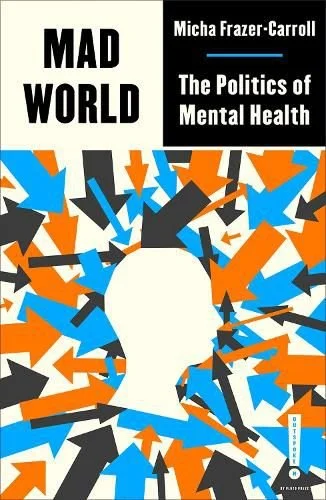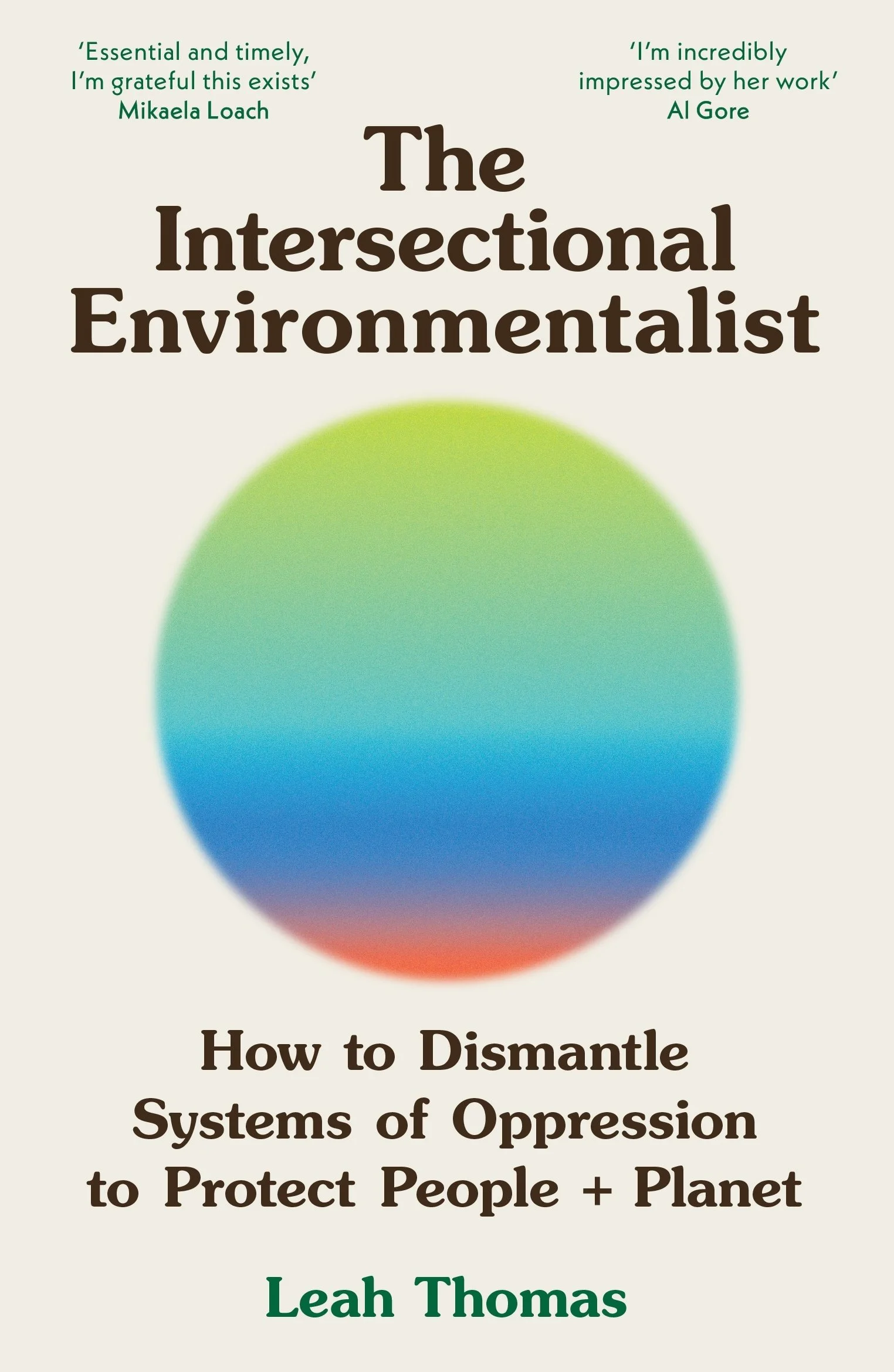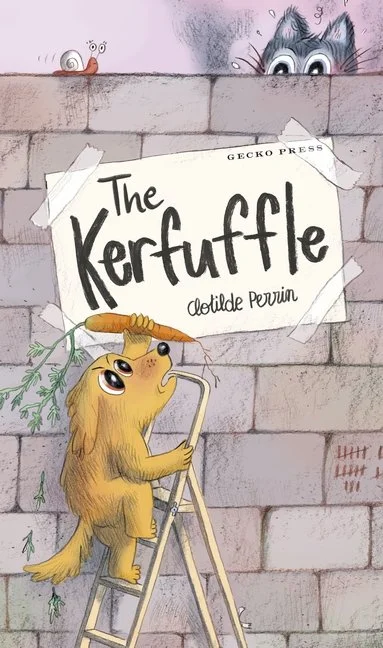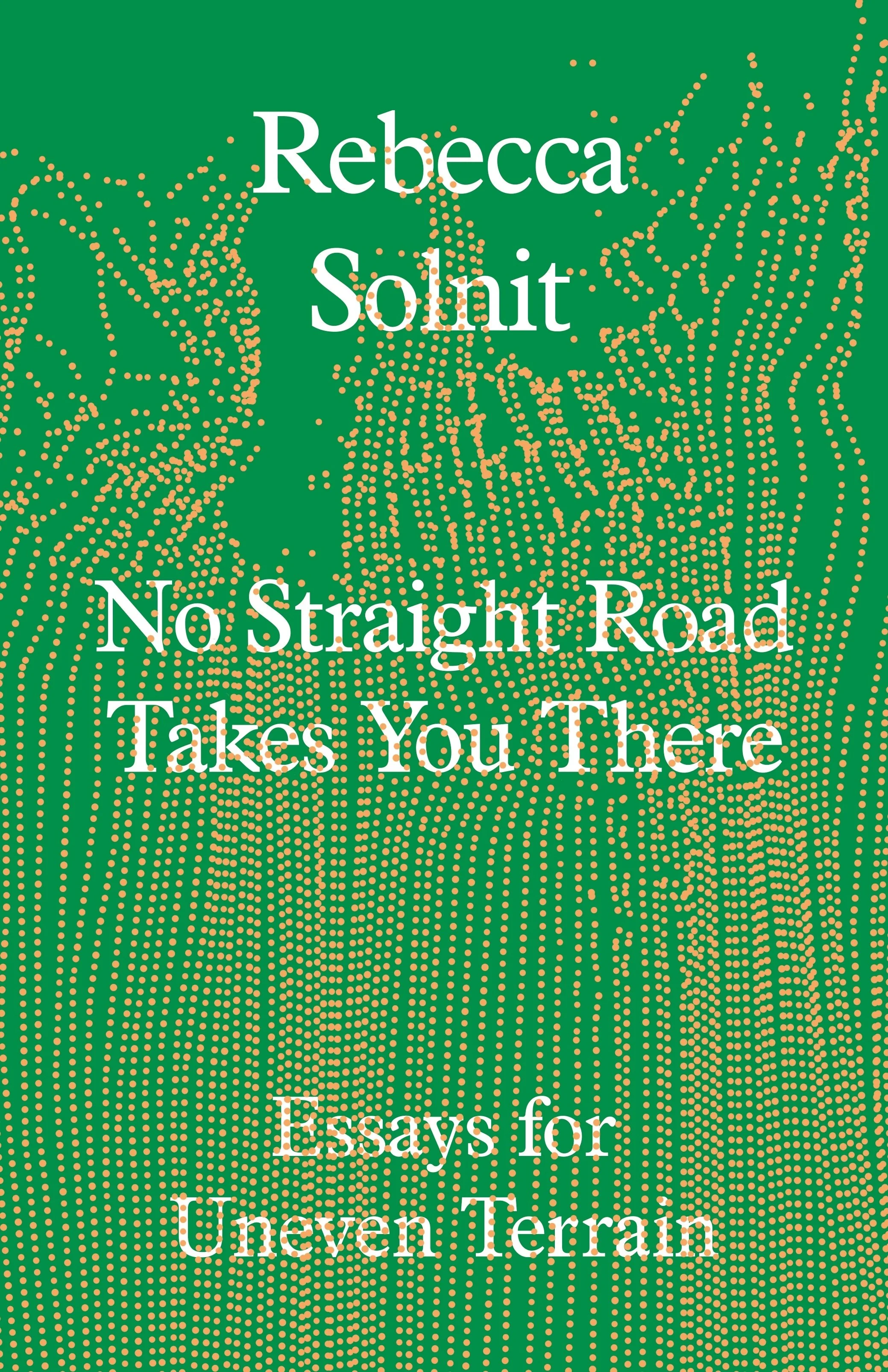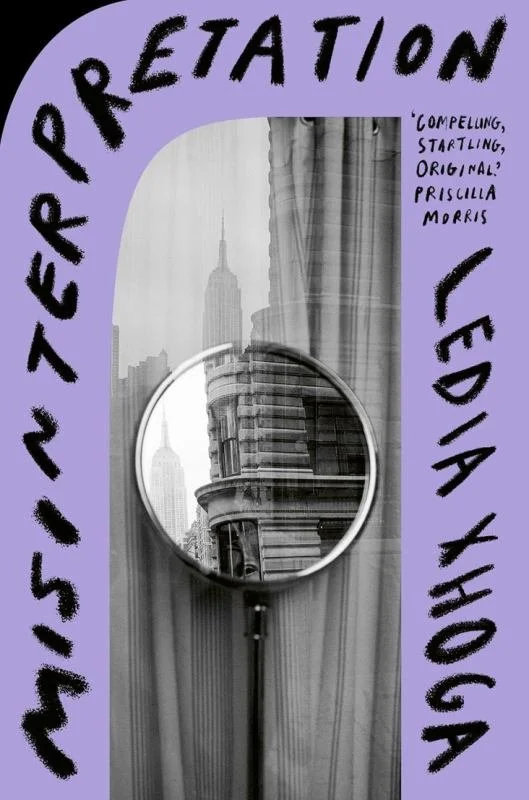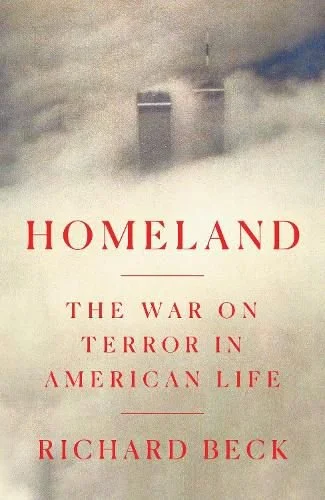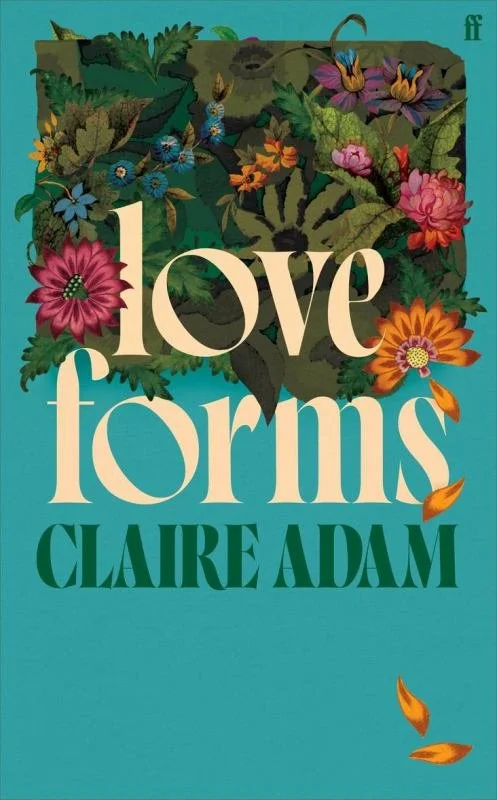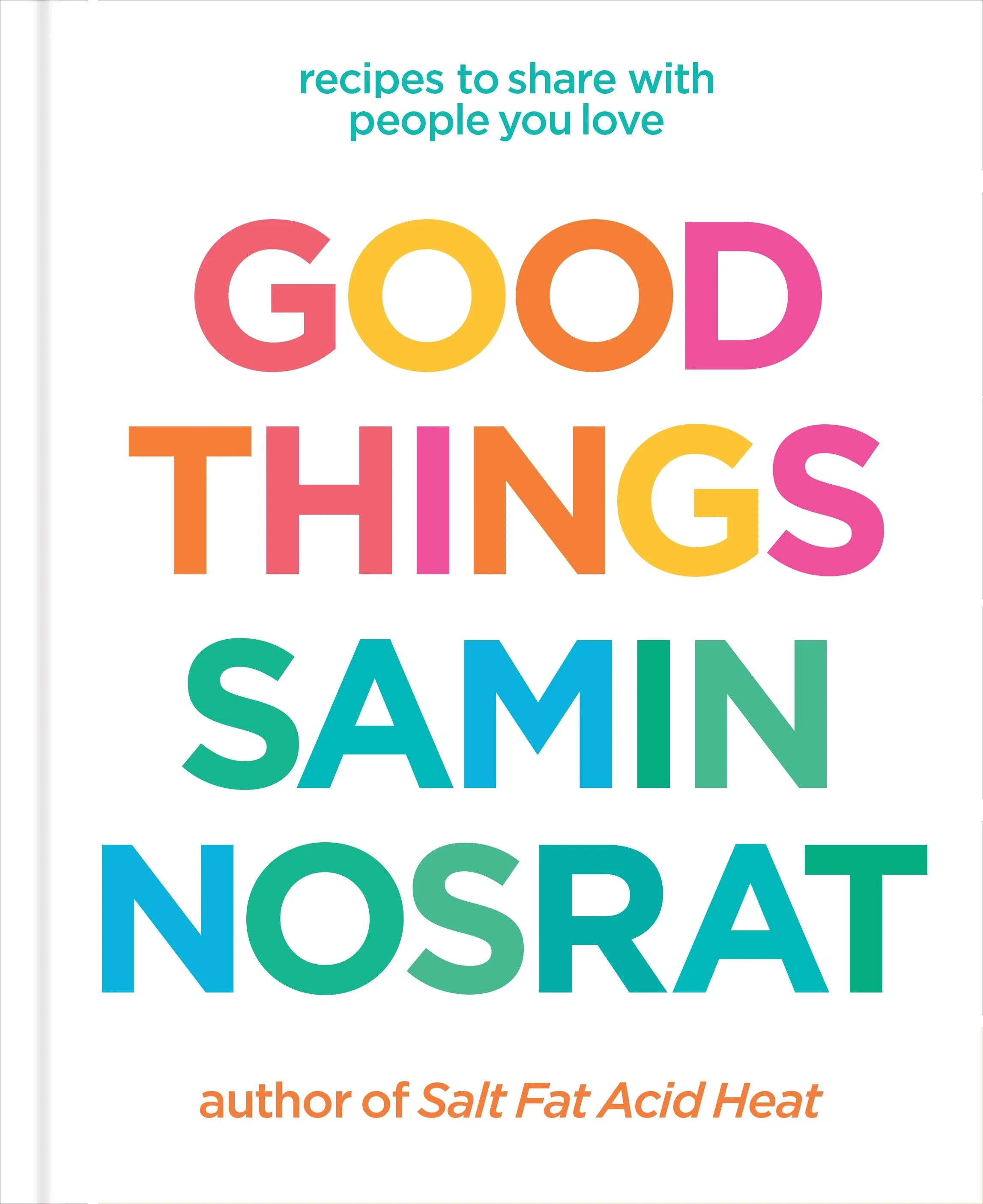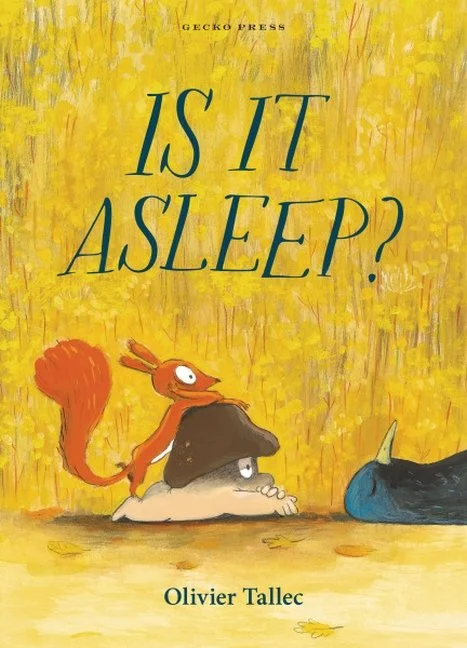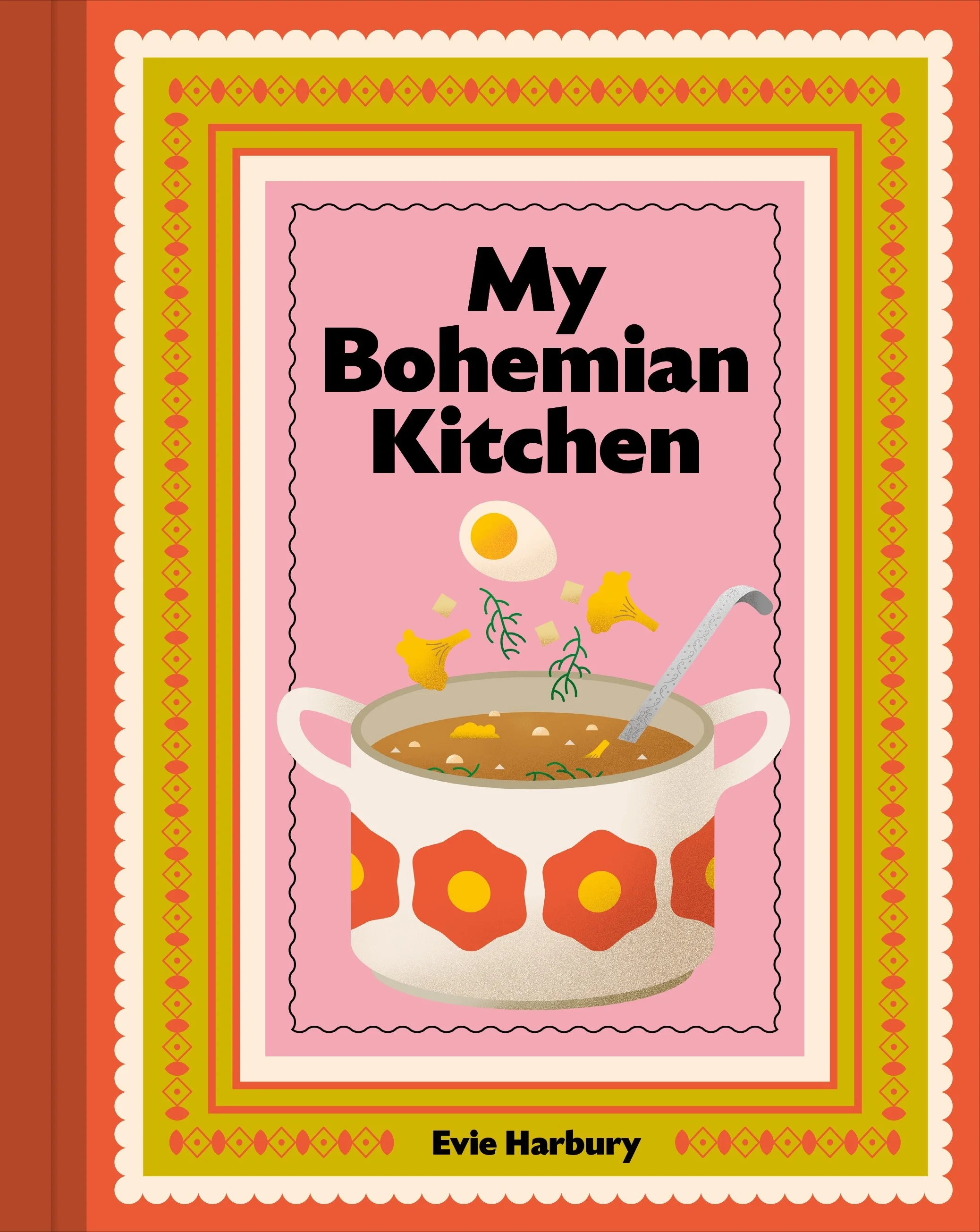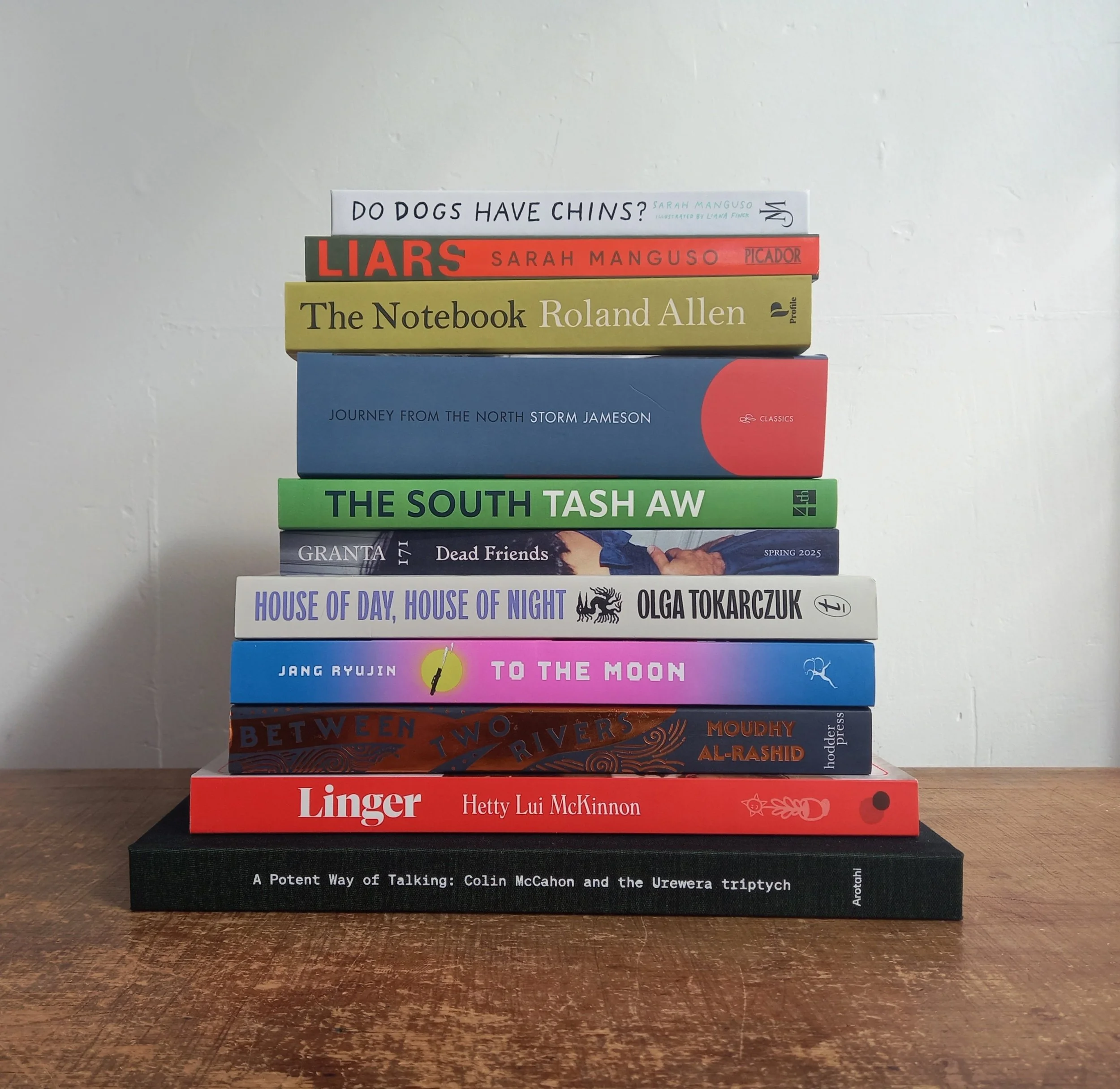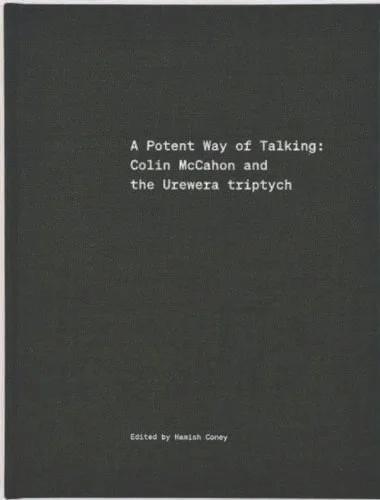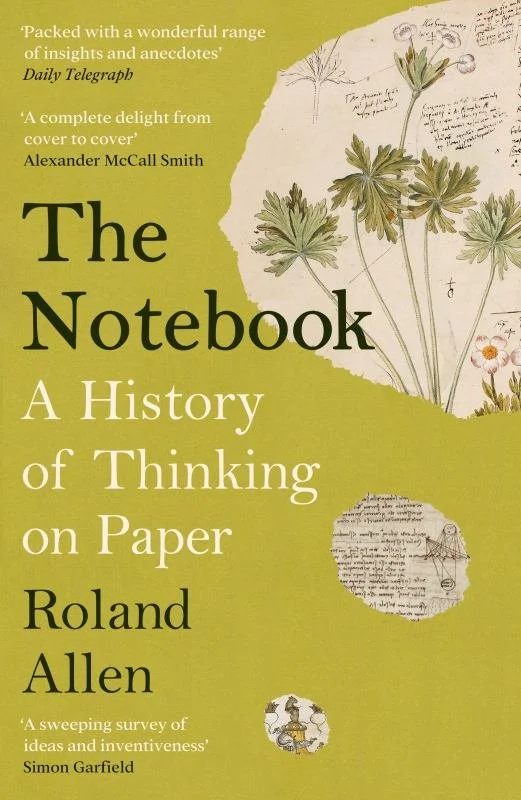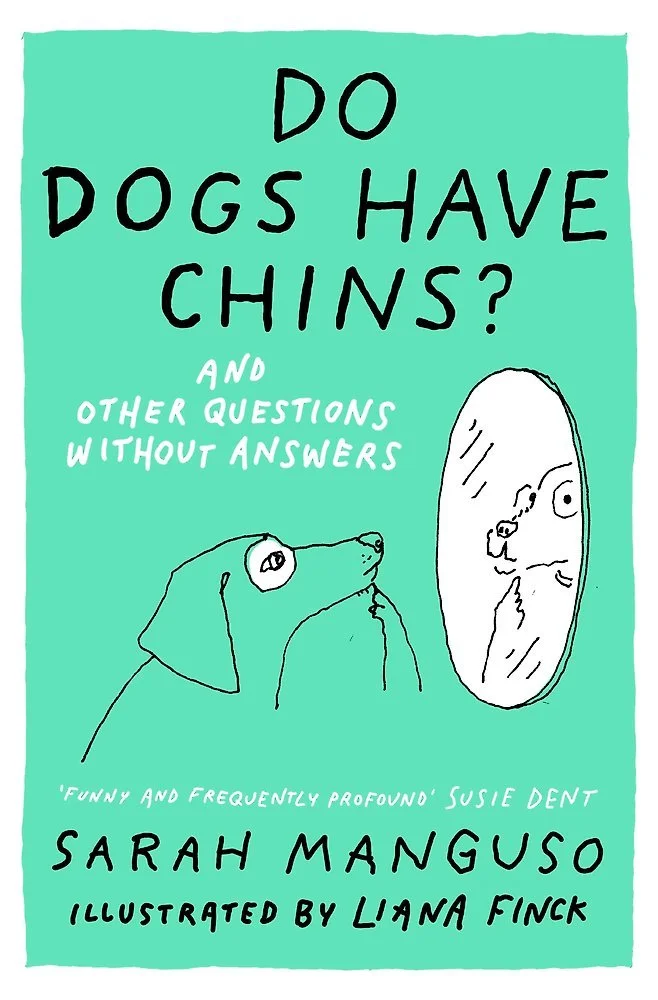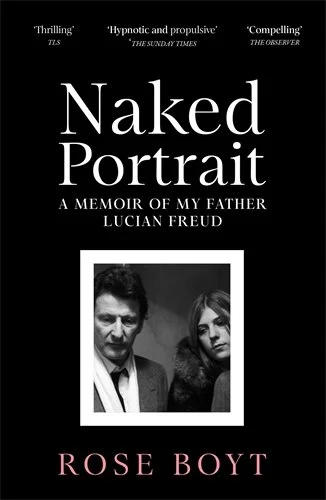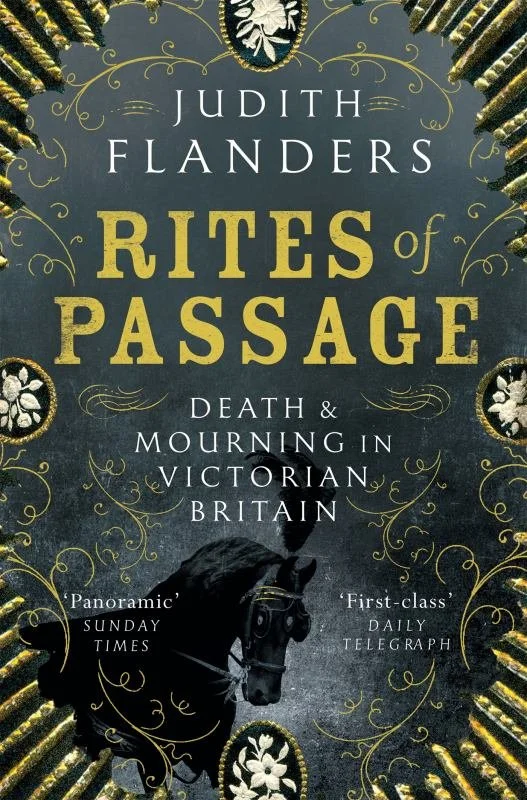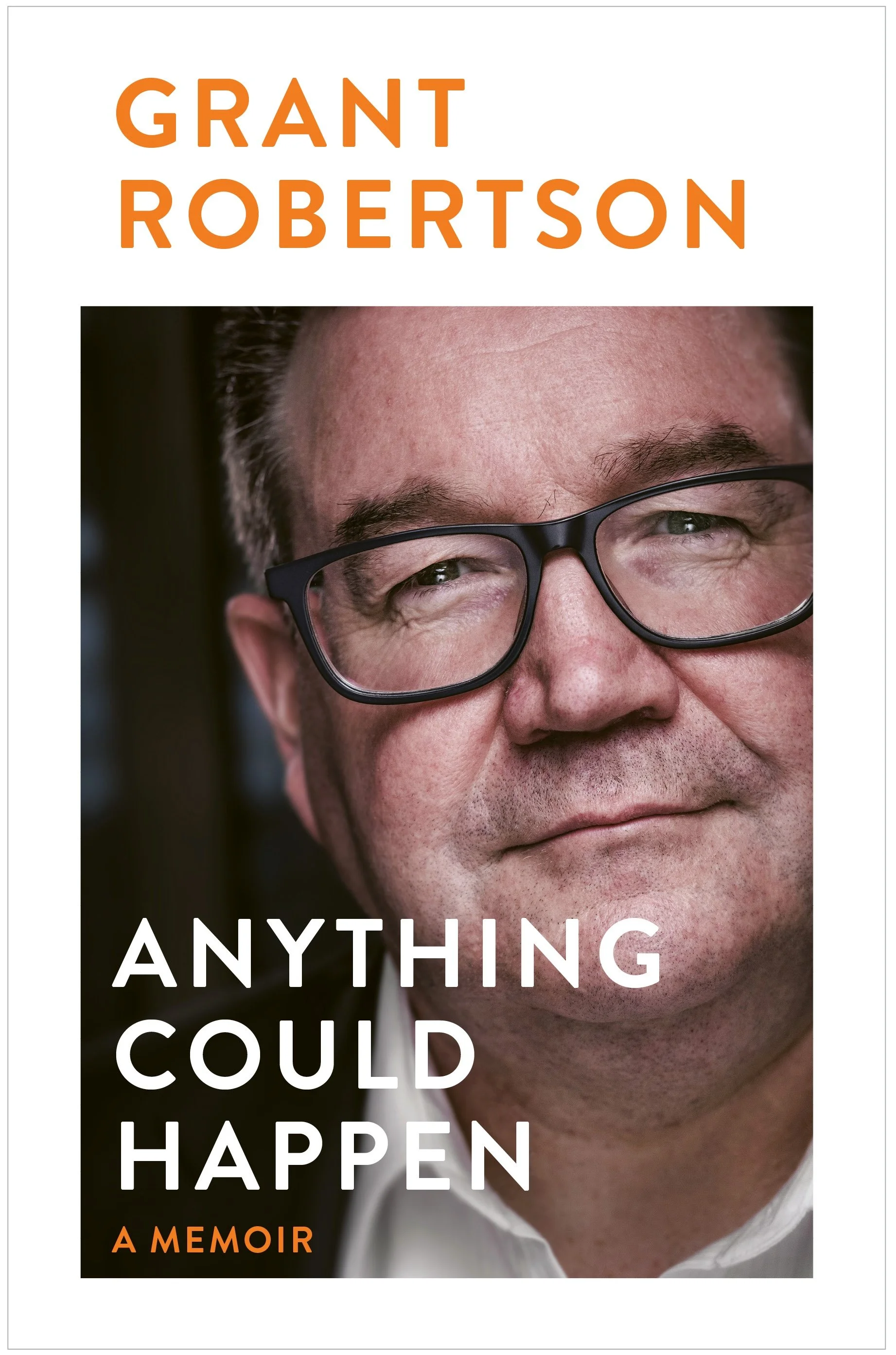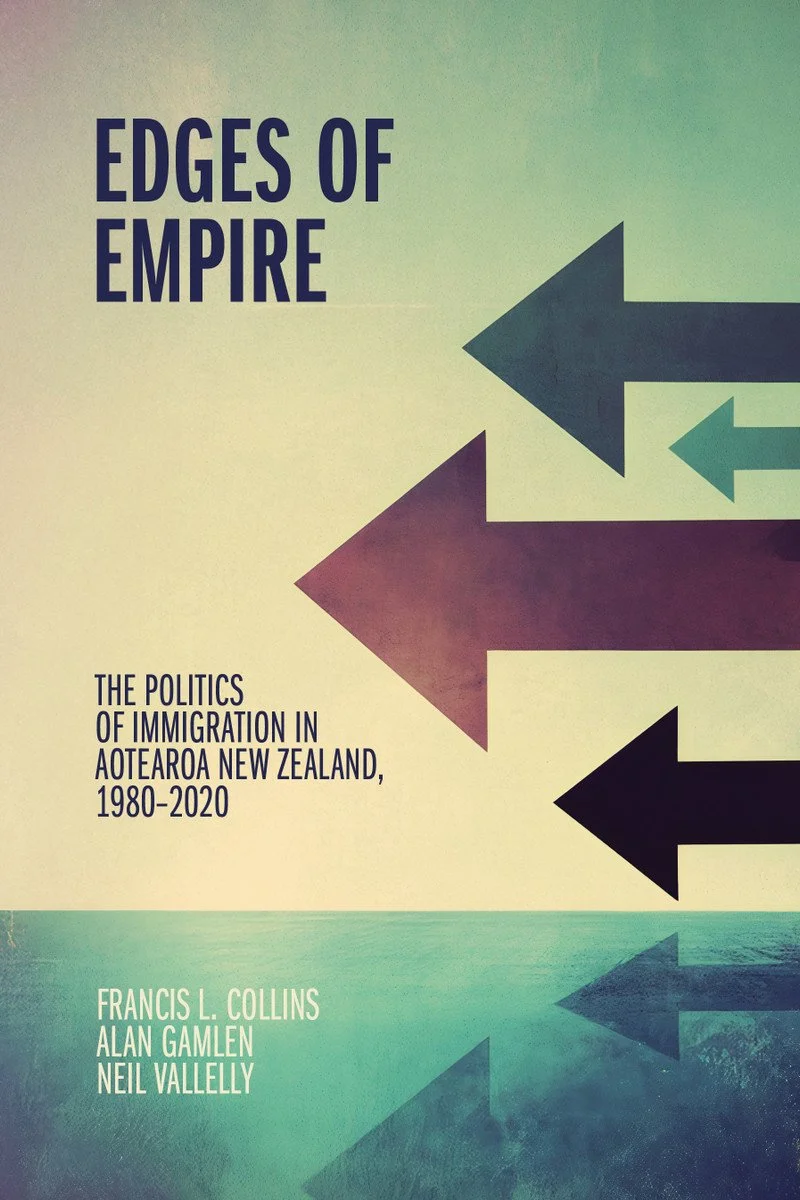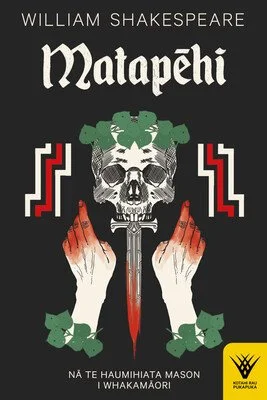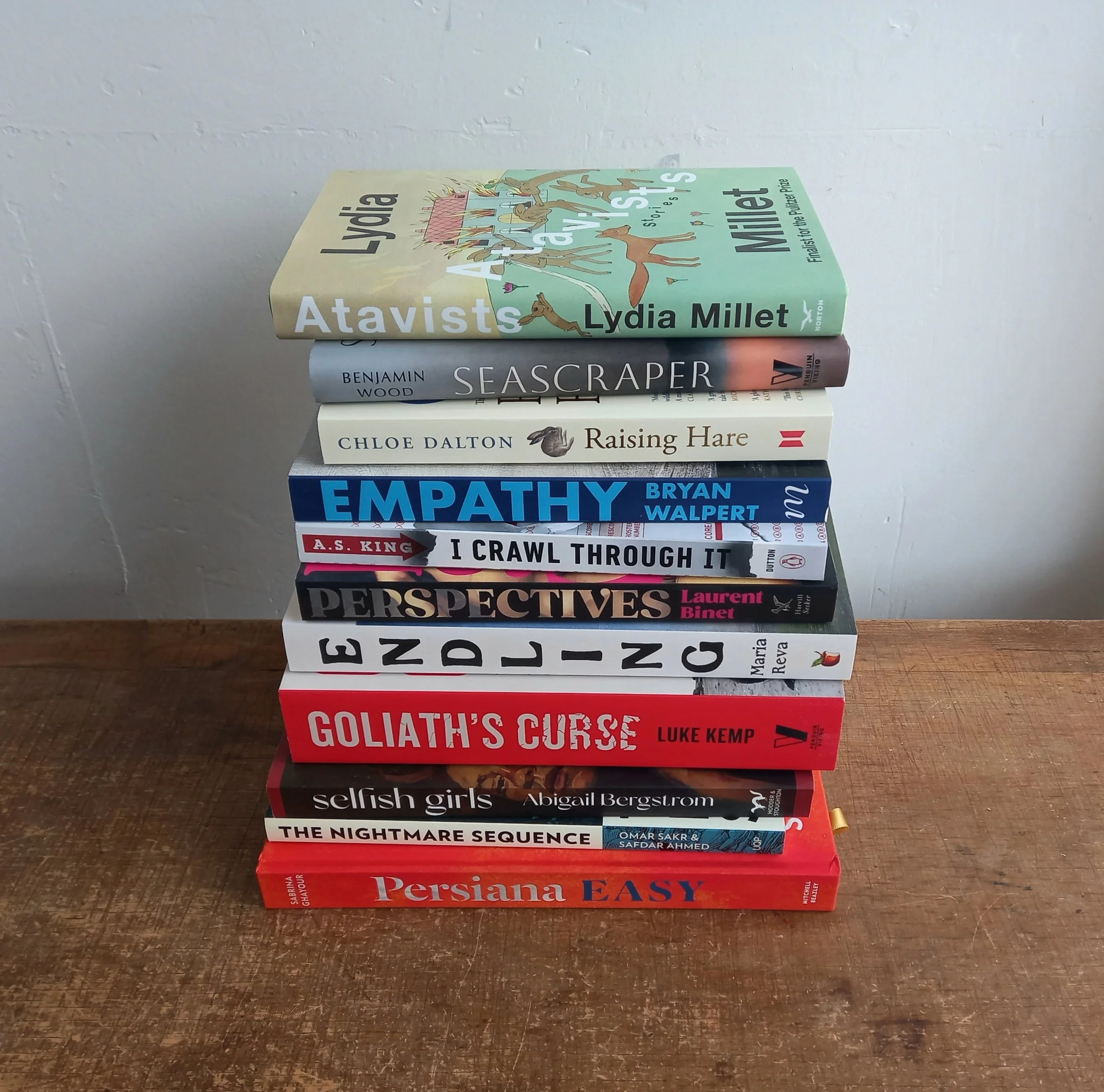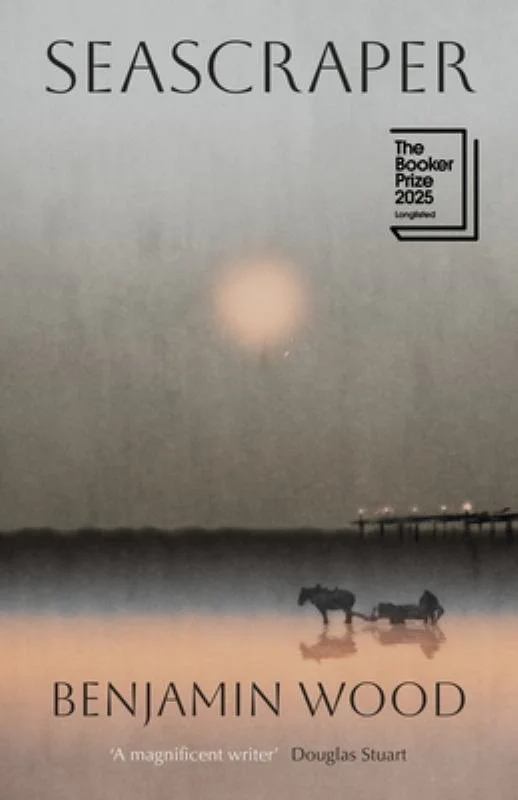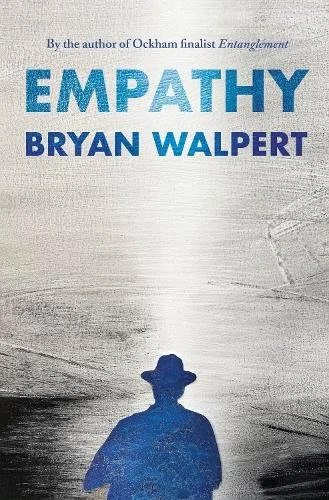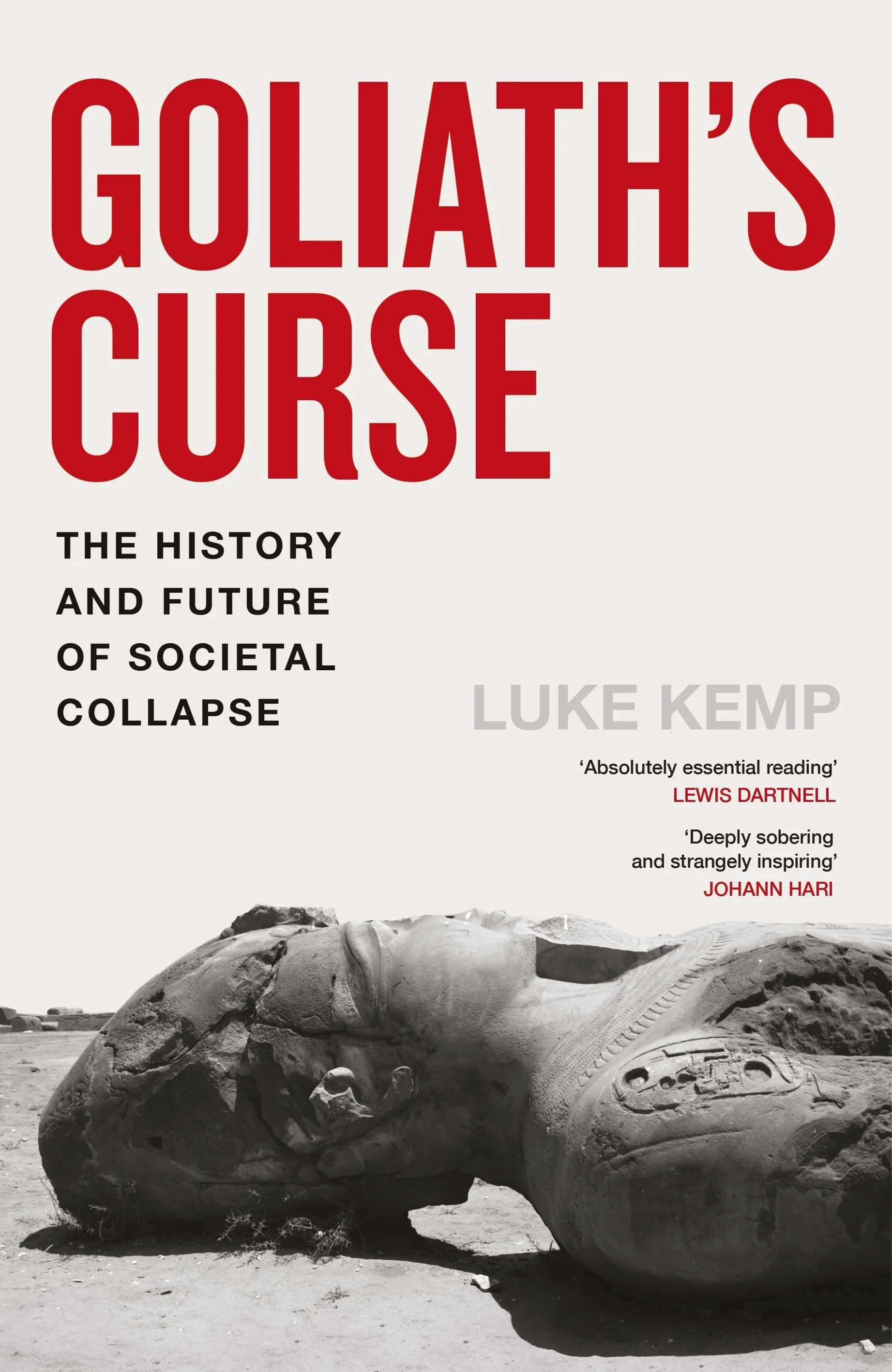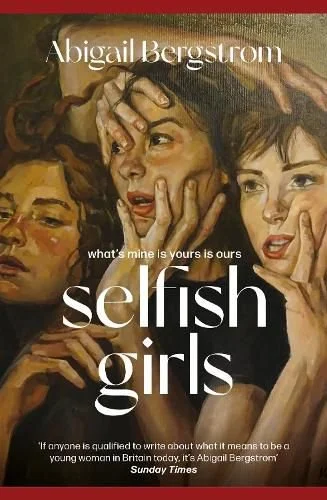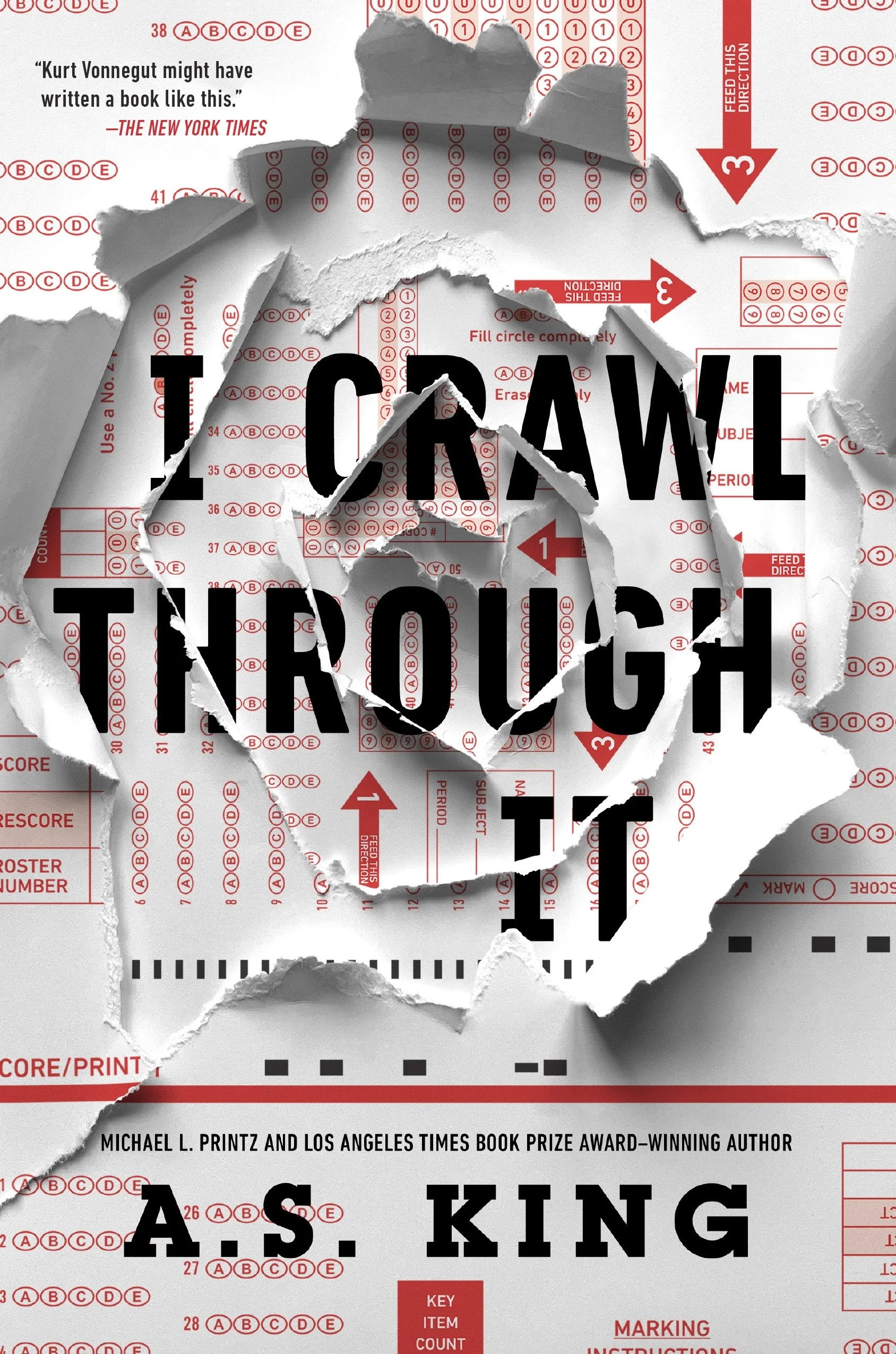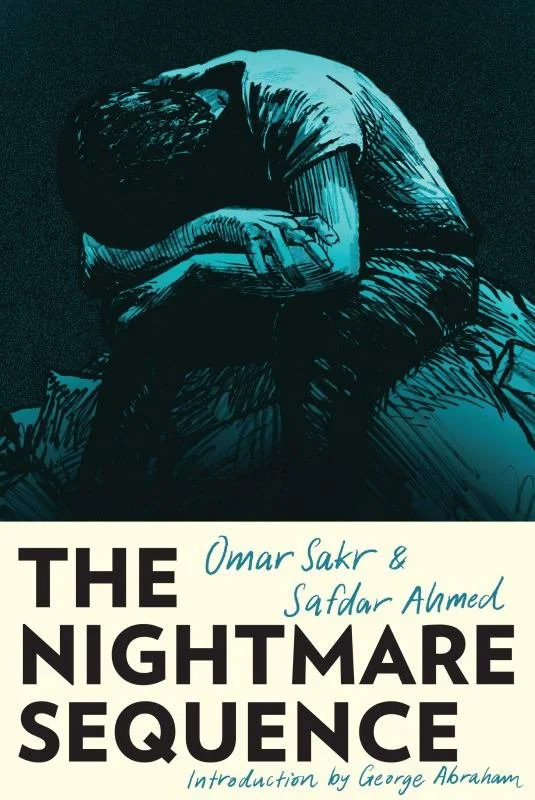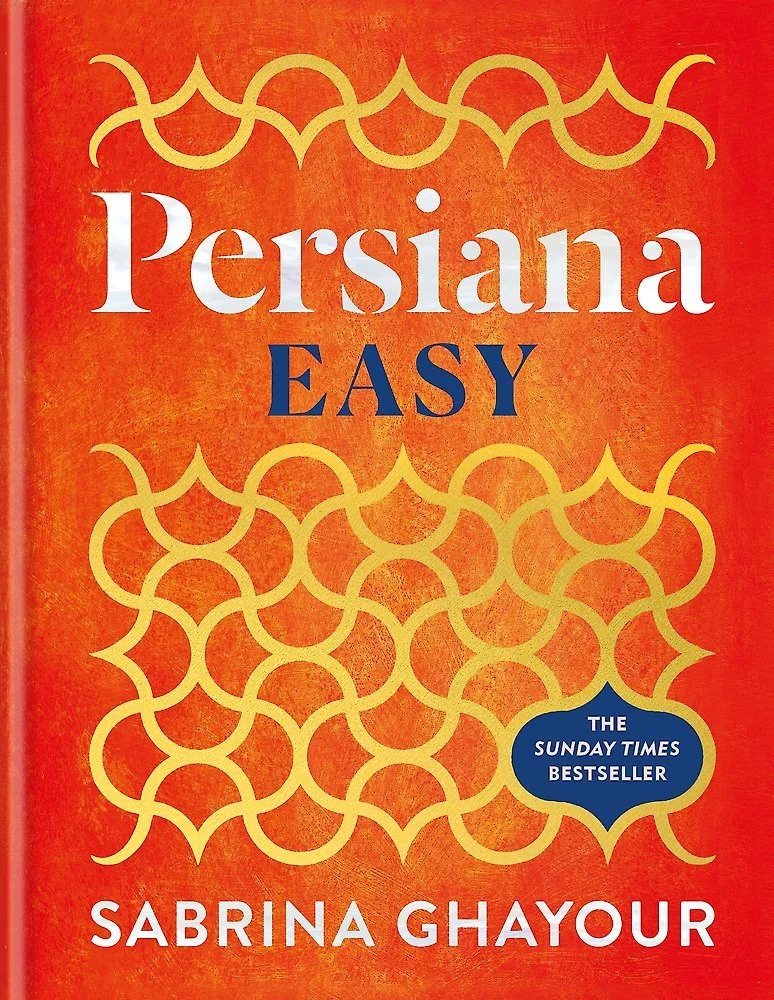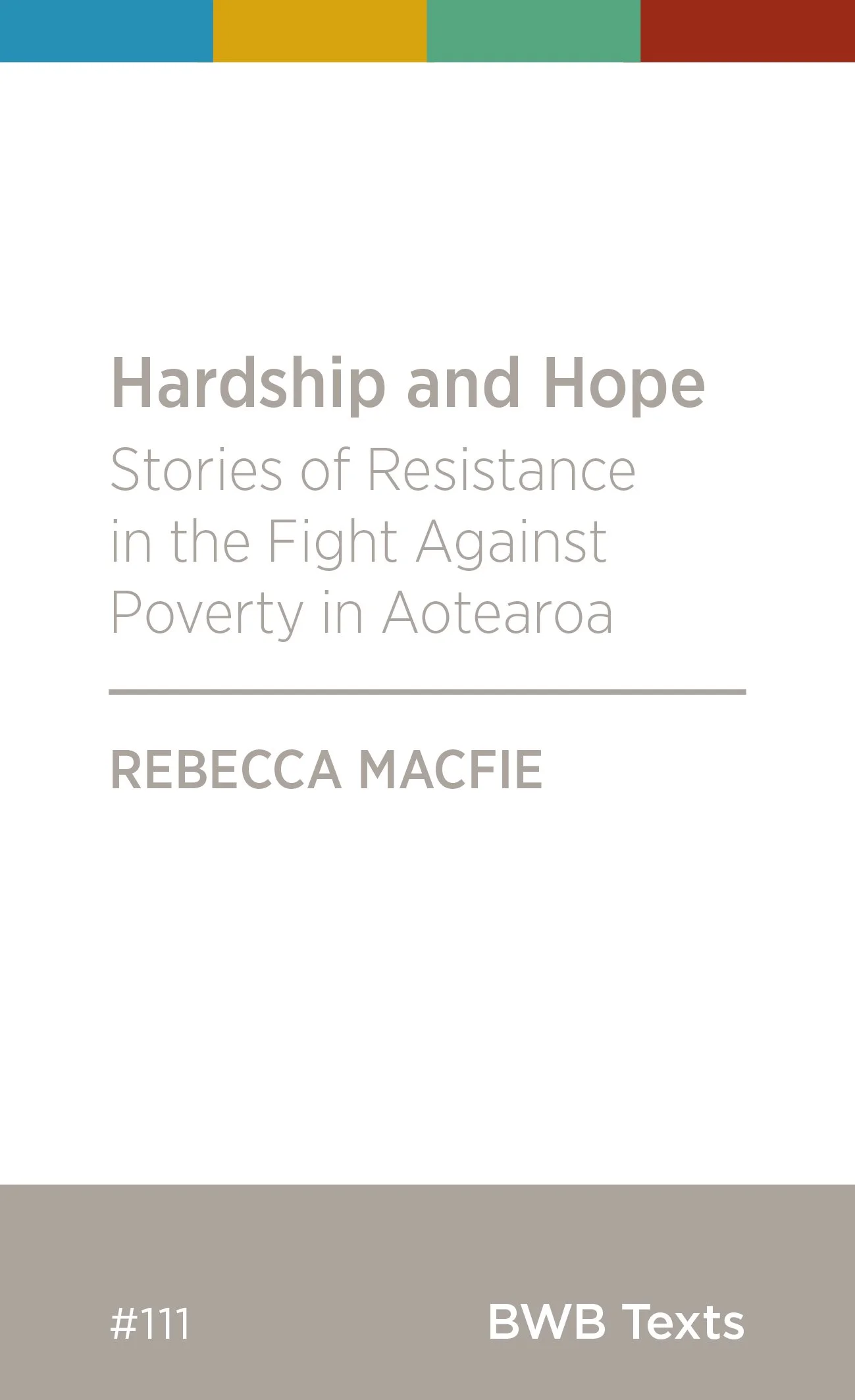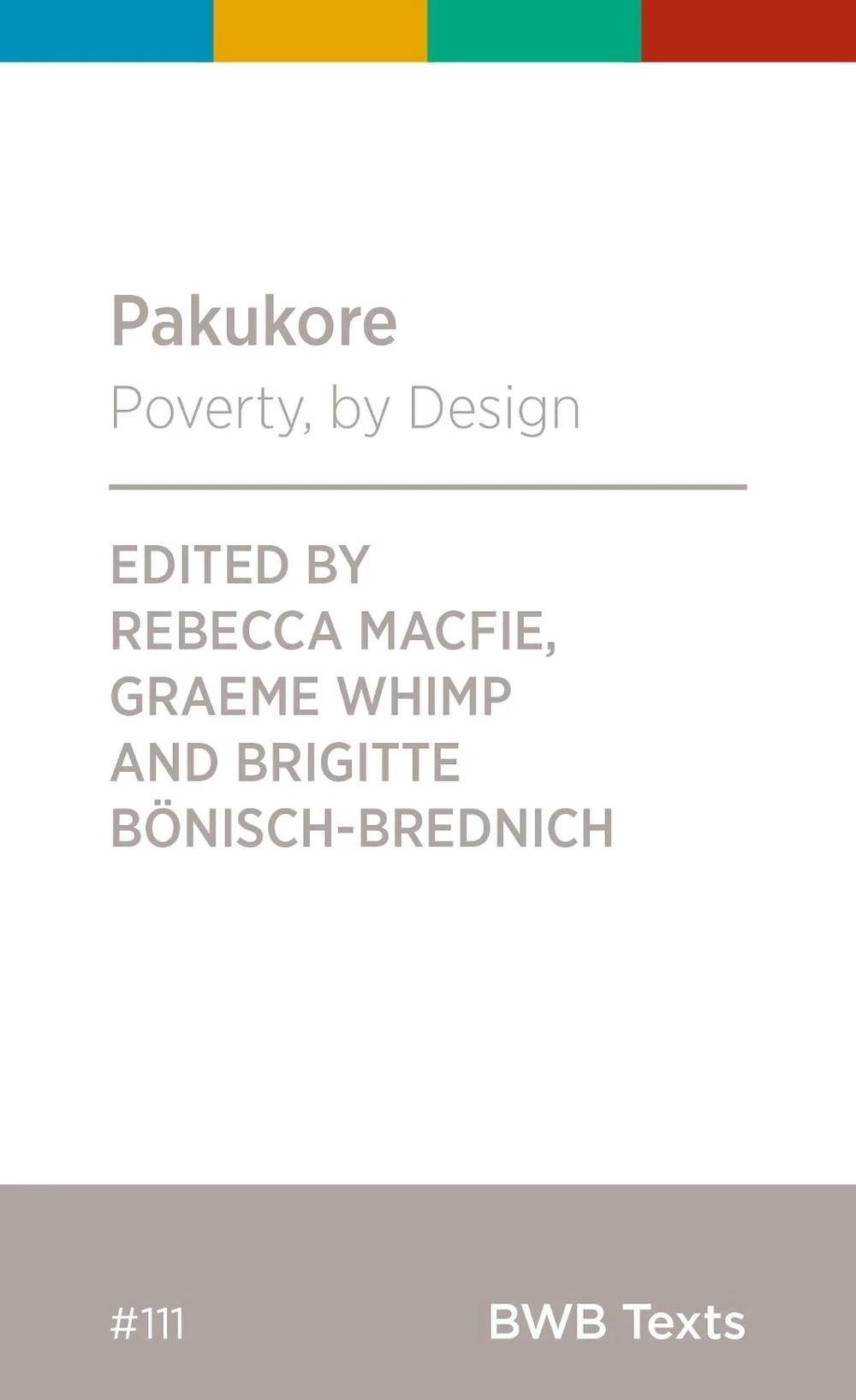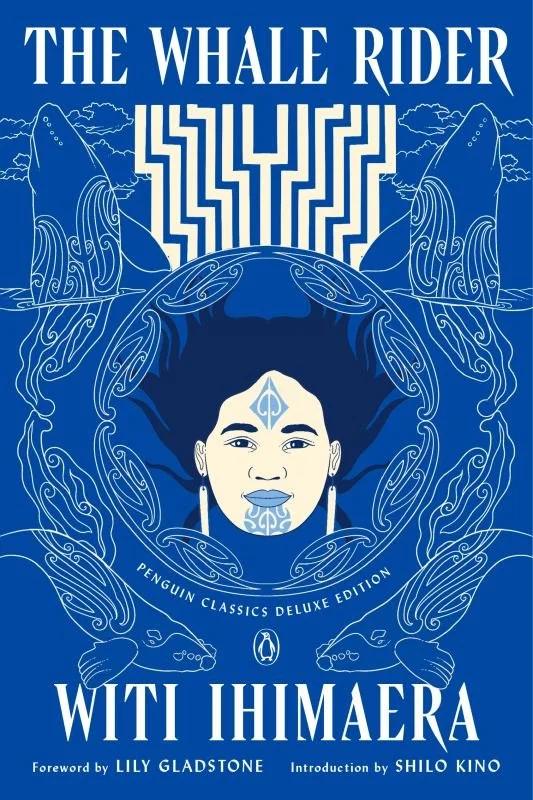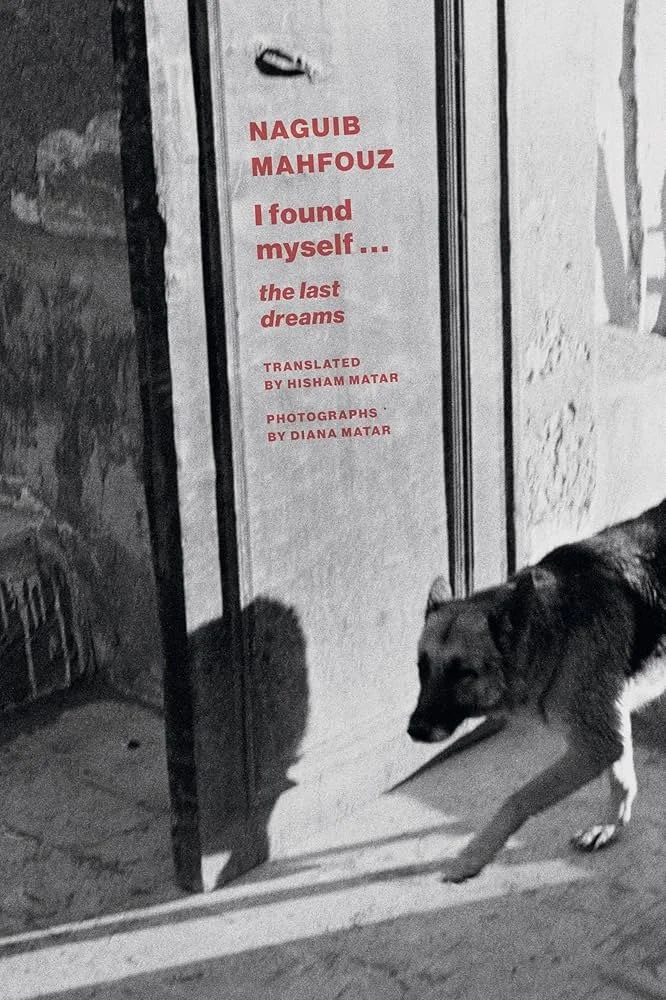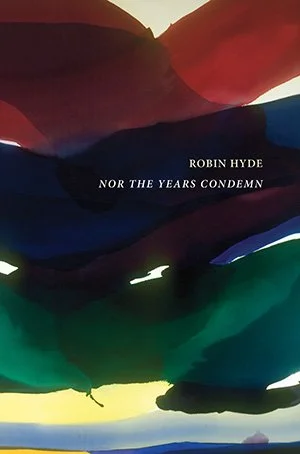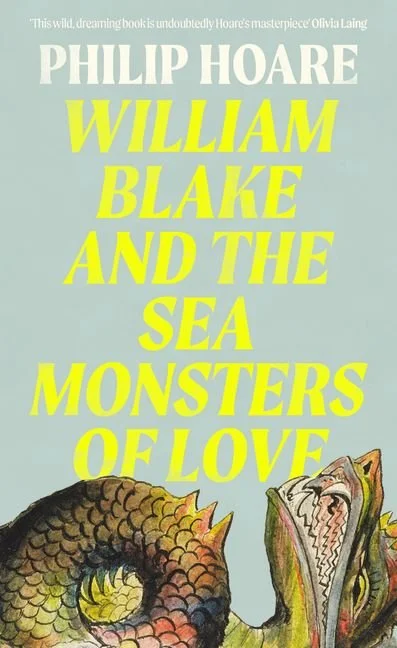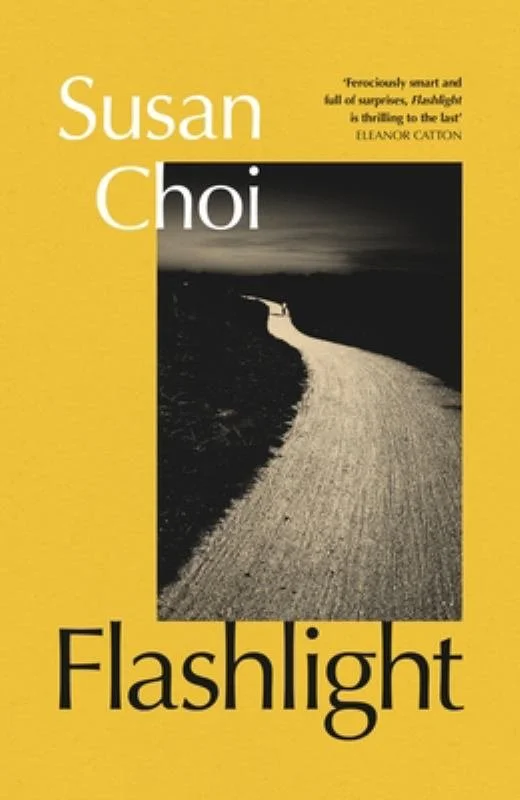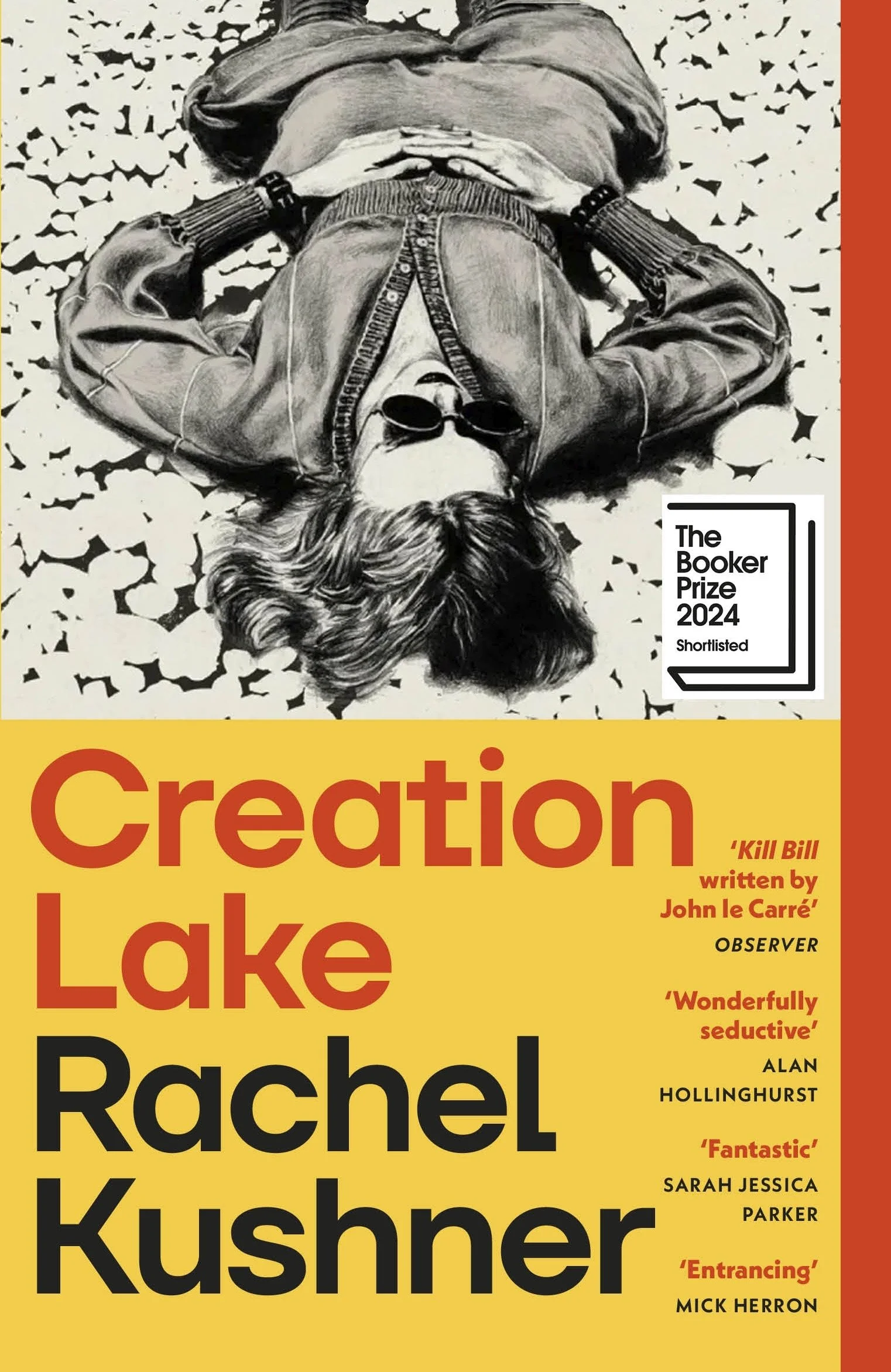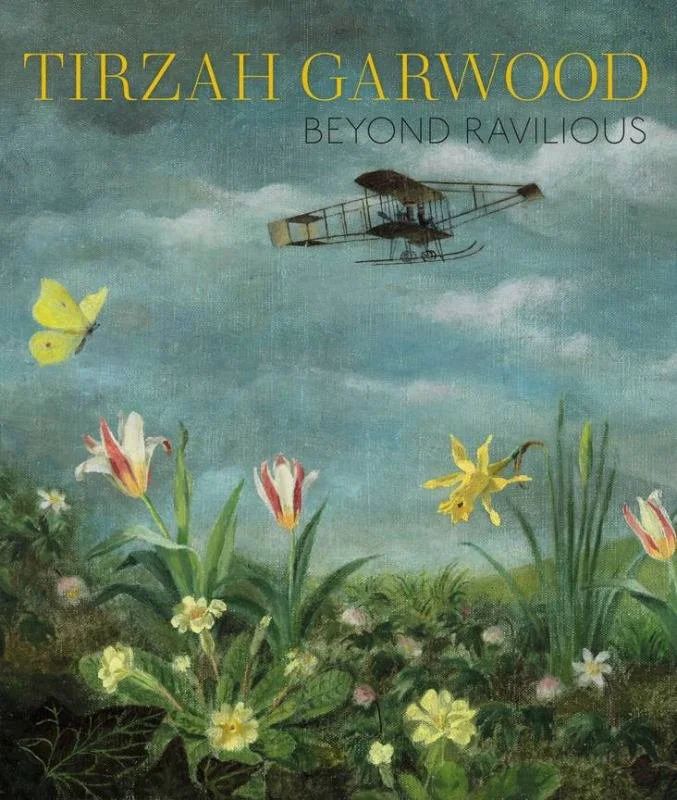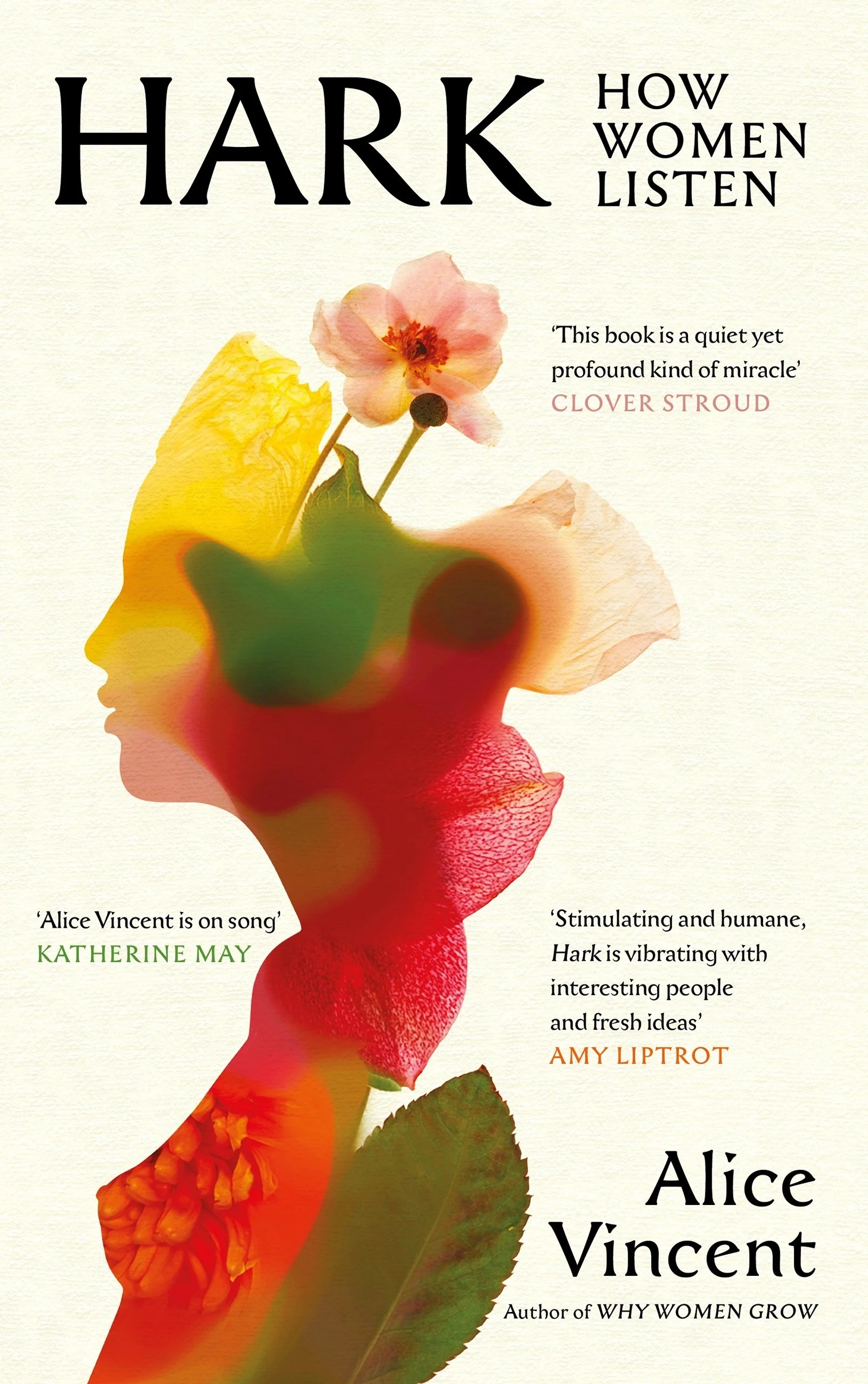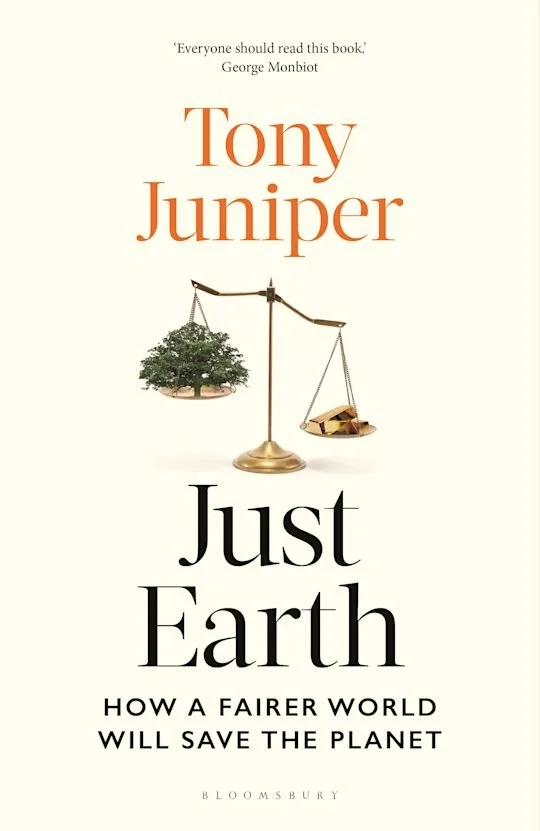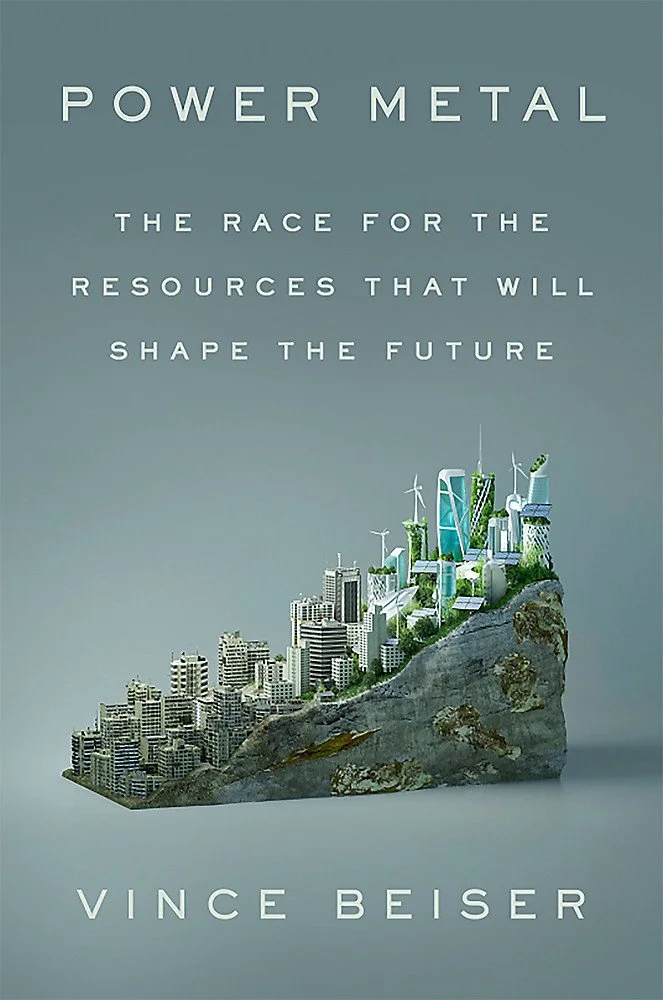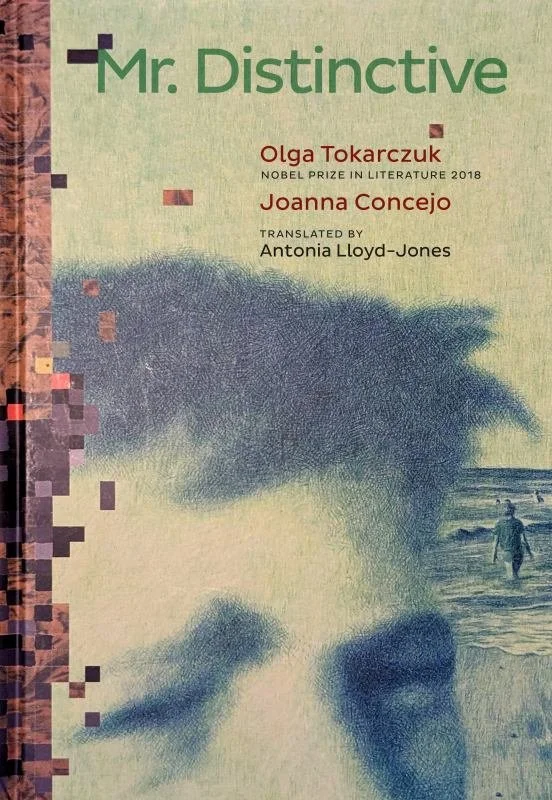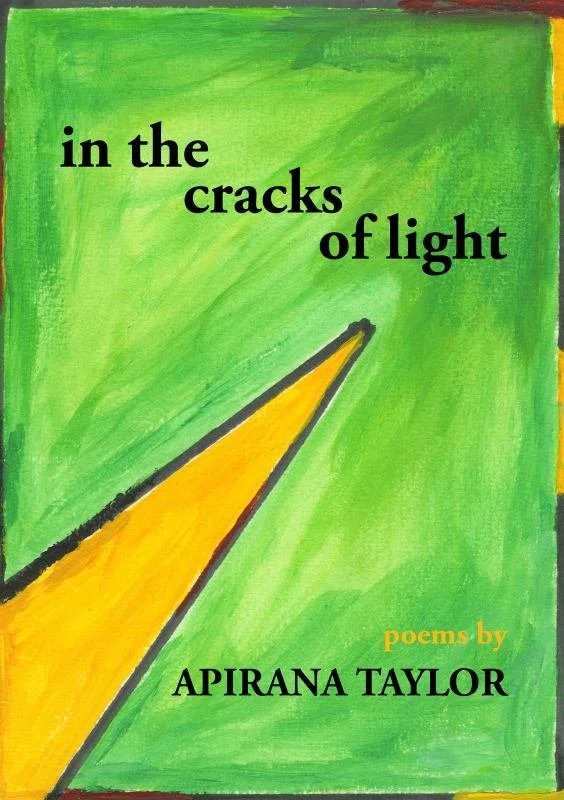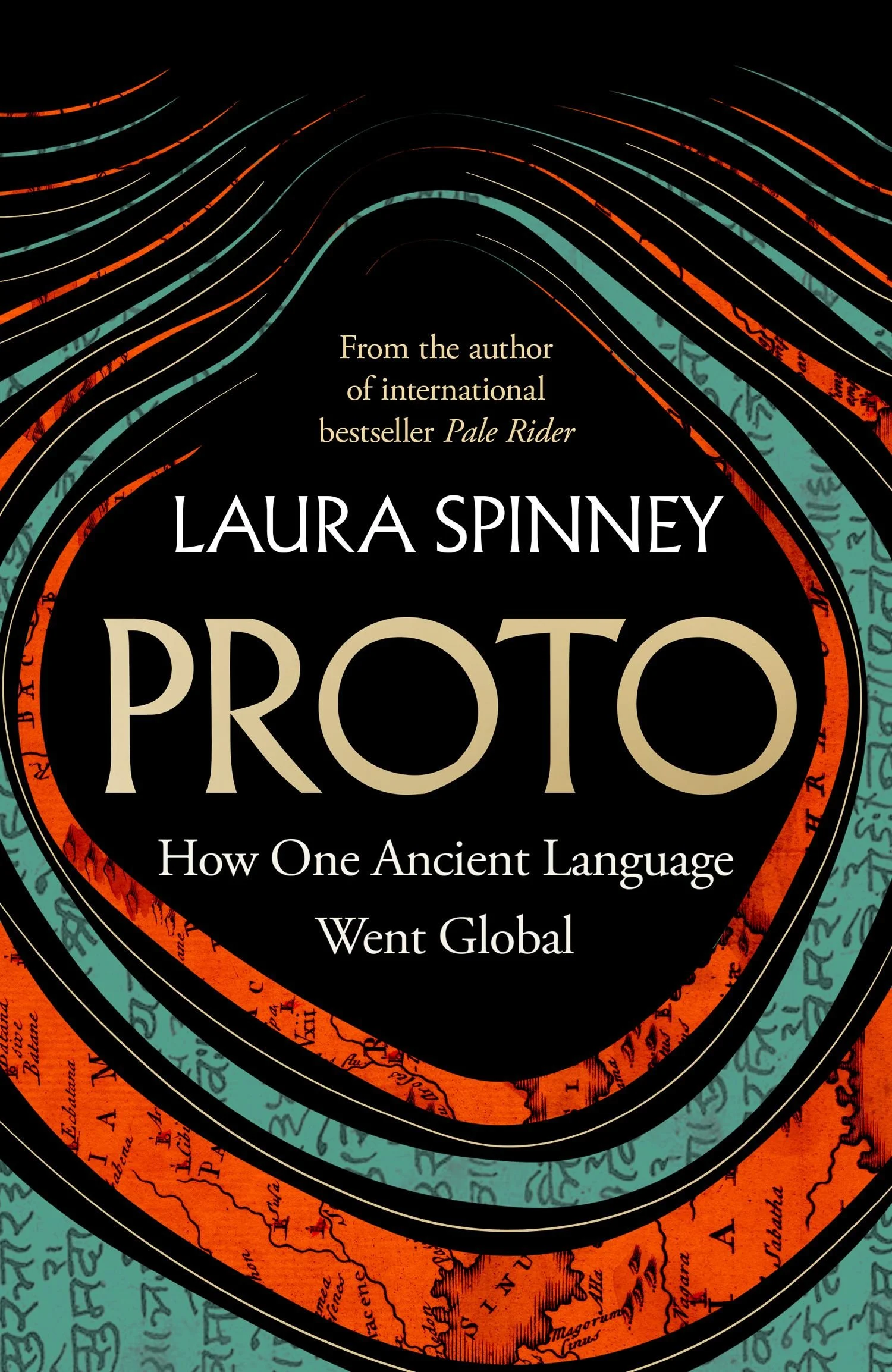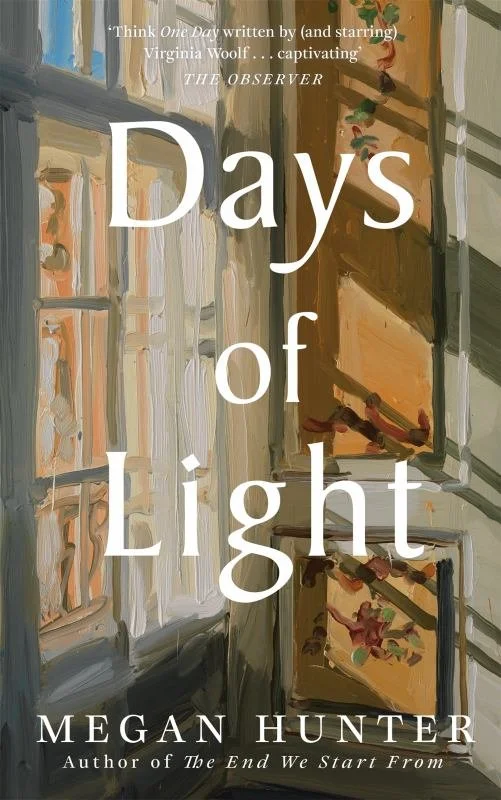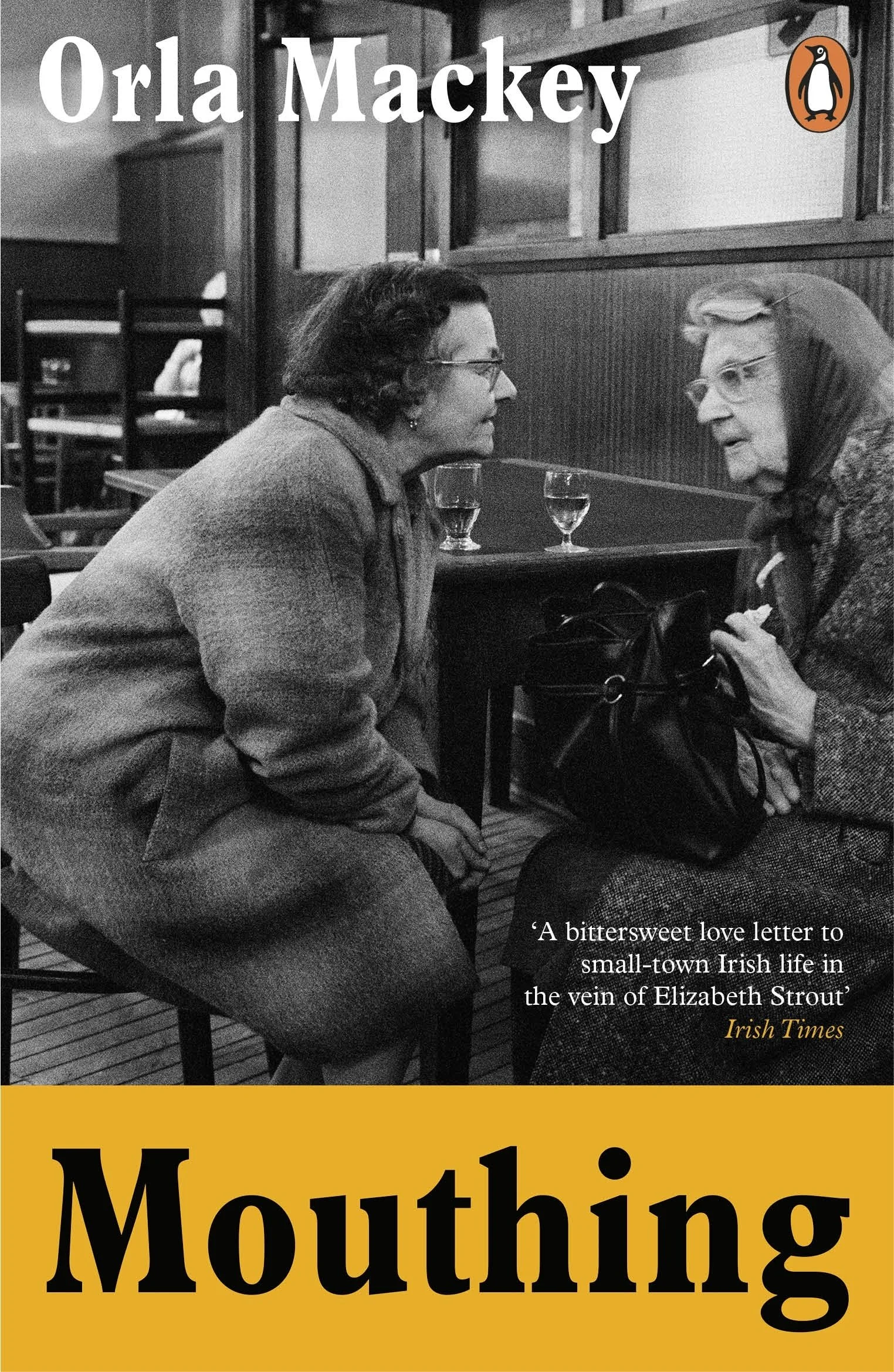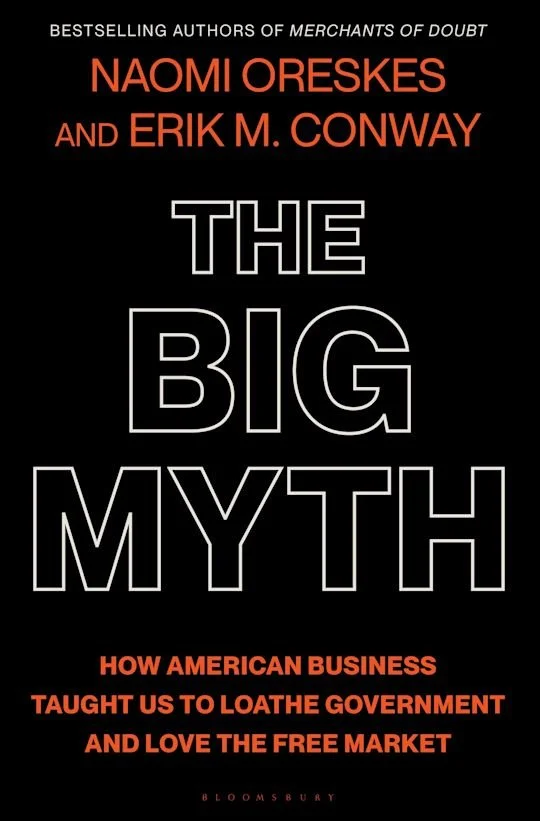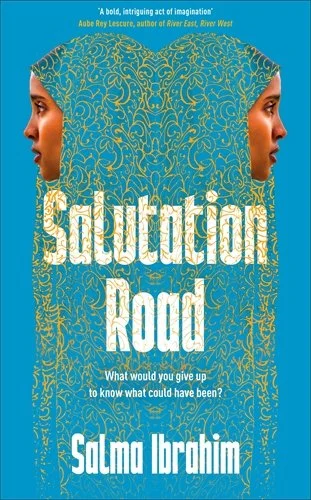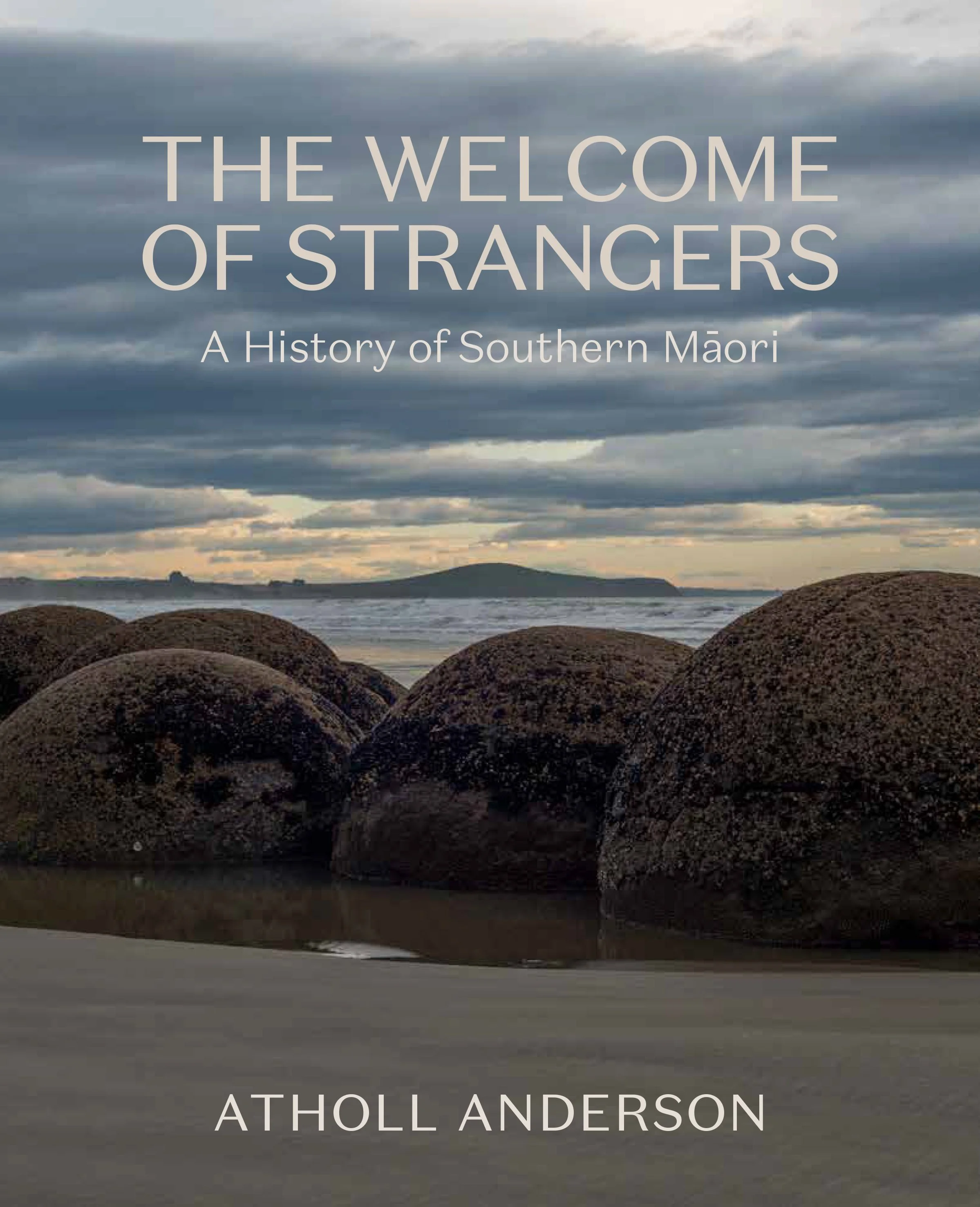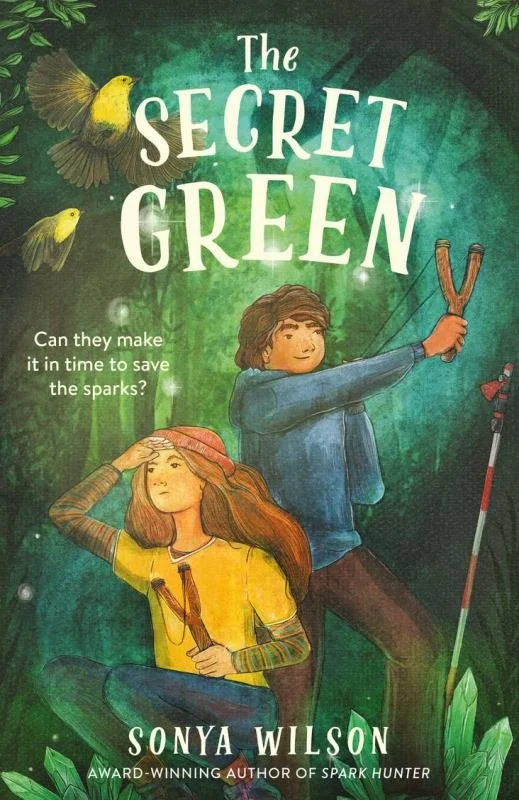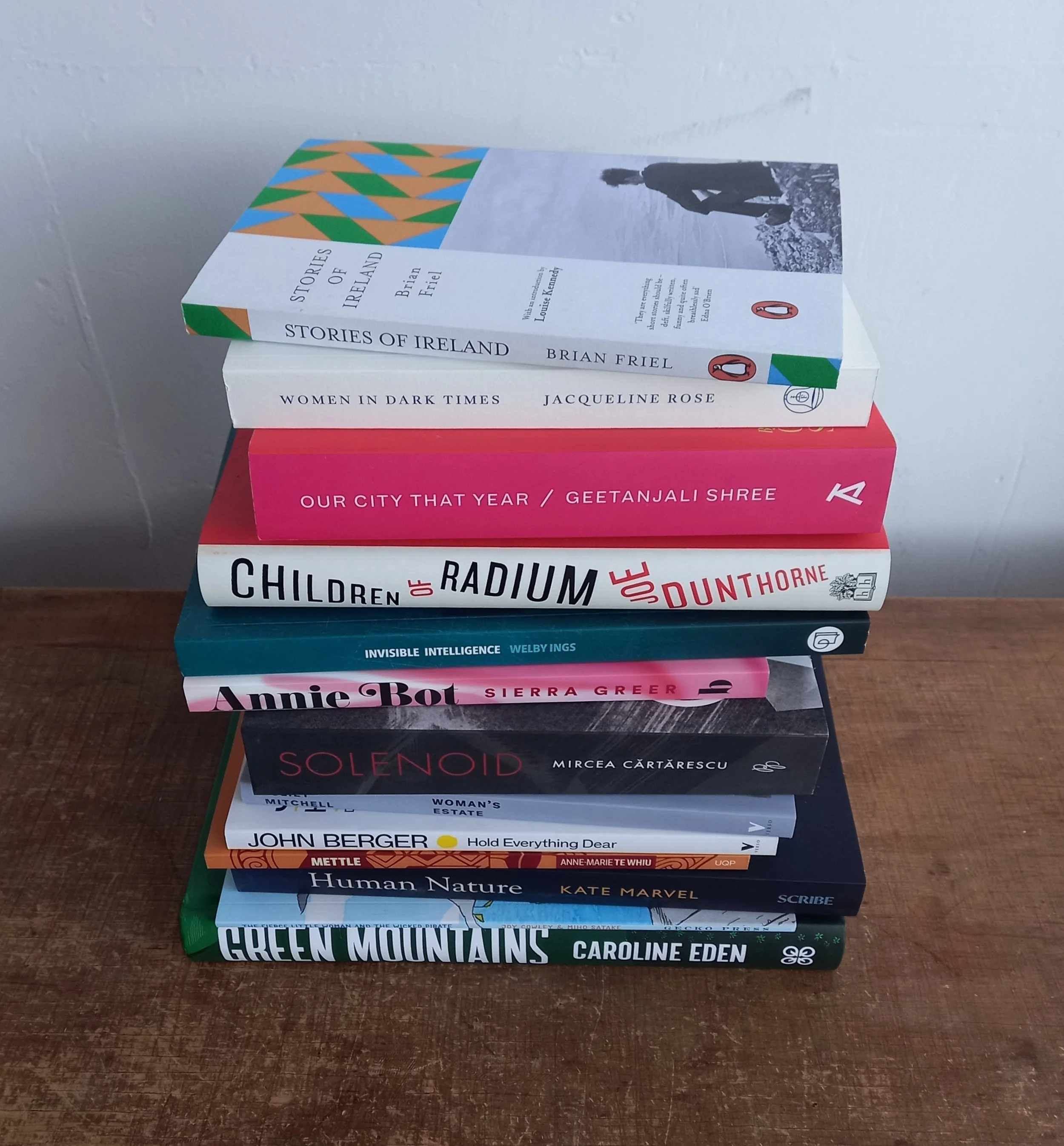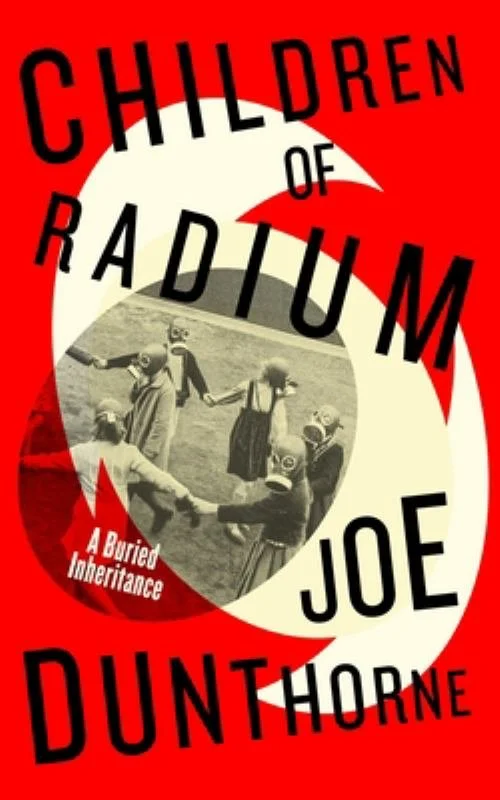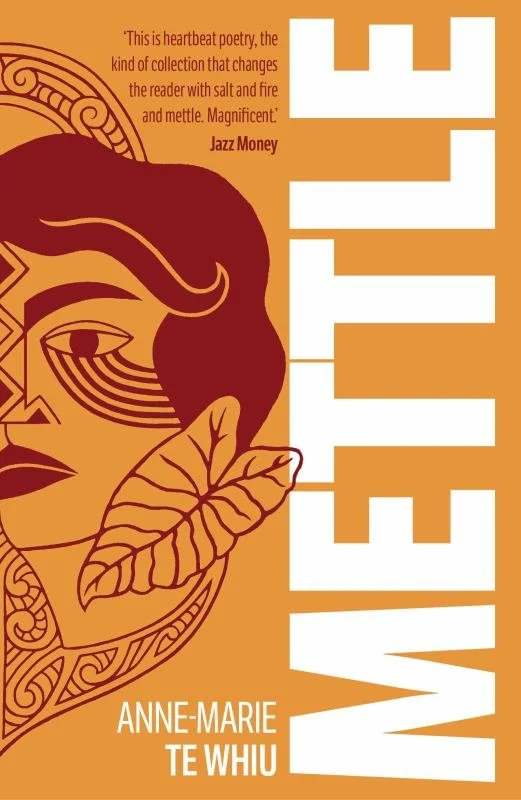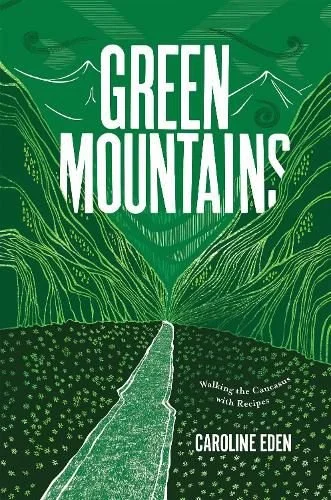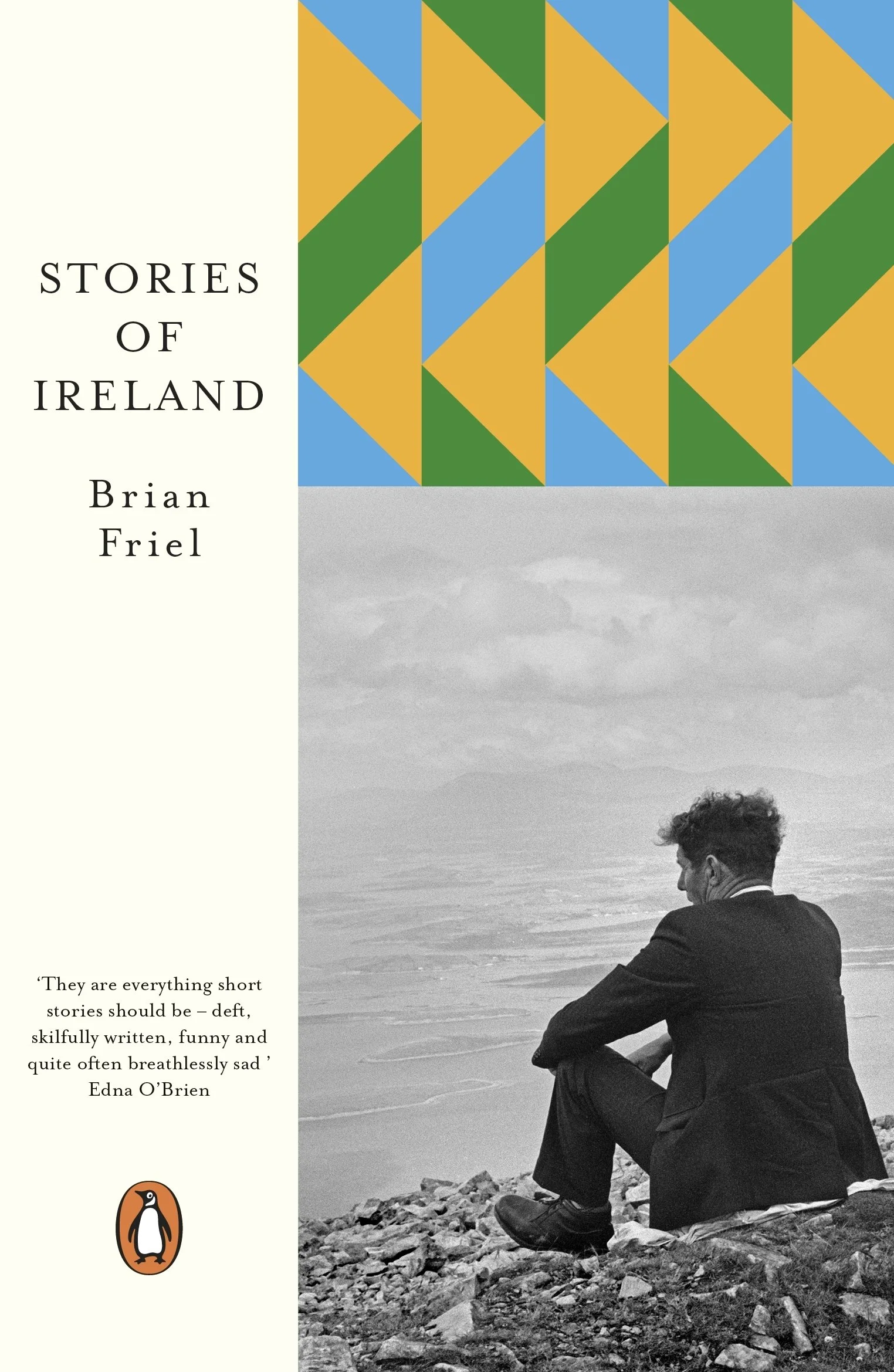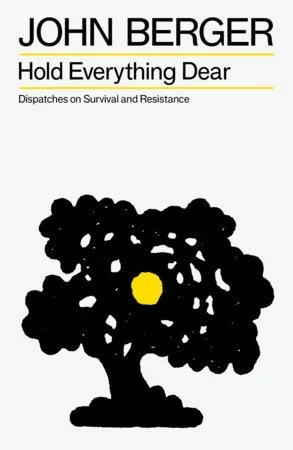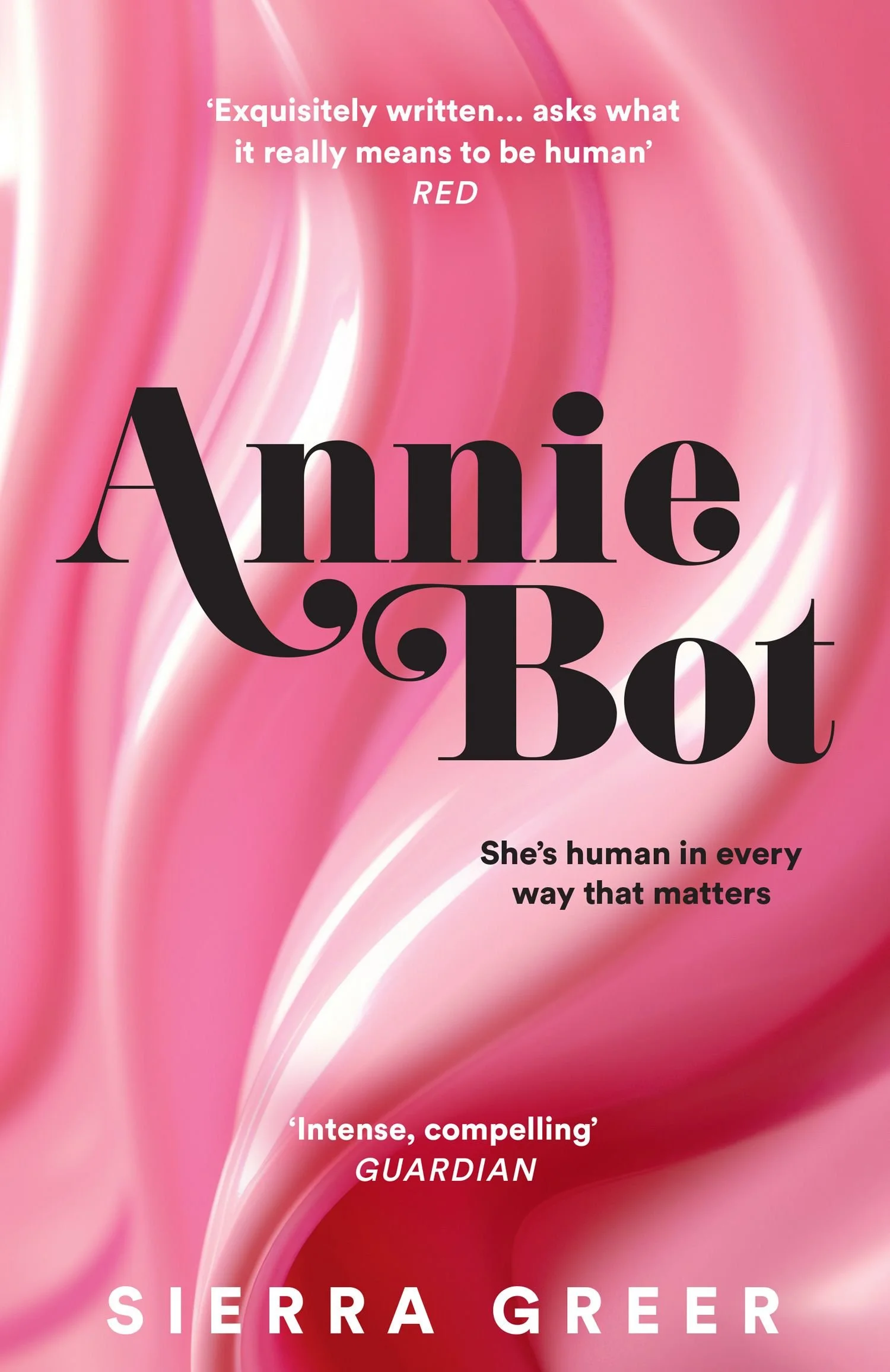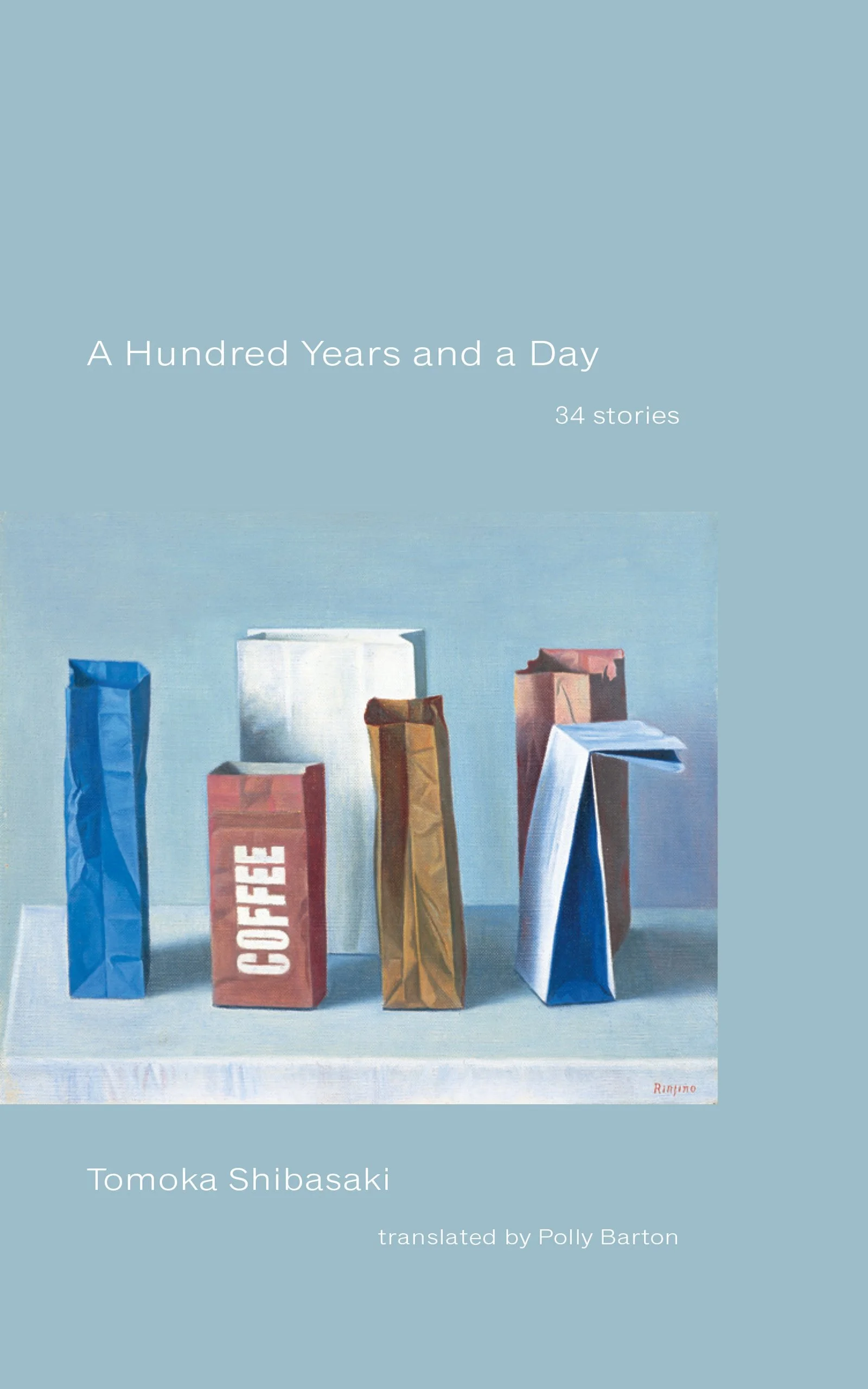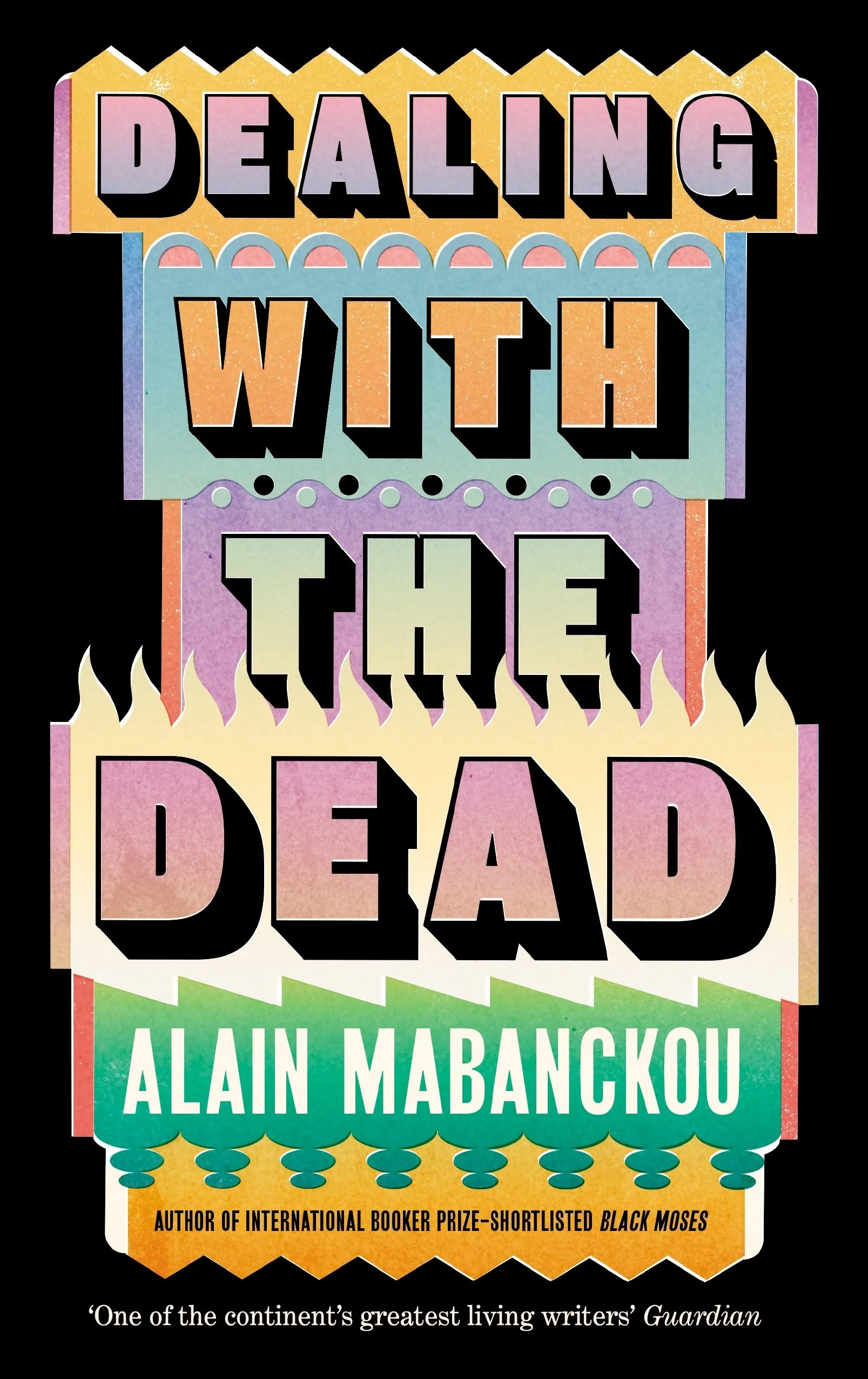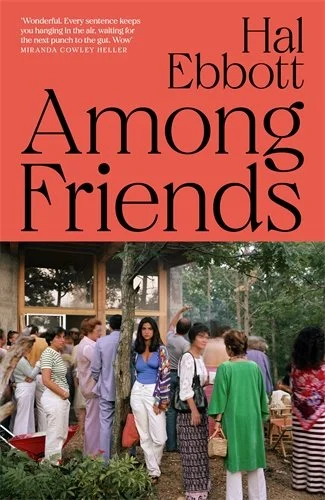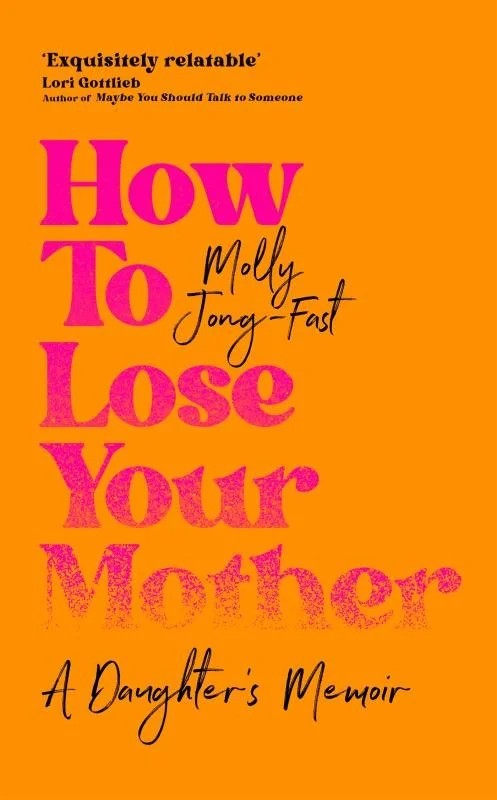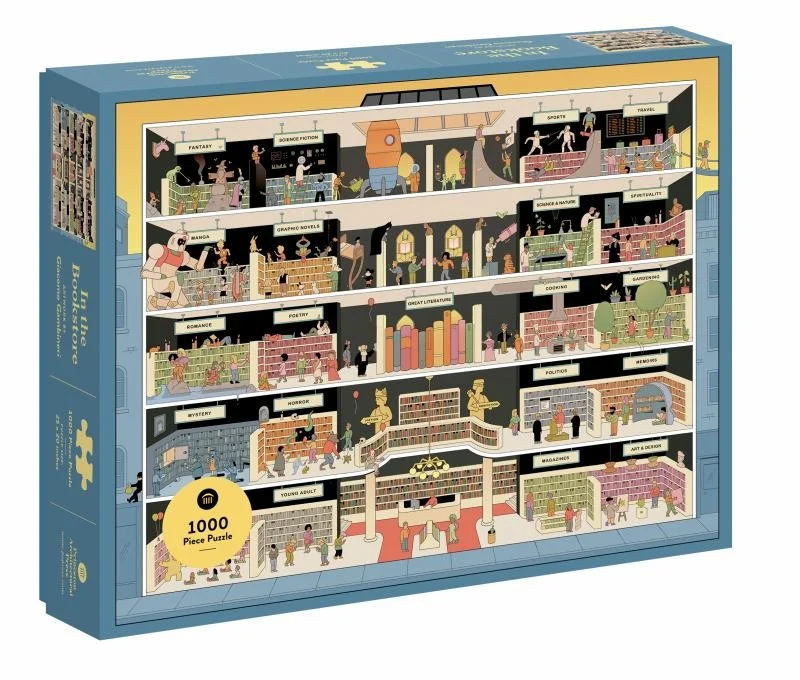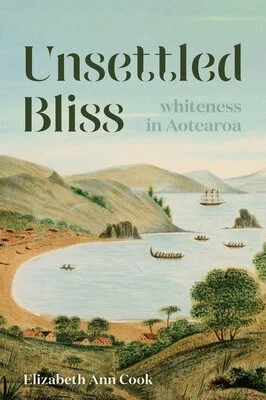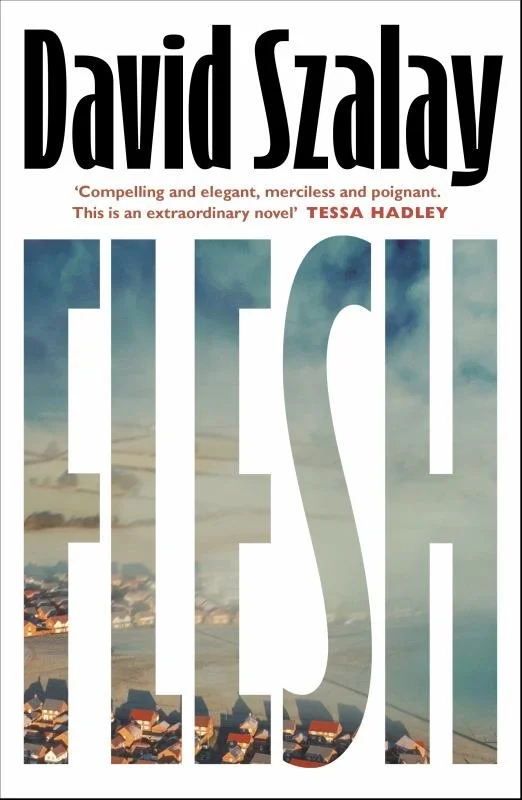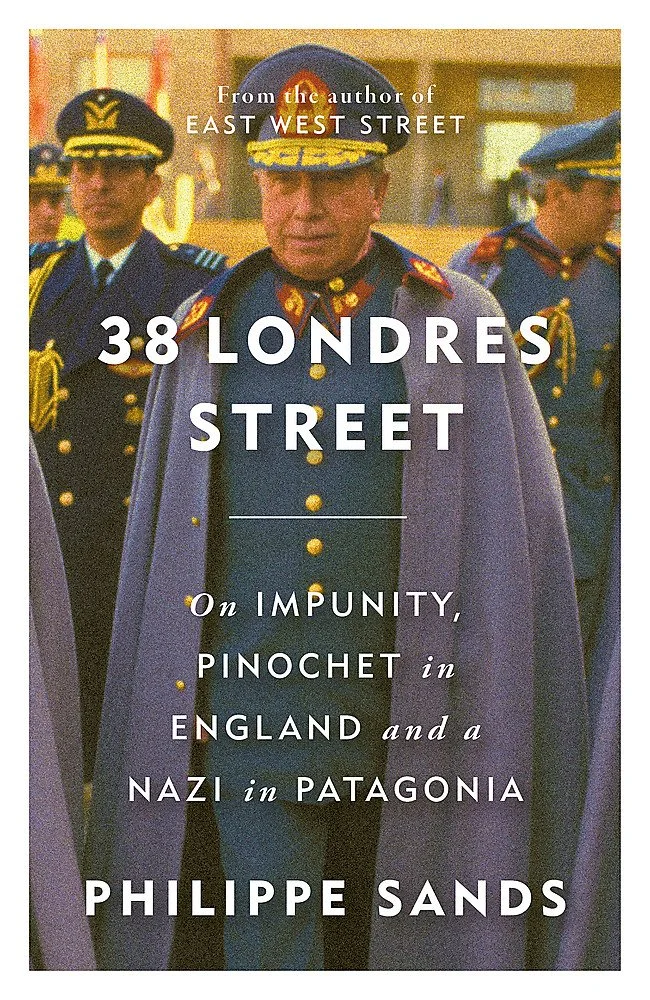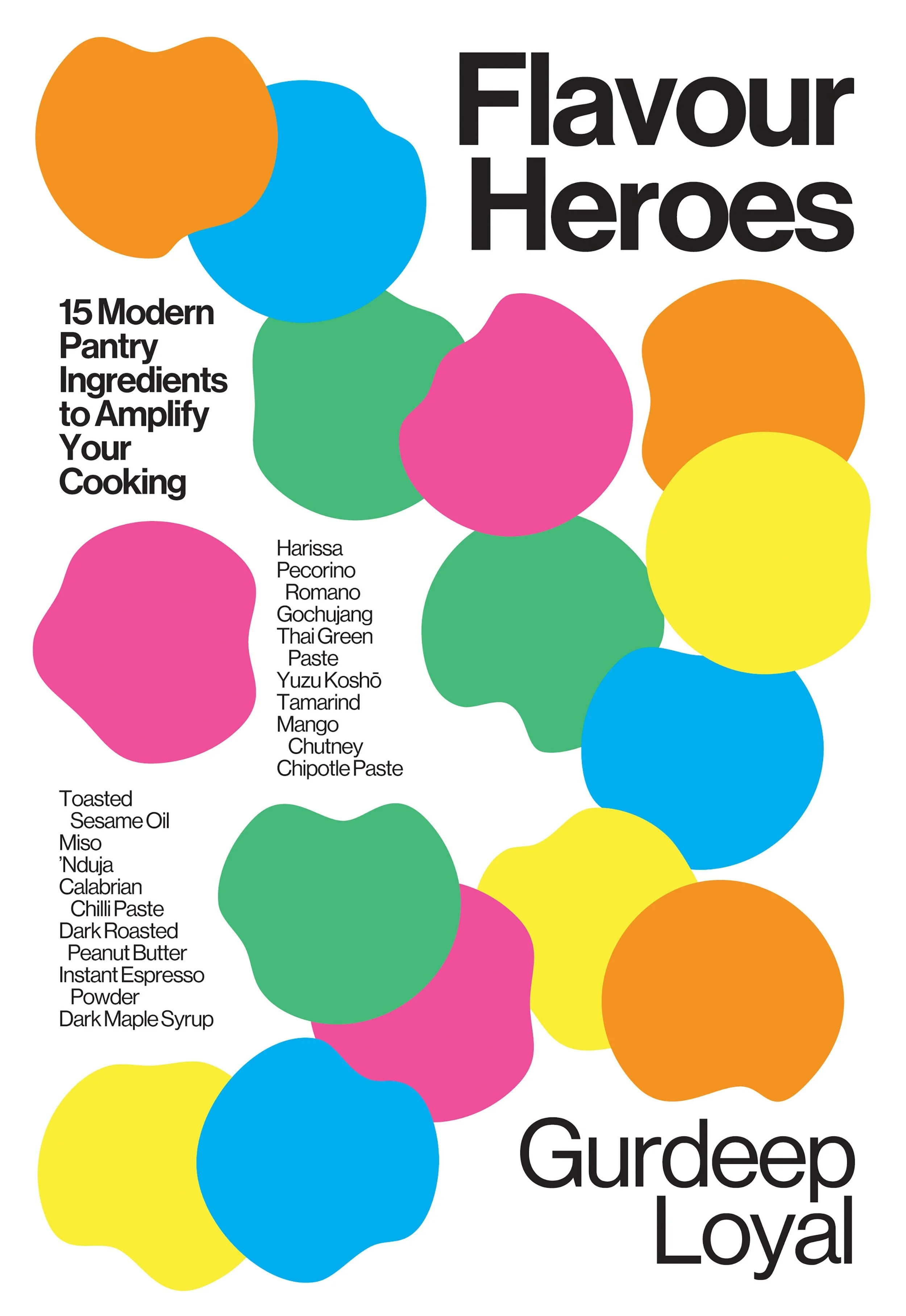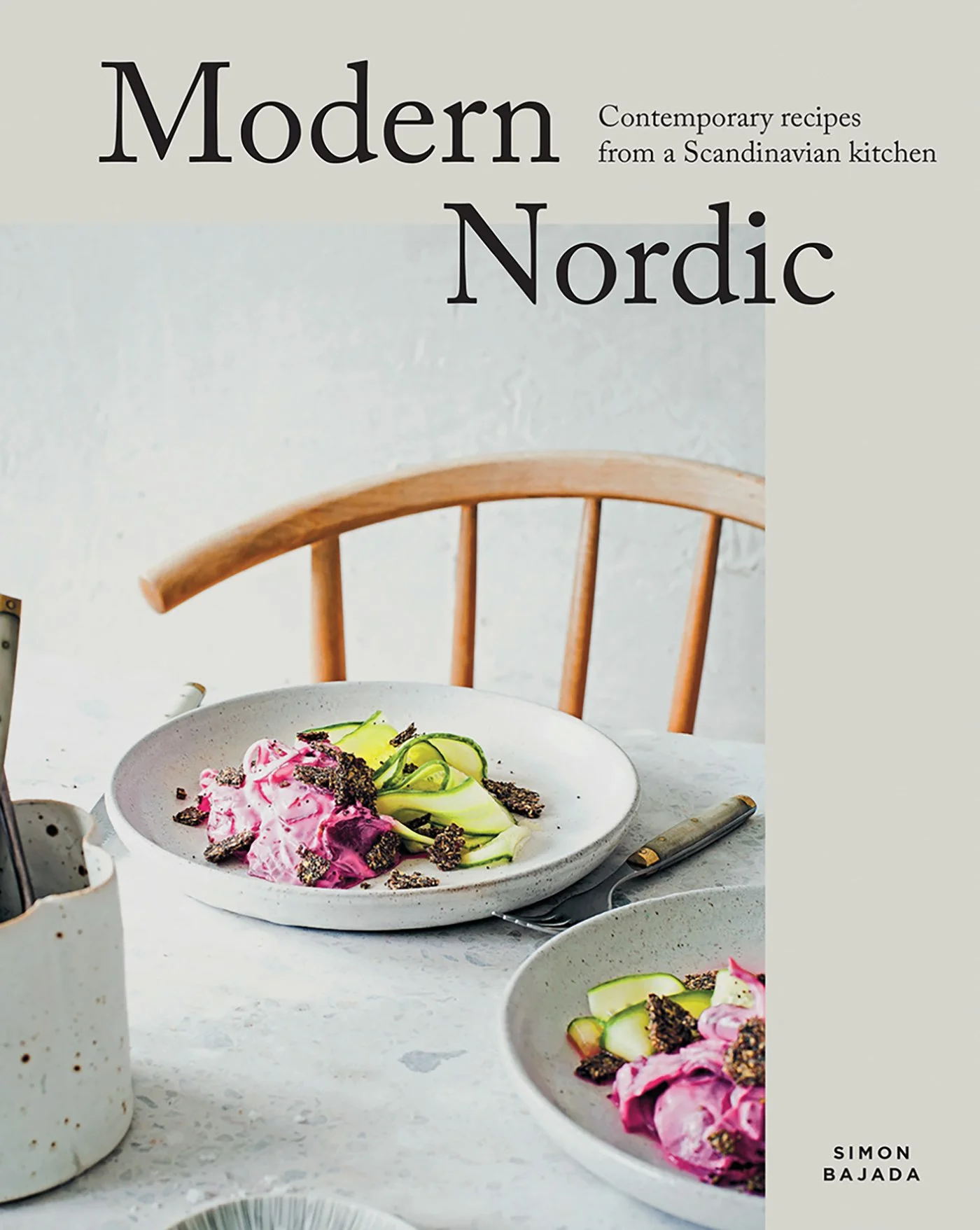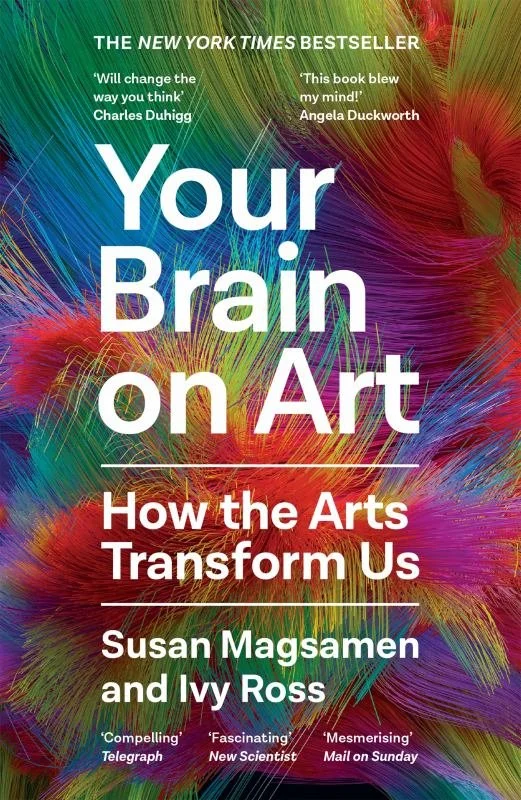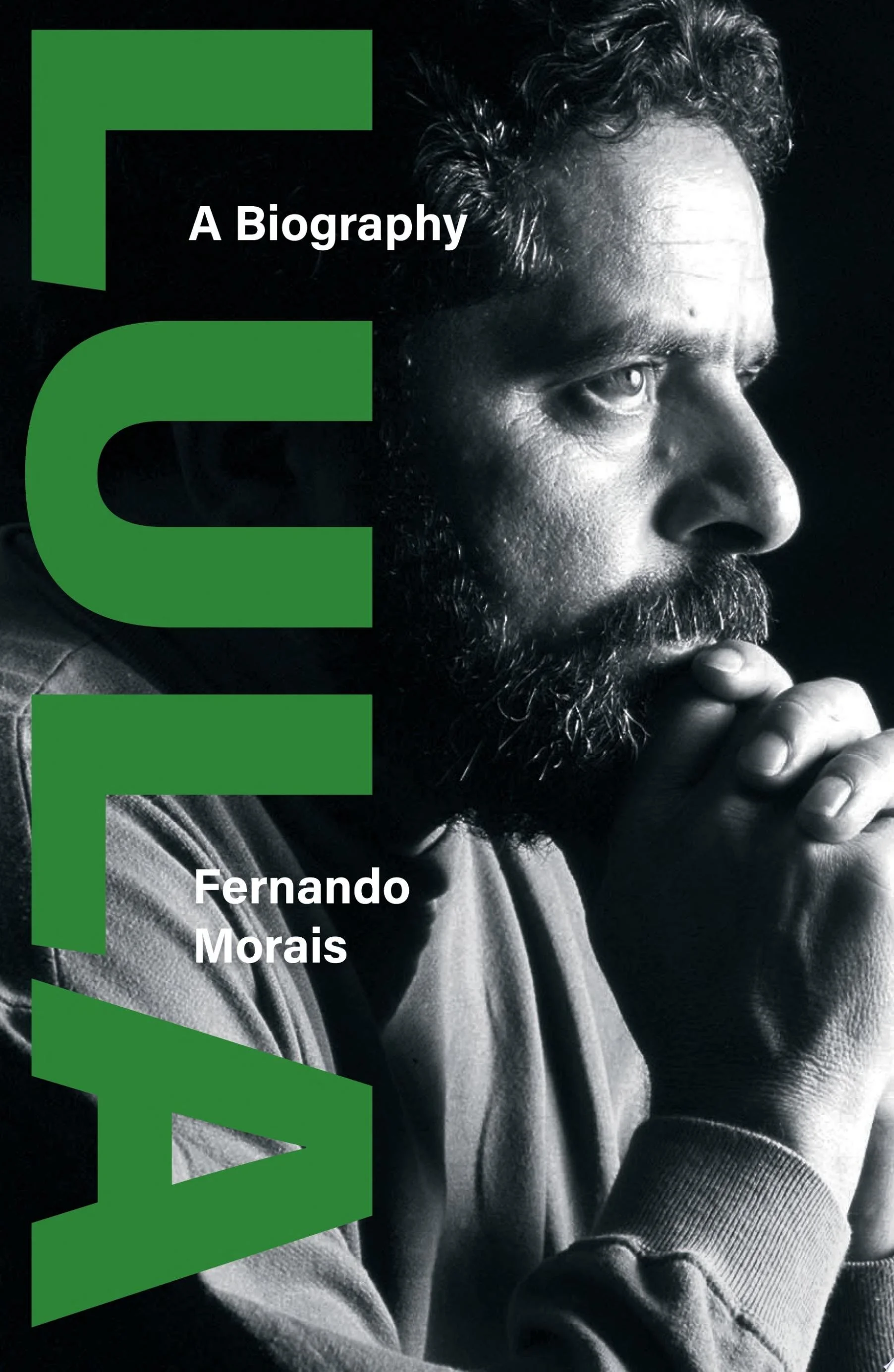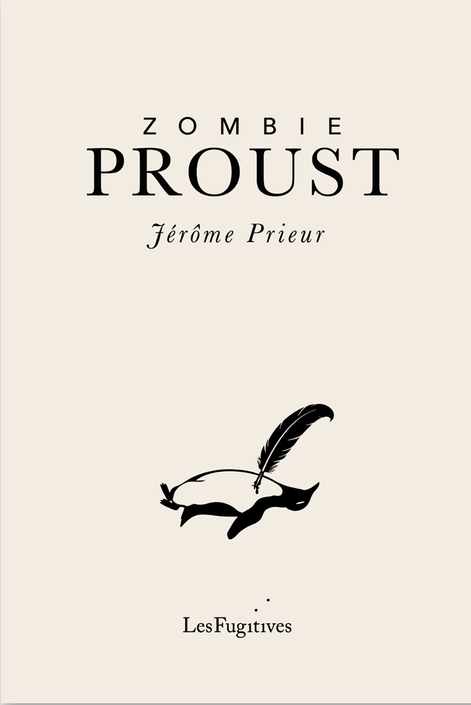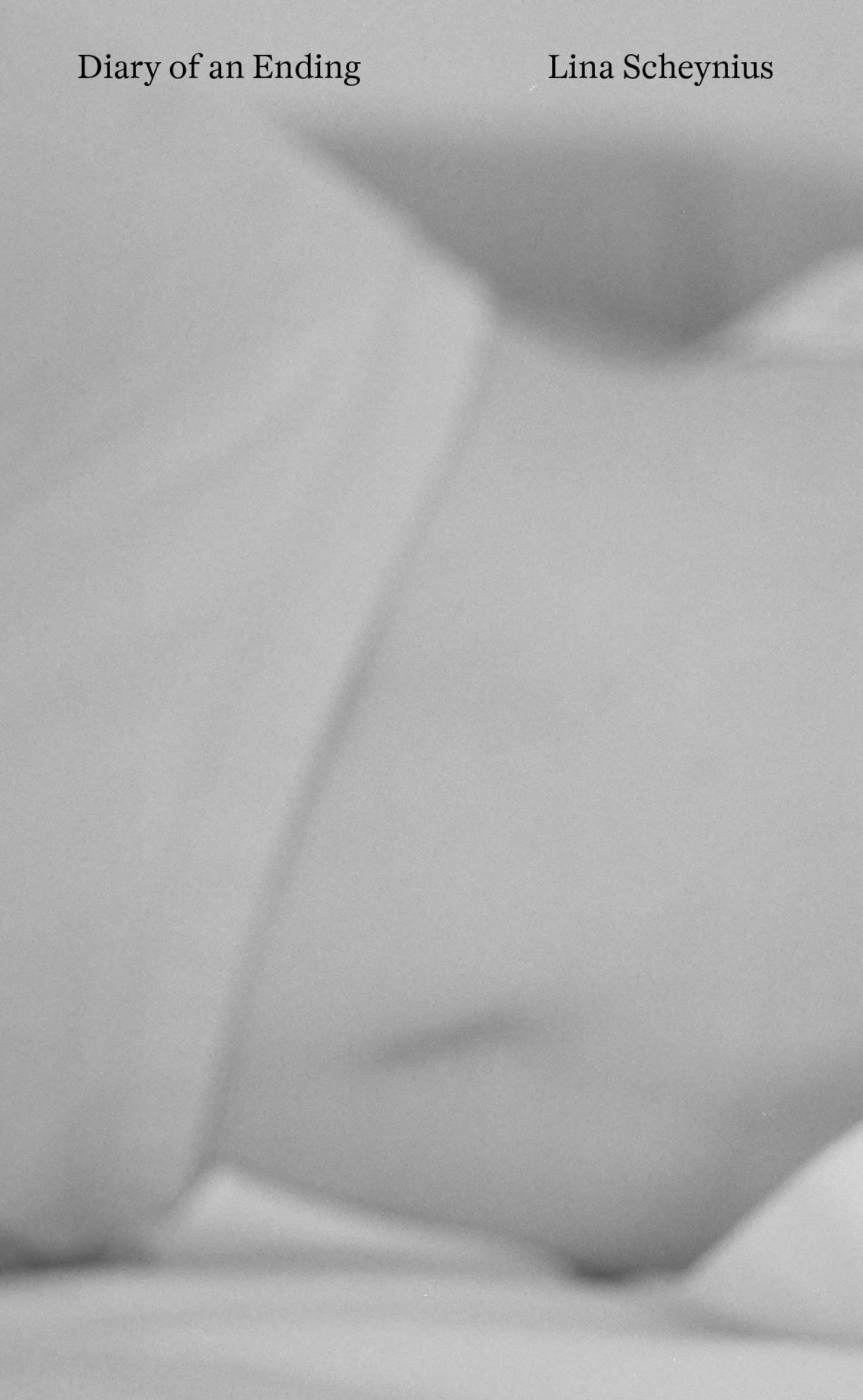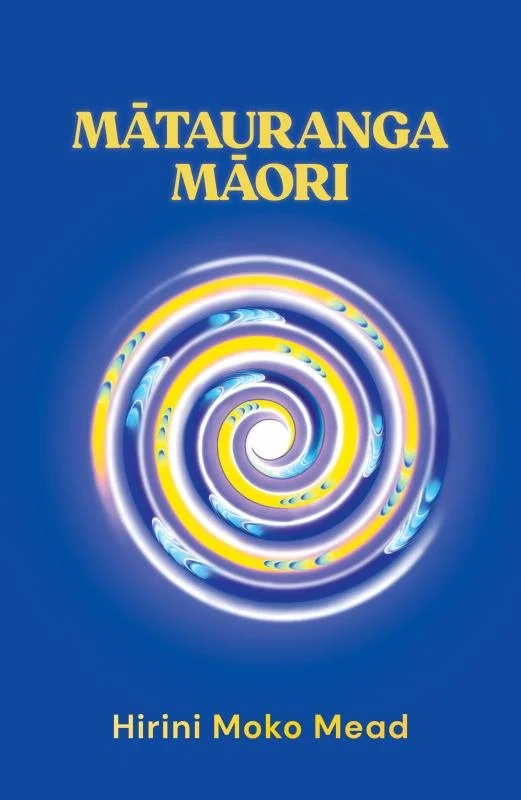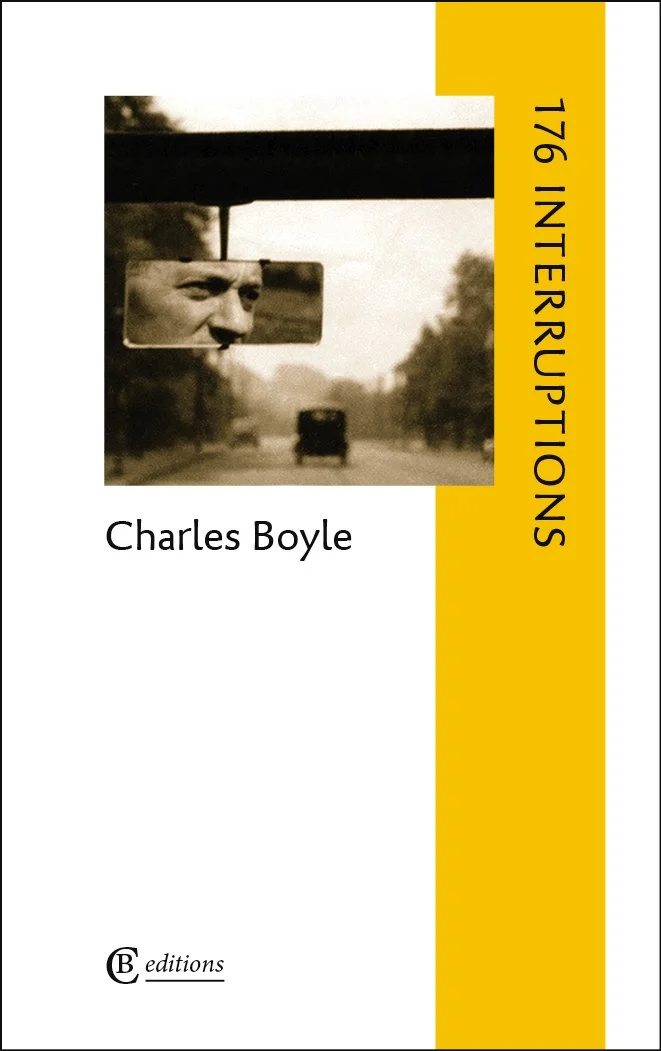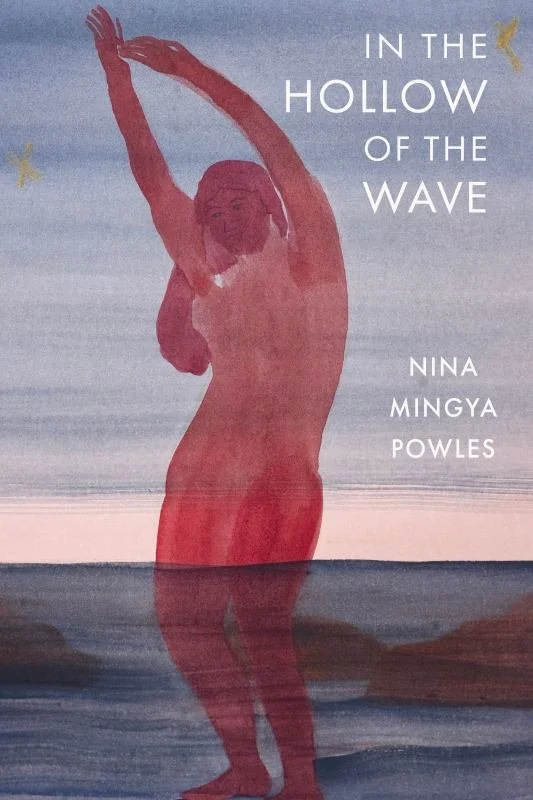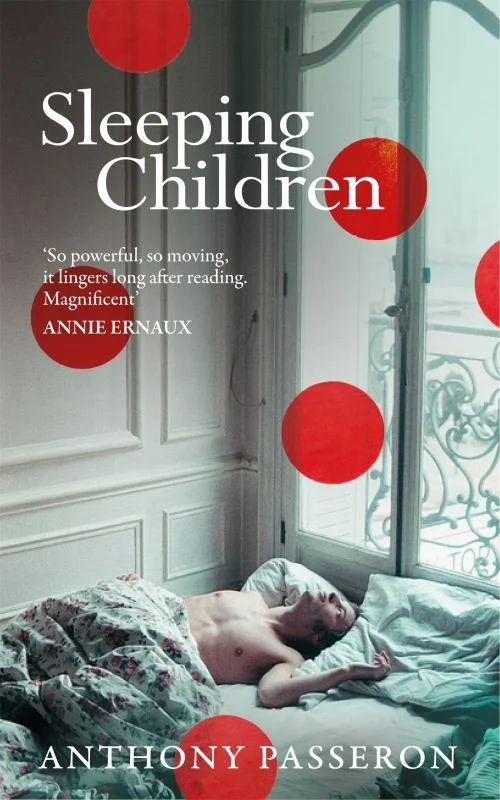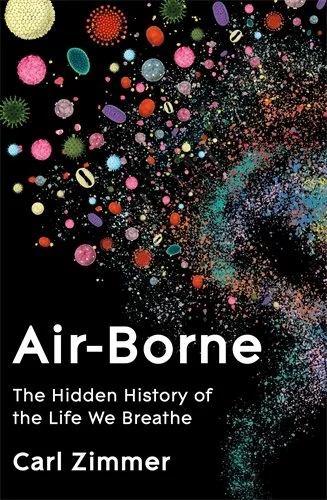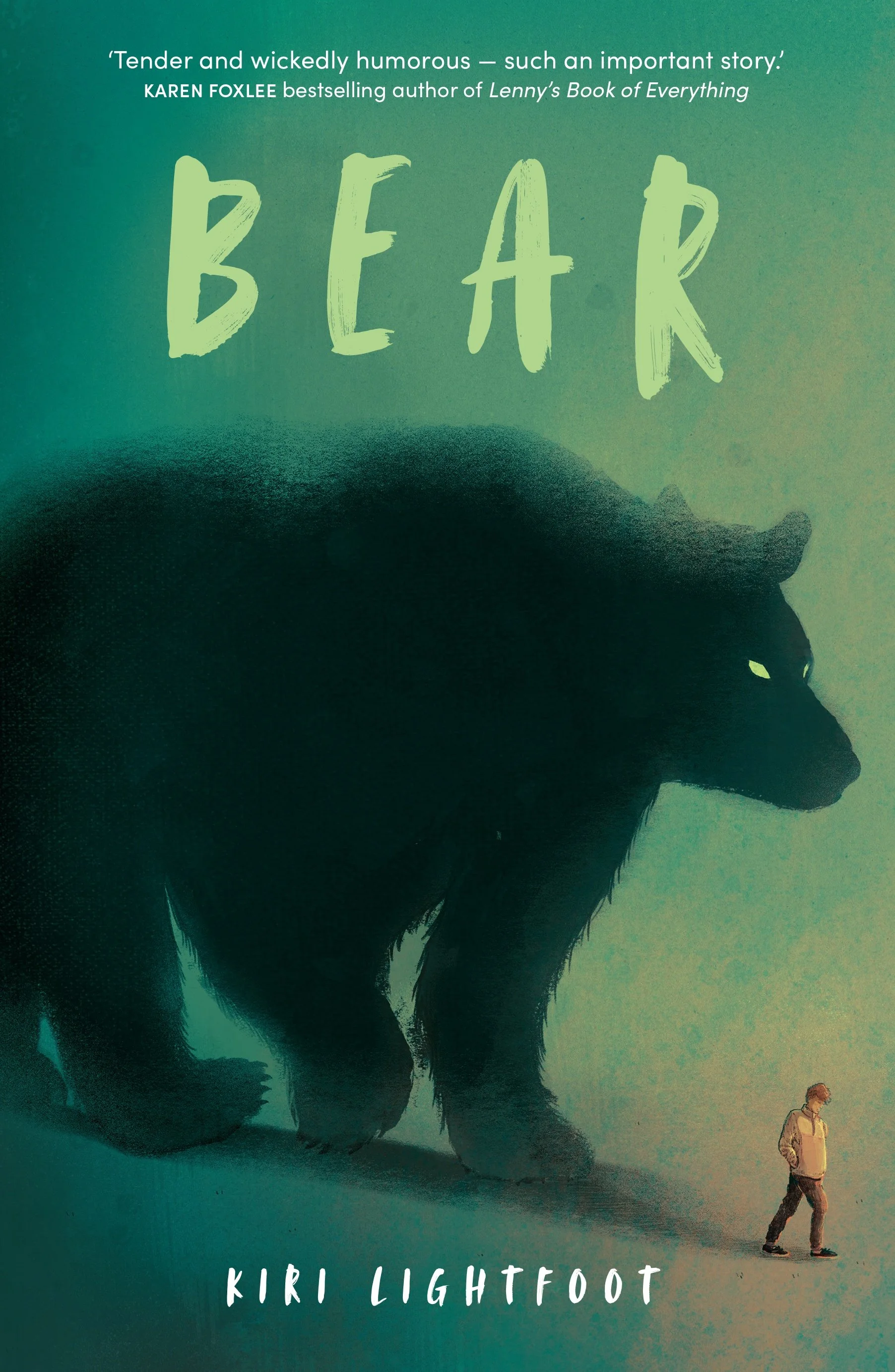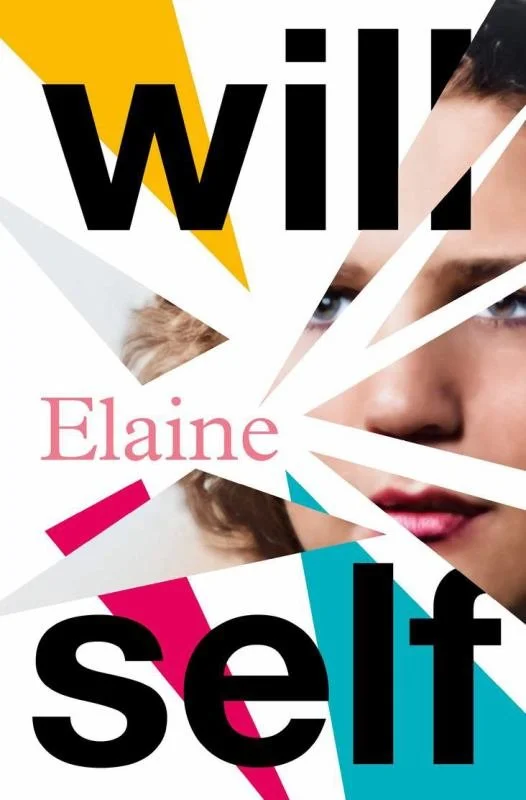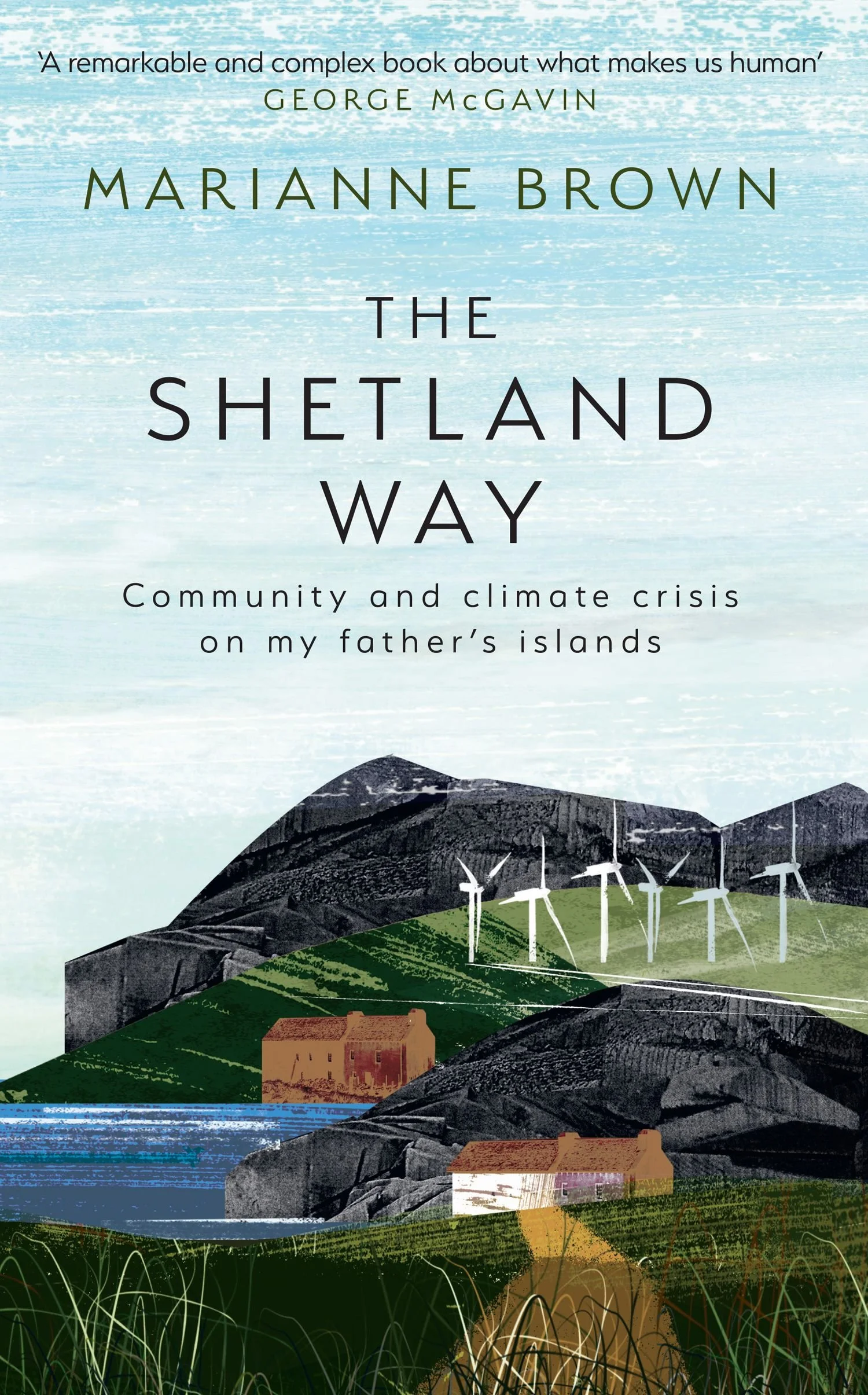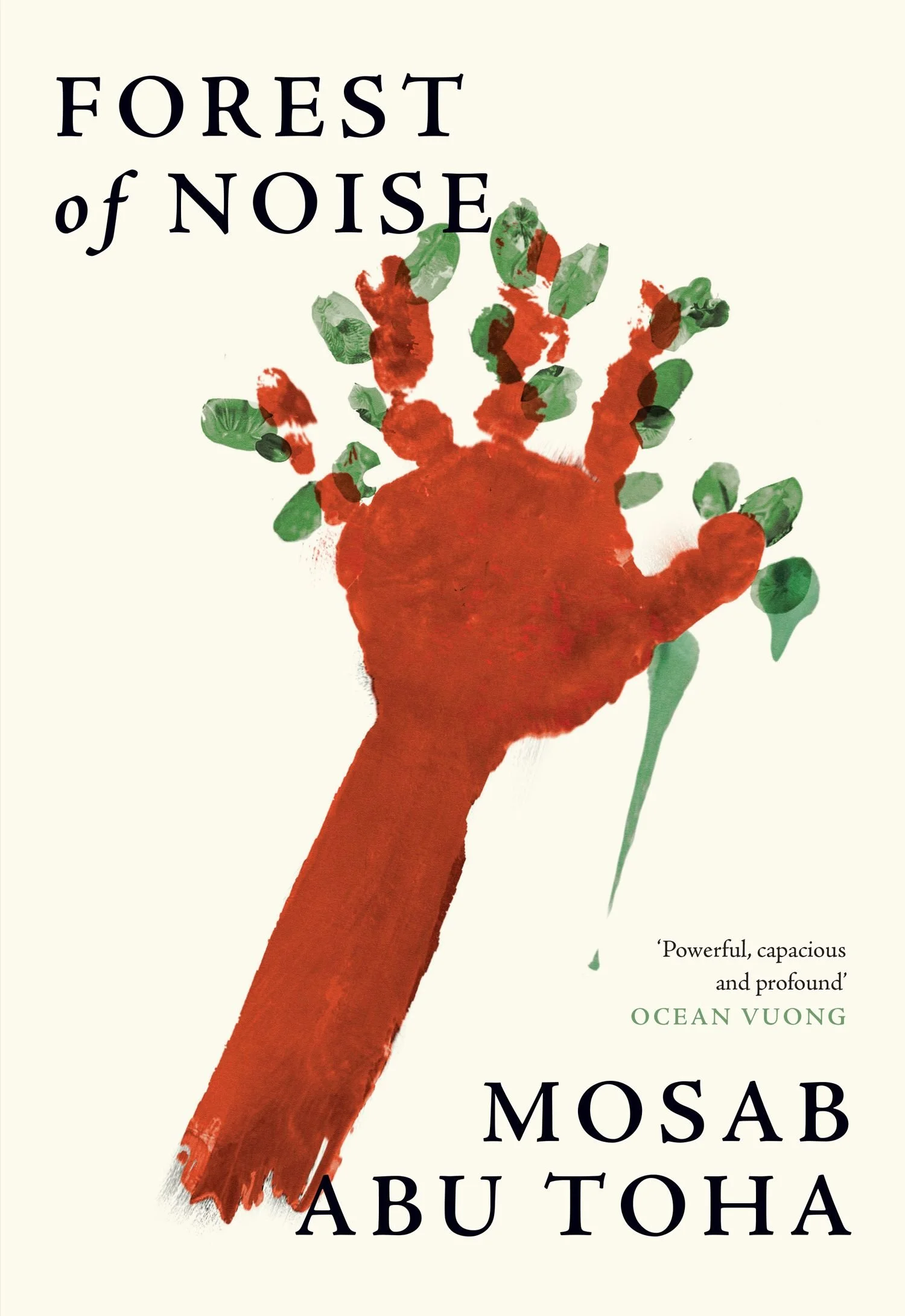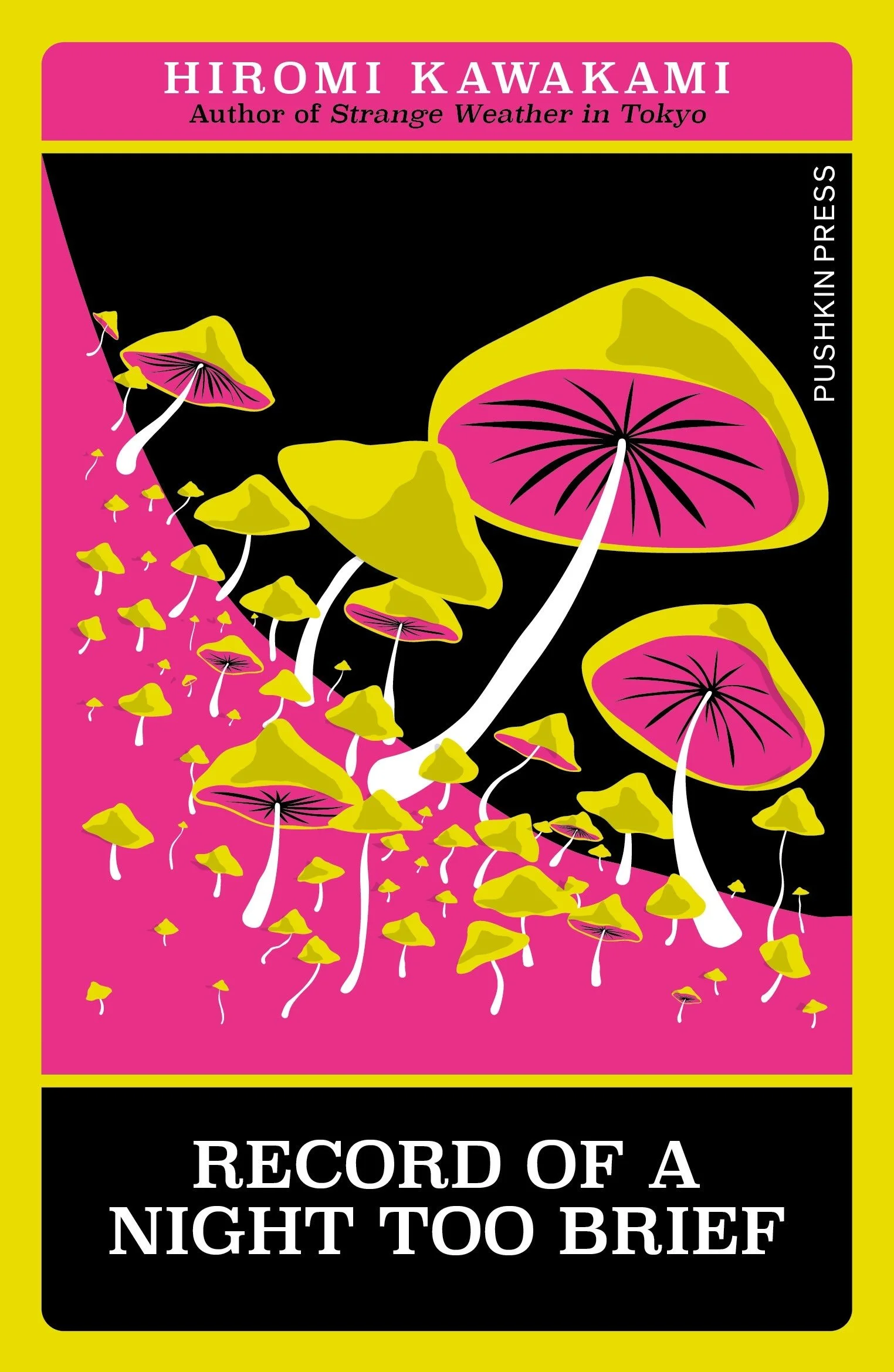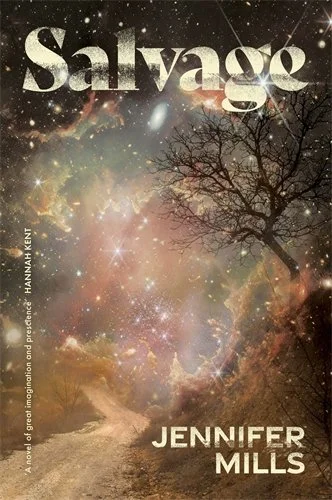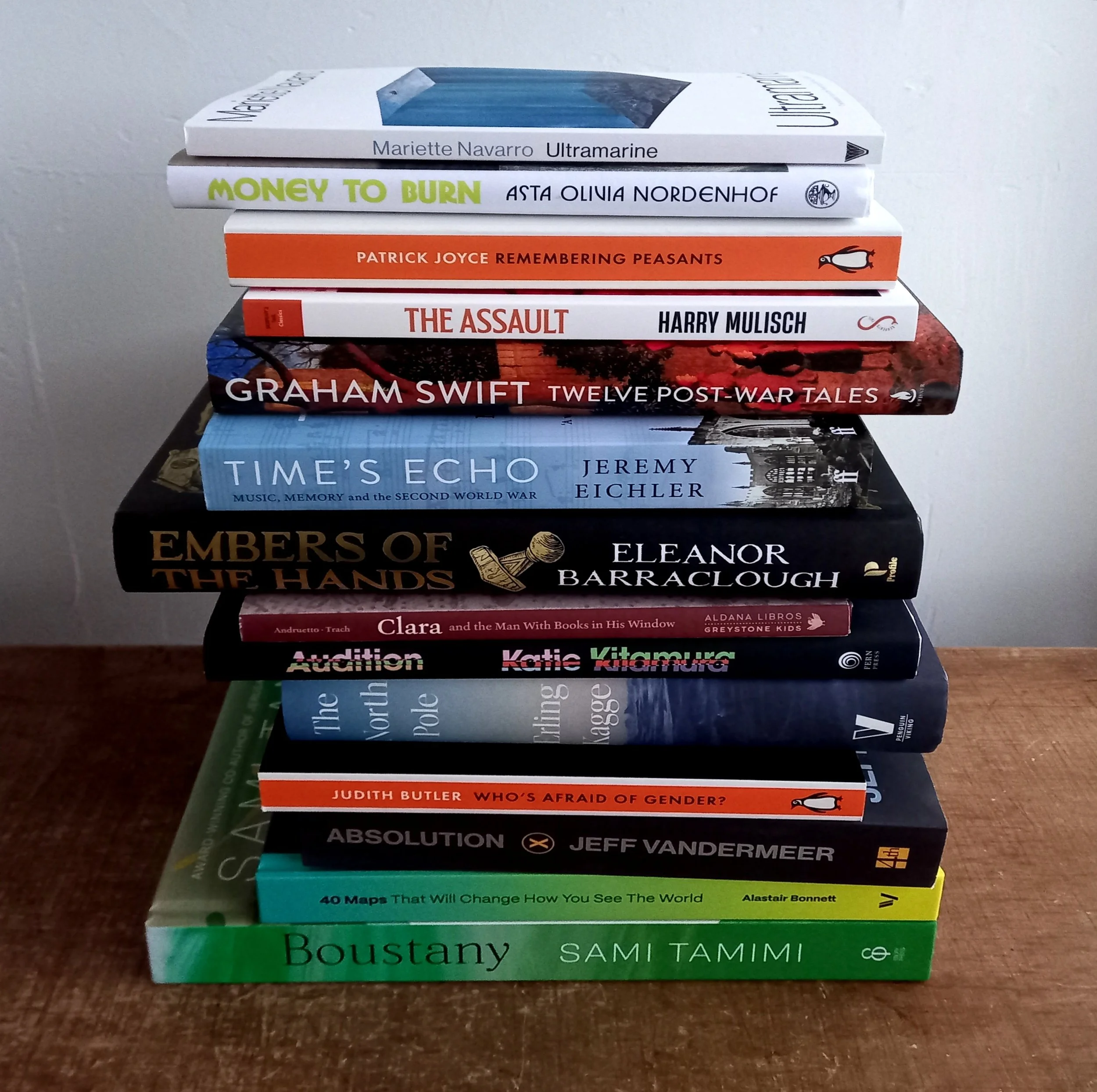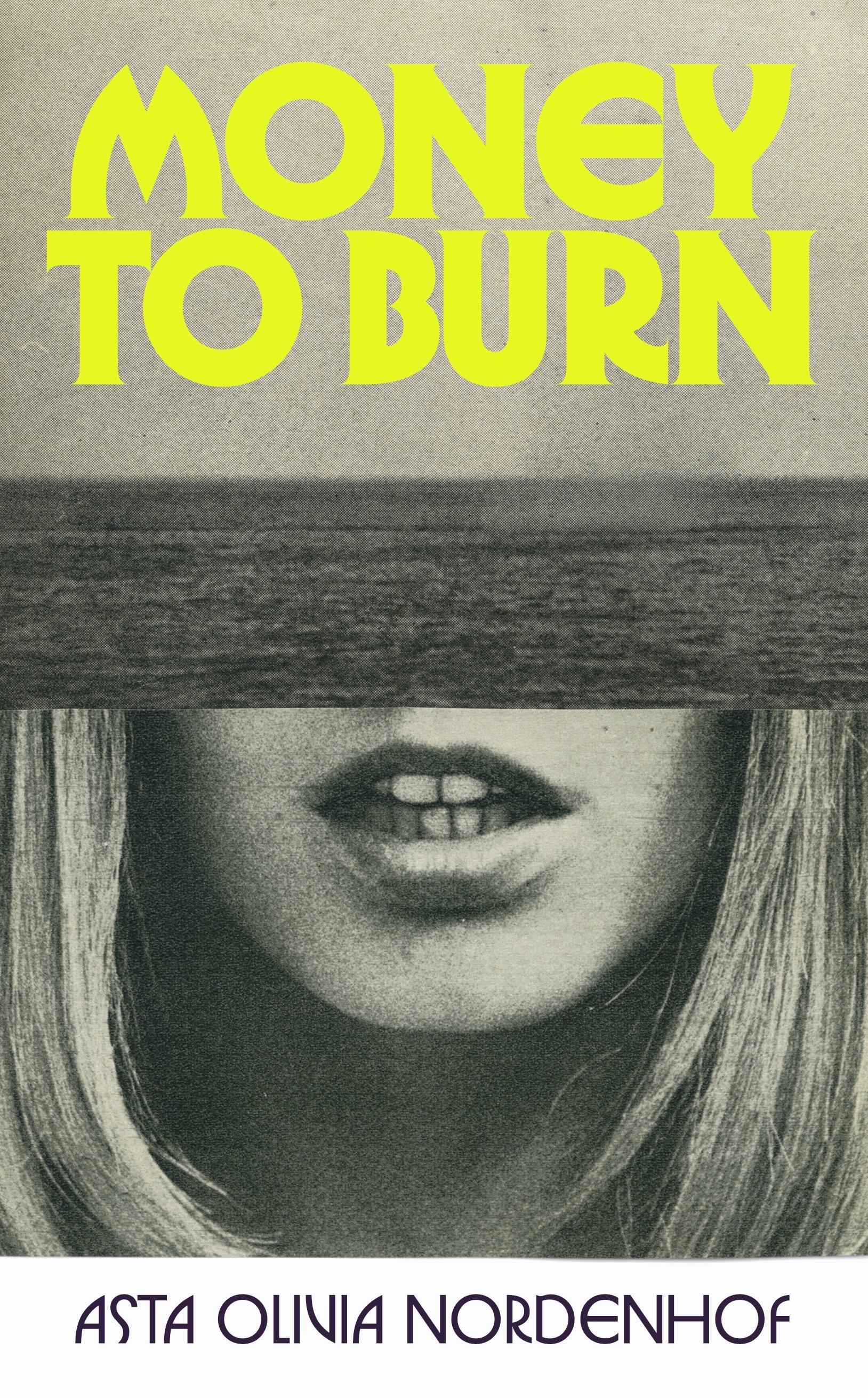All your choices are good! Choose your next books from our selection of NEW RELEASES. Click through to our website (or just email us) to secure your copies, and we will dispatch your books by overnight courier or have them ready to collect from our door in Church Street, Whakatū.
The Loft by Marlen Haushofer (translated from German by Amanda Prantera) $38
An Austrian housewife sits in her loft intent on her drawings of birds and insects. The loft is a retreat where she can work undisturbed. It is also a retreat from her dull and dissatisfied husband, a man who sighs unhappily even when she sneezes. Their grown-up children are living independent lives and the house is very quiet. Her dreams are filled with domestic drudgery. Then one day, a package arrives containing extracts from the narrator's diary, written twenty years before. Back then she had been sent away to a remote cottage in a bid to 'cure' her from unexplained sudden deafness. More mysterious packages containing old diary entries arrive. Who is sending them? And what did happened all those years ago in the forest? [Hardback]
”A thrilling novel. What gives this book its tremendous power? First the voice is charming, with a skittish beauty throughout. But there is also disarming honesty, and a lack of vanity, which appeals as only truth can.” —John Self, Guardian
”It is the skilful juxtaposition of internal loneliness and isolation with a mysterious, chilling past that brings such emotional power to this unusual book.” —Daily Mail
”Her prose is a model of simplicity and concision; but the pictures which her sentences paint are enigmatic, overdetermined, elusive. We can claim her books for feminism, for eco-politics, for existentialism or psychoanalysis, or we can take them as thrillers or dreams.” —London Review of Books
>>Read an extract.
>>Human life everywhere.
>>Read Thomas’s review of The Wall.
All Her Lives: Nine stories by Ingrid Horrocks $35
All Her Lives follows women across generations as they resist, nurture and transform. These are lives shaped by love and politics, motherhood and memory, constraint and defiance. From girls raised in the garden of Plunket founder Truby King, to a queer university student at a mid-2000s Berlin rave, to a mother facing the cost of her son's climate rebellion, the women of All Her Lives are complex, resilient and deeply human. Shadowing their stories is the early feminist writer Mary Wollstonecraft, whose journey of grief and revolution will become a vessel for what endures — and for finding hope. Vast and intimate, All Her Lives explores the layered selfhood of women — all that they inherit, sacrifice, imagine and carry forward — and the power found in unravelling and reweaving those selves on their own terms. [Paperback]
”A wonderful collection that swims in and out of women's lives across time, exploring the struggle for freedom and love. I'll be thinking about it for a long time — a book of quiet force.” —Emily Perkins
Good and Evil and Other Stories by Samanta Schweblin (translated from Spanish by Megan McDowell) $35
The strange and explosive new collection from the incomparable imagination of Samanta Schweblin, a master of the short story. A gripping blend of the raw, the astonishing and the tragic, every story is as perfectly unexpected as a snare: tightly, exquisitely wound, ready to snap at a touch. Here, a young father is haunted by the consequences of a moment of distraction; tragedy is complicated by the inexplicable appearance of an injured horse; an attempted poisoning leads two writers to startling conclusions; a lonely woman’s charity is rewarded with home-invasion. And in the shocking opening story, a mother surfaces from the depths of the lake behind her house, where she saw something awful yet alluring. Guilt, grief and relationships severed permeate this mesmerizing collection — but so do unspeakable bonds of family, love and longing, each sinister and beautiful. Step by step these unnerving stories lure us into the shadows to confront the monsters of everyday life — ourselves. [Paperback with French flaps]
”Remarkably taut, clear, precise, and yet capable of capturing the extent of our human messiness, these stories are perfect for the times we dwell inside.” —Colum McCann
”No one writes like Samanta Schweblin. Her narratives are sui generis — wonderfully unpredictable and invitingly strange.” —Lorrie Moore
”Samanta Schweblin combines the urgent propulsion that characterizes all great storytelling with precise, if uncanny, descriptions of human feelings that often go unnamed, those ambiguous zones of human reality where awe, dread, and desire mingle.” —Siri Hustvedt
>>Paying attention to what others ignore.
He Puāwai: A natural history of New Zealand flowers by Philip Garnock-Jones $80
One hundred native flowers of Aotearoa revealed in extraordinary 3D photography. Aotearoa has at least 2,200 native species of flowering plants that have evolved in our unique conditions, and the vast majority of them grow nowhere else on earth. This has made New Zealand a natural laboratory for studies of flower biology. He Puāwai is a natural history of New Zealand flowers, focusing on 100 native species to represent the full range of flower phenomena of Aotearoa — from familiar iconic flowers of kōwhai, mānuka and pōhutukawa to oddities like the water-pollinated flowers of eelgrass, bat-pollinated blossoms of kiekie, and the world’s smallest flowers, Wolffia. Each flower’s text describes and explains its structure and functions, alongside over 500 remarkable photographs that enable the reader (with the viewer included in the book) to view the flowers miraculously in 3D. [Large-format hardback]
”Remember when you were small, and the minute details of everything — shapes, colours patterns — were so absorbing. I suspect Phil Garnock-Jones never lost that wonder at all, and here he shares it generously. It's impossible to pore through the pages of He Puawai without feeling amazement rekindled — and realising there are infinitely more ways than you imagined to greet, observe and learn from these tiny taonga, the flowers of Aotearoa.” —Johanna Knox, author of The Forager's Treasury
”This book, like no other, opens a microscopic window to appreciate native plants. The luscious detail, both in the crisp stereo imagery and in the carefully descriptive text, captures and holds the attention of anyone who has enjoyed the attraction provided by flowers. I predict this book will inspire another generation of botanists and nature lovers in Aotearoa. Not many books deserve their place as a textbook (which deepens our understanding of native plants) and equally as a (stunningly captivating) coffee table book.” —Tim Park, Manager, Otari Wilton's Bush
>>Look inside!
The Meeting Place: Māori and Pākehā encounters, 1642—1840 by Vincent O’Malley $50
Vincent O’Malley’s account of the first meeting between Ngāti Tūmatakōkiri and Abel Tasman’s crew sets the scene for how two peoples navigated fraught beginnings to find a ‘meeting place’ in pre-Treaty Aotearoa. O’Malley’s important book tells the story of encounters between Māori and Pākehā in a turbulent landscape still shaped by Māori authority and evolving relationships. Early misunderstandings and violence gradually gave way to mutual accommodation and adaptation. In this middle ground, people traded, intermarried, forged alliances and shaped each other’s ways of life — until this fragile balance was undone in the decades after 1840. Through people’s stories, O’Malley brings to life a time of extraordinary change. This new edition expands on the original with new research, including material on Te Waipounamu and an enriched visual narrative. [Paperback]
”Vincent O’Malley’s new edition of The Meeting Place is a timely and important work. His reflections on the whakataukī ‘I ngā rā o mua — the past in front of us’ resonate deeply with current realities, reminding us of the optimism and resilience embedded in our histories. This book powerfully illustrates how early Māori and Pākehā overcame conflict to create middle grounds of respect, sharing and mutual tolerance — a history we need to remember today.” —Melissa Matutina Williams, author of Panguru and the City: Kāinga Tahi, Kāinga Rua
>>Read the Introduction.
Chris Knox: Not Given Lightly, A biography by Craig Robertson $60
‘I’ve got things I can’t recall Like the colours of my bedroom wall Oh, I can’t decide if I Want to know these things or why They bother me and tantalise me so’ — from ‘I’ve Left Memories Behind’
In the mid-1990s, the Village Voice described Chris Knox as ‘indie rock’s premier oddball singer songwriter’ and, when Knox suffered a stroke a decade later, music icons such as Yo La Tengo, Bill Callahan, Neil Finn and Shayne Carter all showed up for concerts and a tribute album. Who is this epileptic, opinionated, shorts-and-jandals-wearing, endlessly creative musician and artist from New Zealand? This is his story — from a childhood in ‘flat, rectangular and boring’ Invercargill to years of creative experimentation in Dunedin to family life in Auckland; from The Enemy’s first gig at Dunedin’s Beneficiaries Hall to Toy Love’s tour of Australia and on to Tall Dwarfs’ escapades around the globe; from tape loops and crashing cutlery recorded on a TEAC 4-track to the biting satire of Jesus on a Stick comics and Listener opinion pieces; and from home-recorded LPs delivered by hand to the ubiquitous voice on ads for Vogels and Heineken. Chris Knox: Not Given Lightly tells the story of one extraordinarily creative man’s journey from the obscurity of punk rock to the heart of New Zealand culture. No-one has dome more to raise doing-things-badly to an effective artform. Fully illustrated. Includes discography. [Flexibound]
>>Trailer.
>>Pull Down the Shades.
>>Squeeze.
>>Nothing’s Going to Happen.
>>Not Given Lightly.
Understanding Hauora: A handbook of basic facts about te Tiriti o Waitangi and the Health System by Rooimata Smail $25
Understanding Hauora is the second book in the #1 bestselling ‘Understanding Te Tiriti’ series by human rights lawyer and educator Roimata Smail. This short, accessible guide explains what hauora really means — not just healthcare, but the wellbeing of body, mind, spirit, and whānau, grounded in the whenua — and how Te Tiriti o Waitangi guaranteed Māori authority over it. It covers the history, the harm caused when those promises were broken, and the hope we see when Māori lead solutions to improve health outcomes for everyone. Whether you’re a student, educator, health professional, policymaker, or simply want to understand the facts, Understanding Hauora gives you a confident grounding in Te Tiriti and health equity. [Booklet]
>>See also Understanding Te Tiriti.
Feeding Ghosts: A graphic memoir by Tessa Hulls $55
An astonishing, deeply moving graphic memoir about three generations of Chinese women, exploring love, grief, exile, and identity. Tessa Hulls's grandmother, Sun Yi, was a Shanghai journalist swept up by the turmoil of the 1949 Communist victory. After fleeing to Hong Kong, she wrote a bestselling memoir about her persecution and survival — then promptly had a mental breakdown from which she never recovered. Growing up with Sun Yi, Tessa watches both her mother and grandmother struggle beneath the weight of unexamined trauma and mental illness, and bolts to the most remote corners of the globe. But once she turns thirty, roaming begins to feel less like freedom and more like running away. Feeding Ghosts is Tessa's homecoming, a vivid, heartbreaking journey into history that exposes the fear and trauma that haunt generations, and the love that holds them together. [Paperback]
>>Look inside!
>>A compulsive genre-hopper.
>>A DJ in Antarctica.
No Friend to this House by Natalie Haynes $38
An extraordinary reimagining of the myth of Medea. This is what no one tells you, in the songs sung about Jason and the Argo. This part of his quest has been forgotten, by everyone but me . . . Jason and his Argonauts set sail to find the Golden Fleece. The journey is filled with danger, for him and everyone he meets. But if he ever reaches the distant land he seeks, he faces almost certain death. Medea — priestess, witch, and daughter of a brutal king — has the power to save the life of a stranger. Will she betray her family and her home, and what will she demand in return? Medea and Jason seize their one chance of a life together, as the gods intend. But their love is steeped in vengeance from the beginning, and no one — not even those closest to them — will be safe. [Paperback]
”Natalie Haynes is a once-in-a-generation storyteller, and No Friend to This House is her masterpiece. Haynes does not so much retell the myth of Medea as excavate it, layer by devastating layer, for truths both timeless and timely. This is a stunning novel that cuts to the bone.” —Dr. Amanda Foreman
>>The mystery of Medea.
Domination: The fall of the Roman Empire and the rise of Christianity by Alice Roberts $40
This is the story of the fall of an Empire — and the rise of another. Who spread Christianity, how, and why? In her quest to find the answer, Roberts takes us on a gripping investigative journey. From a secluded valley in south Wales to the shores of Brittany; from the heart of the Roman Empire in a time of political turmoil to the ancient city of Corinth in the footsteps of the apostle Paul; from Alexandria in the fourth century to Constantinople. As the Roman Empire crumbled in Western Europe, a shadow of power remained, almost perfectly mapping onto its disappearing territories. And then, it continued to spread. Unearthing the archaeological clues and challenging long-established histories, Roberts tells a remarkable story about the relationship between the Roman Empire and Christianity. Lifting the veil on secrets that have been hidden in plain sight, this story is nothing short of astonishing. Domination is a page-turning exploration of power and its survival. [Paperback]
Start With a Teapot: An unexpected guide to the art of drawing by Enric Lax $35
Drawing is not very different from riding a bicycle, whistling, or cooking a tortilla: learning any of these things just takes a little practice and a sense of humour. For example, to draw an elephant, you start with a teapot. Next add eyes and tusks, finish with a tail and four legs . . . ta-da, you've got your elephant! And how do you draw a horse? First, draw an elephant. Start with a Teapot is utmost nonsense and unarguable logic. How do you draw a snail, a stapler, a butterfly, a eukaryotic cell? Enric Lax inspires his readers to observe, transform, tell stories and make mistakes--that's how to draw. [Hardback]
>>Look inside!
>>Draw along!


